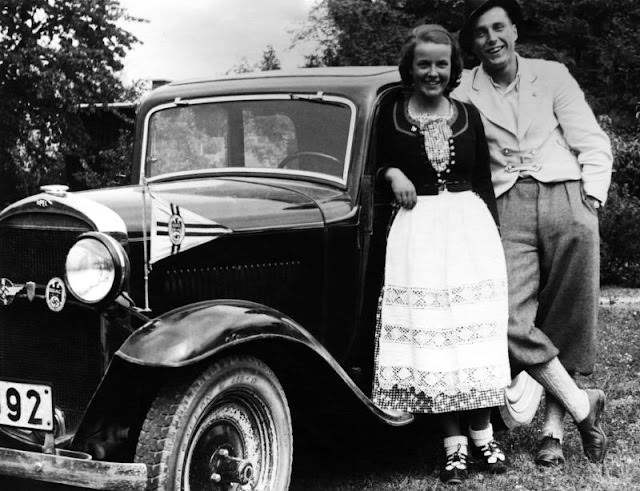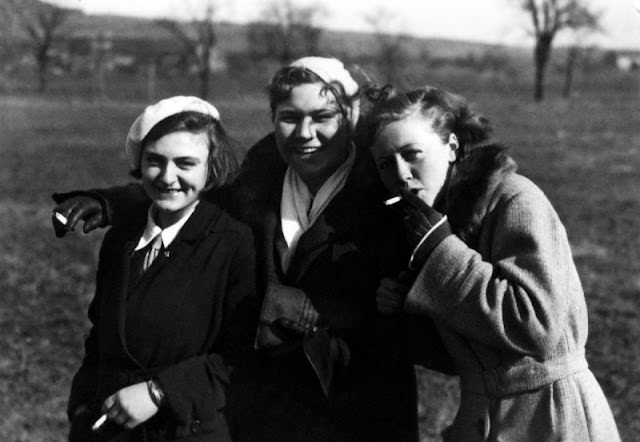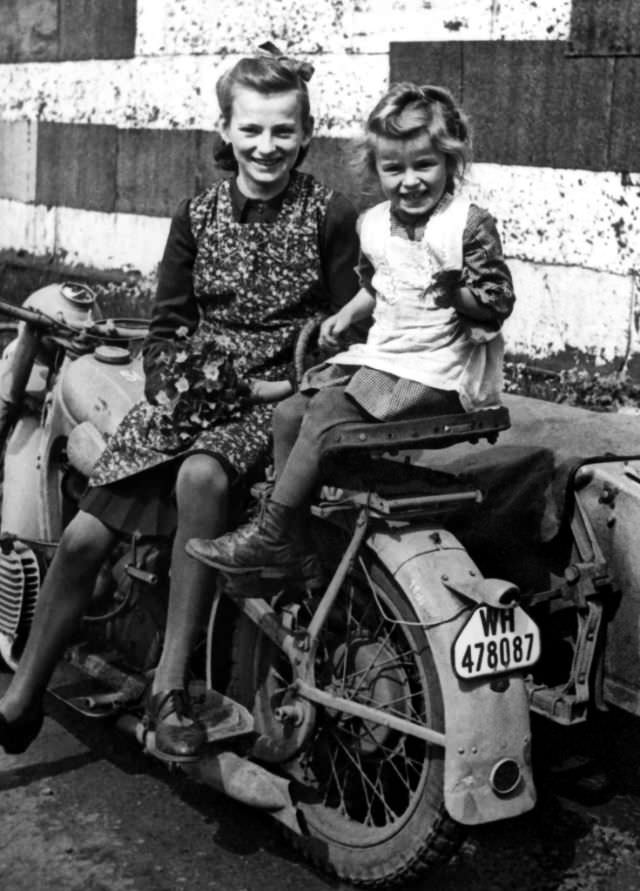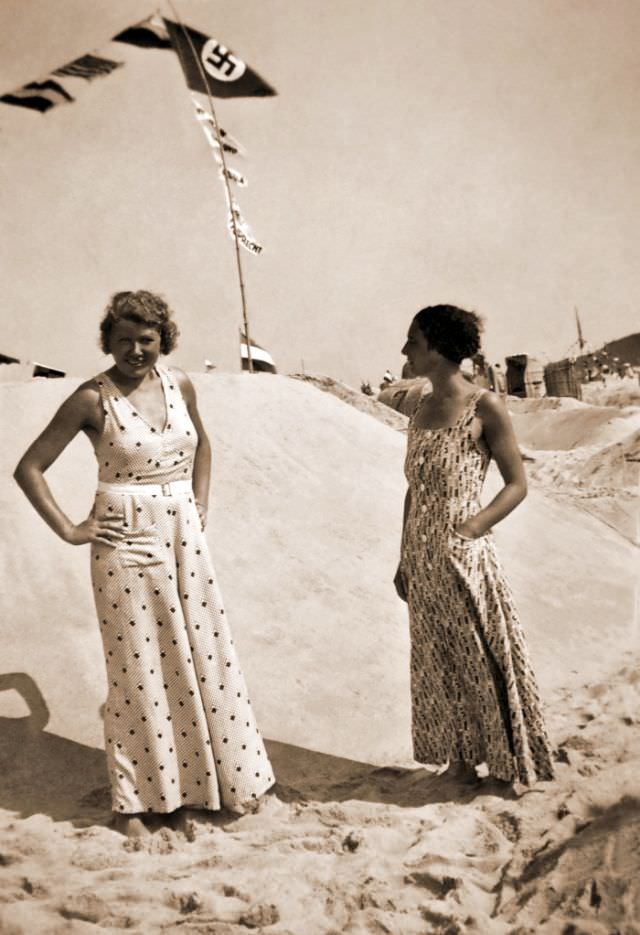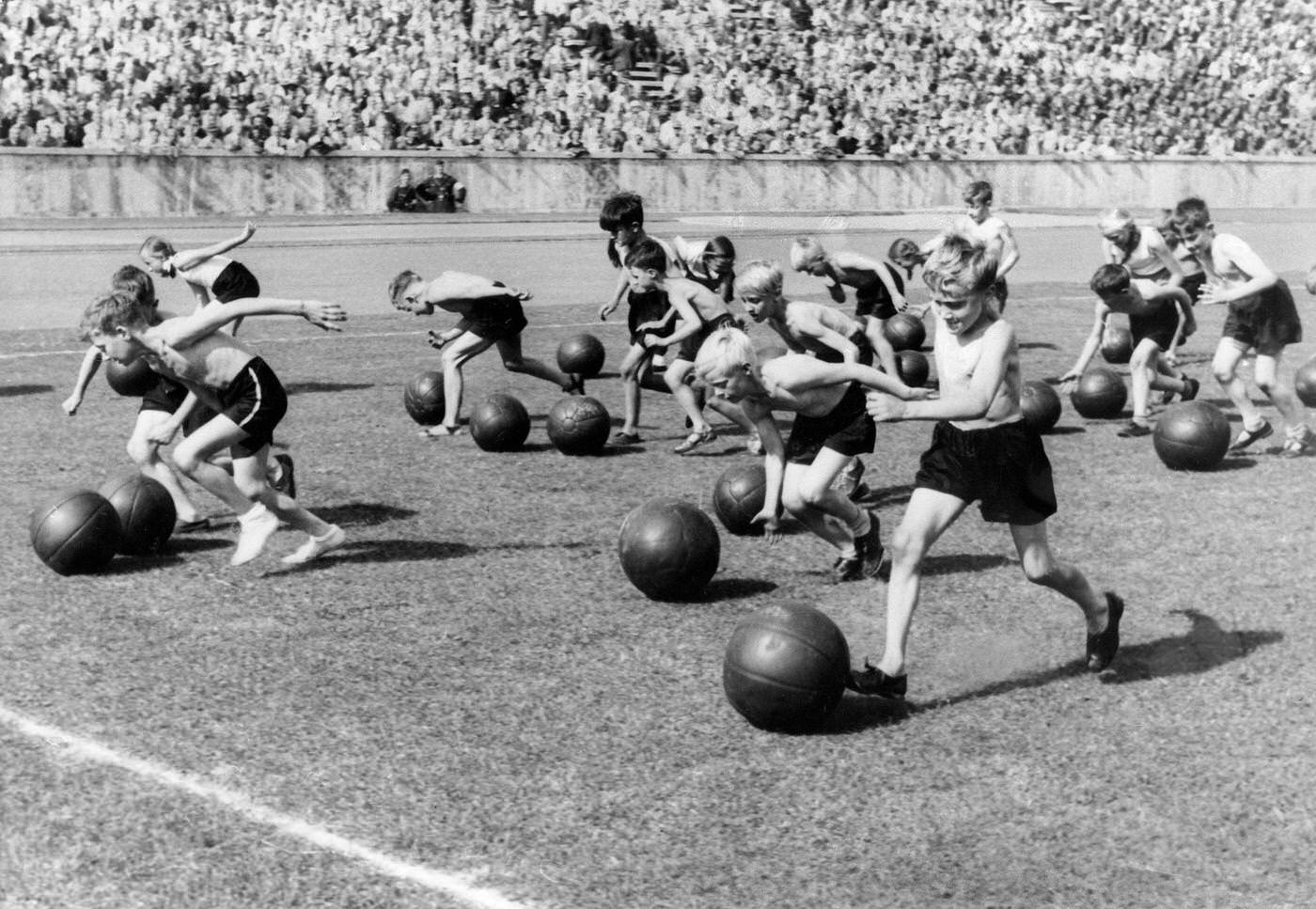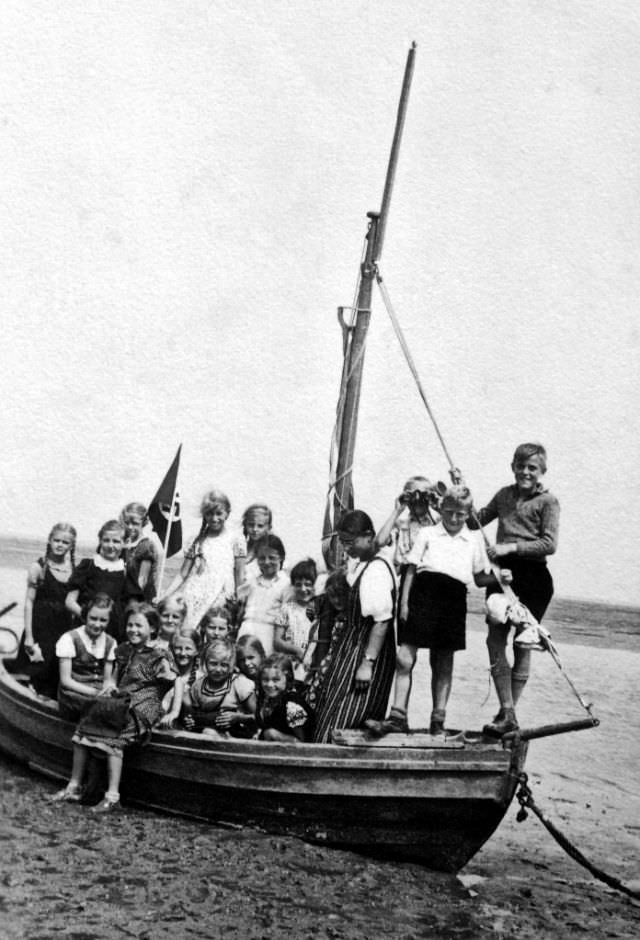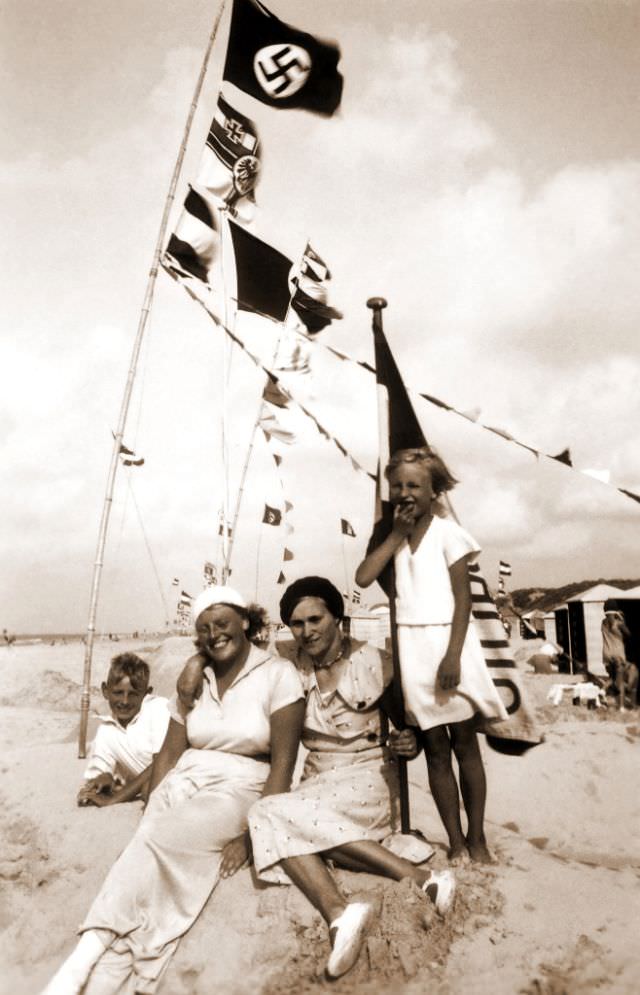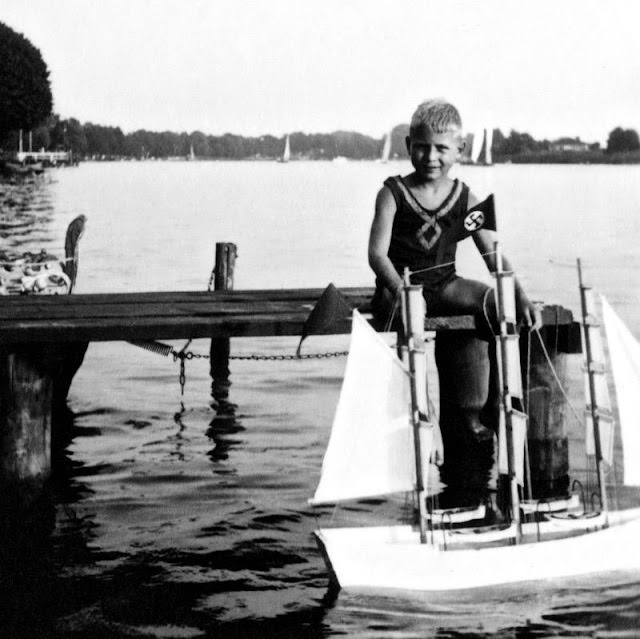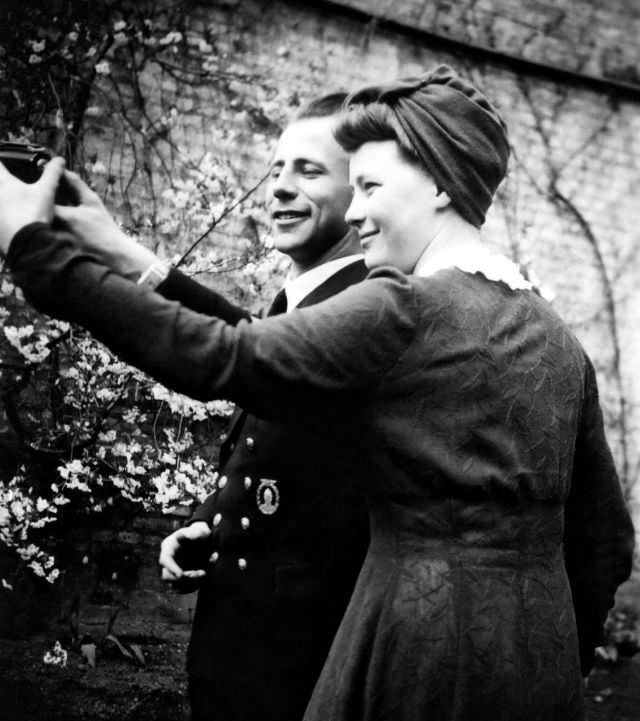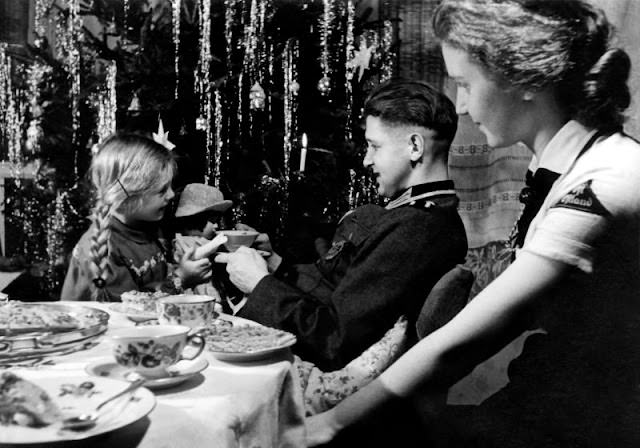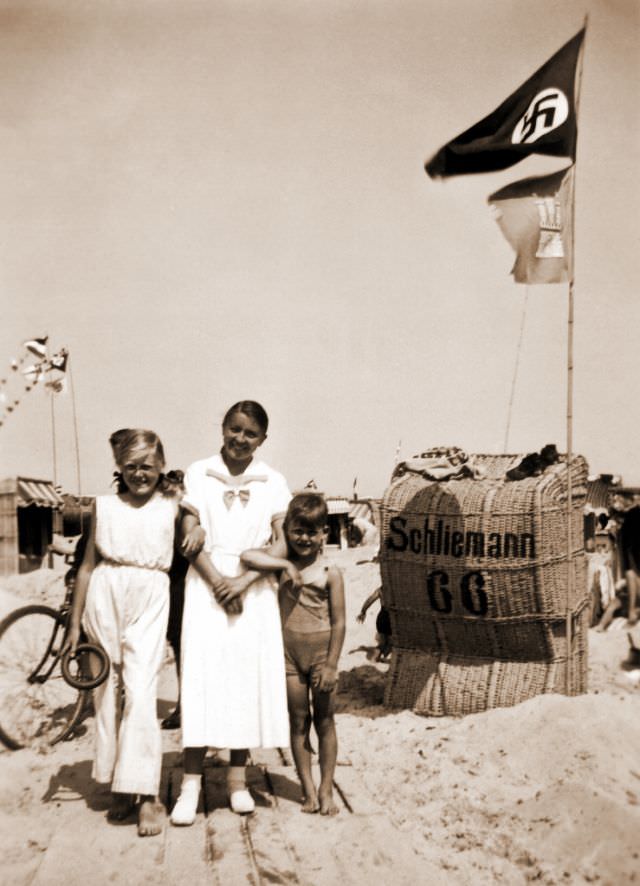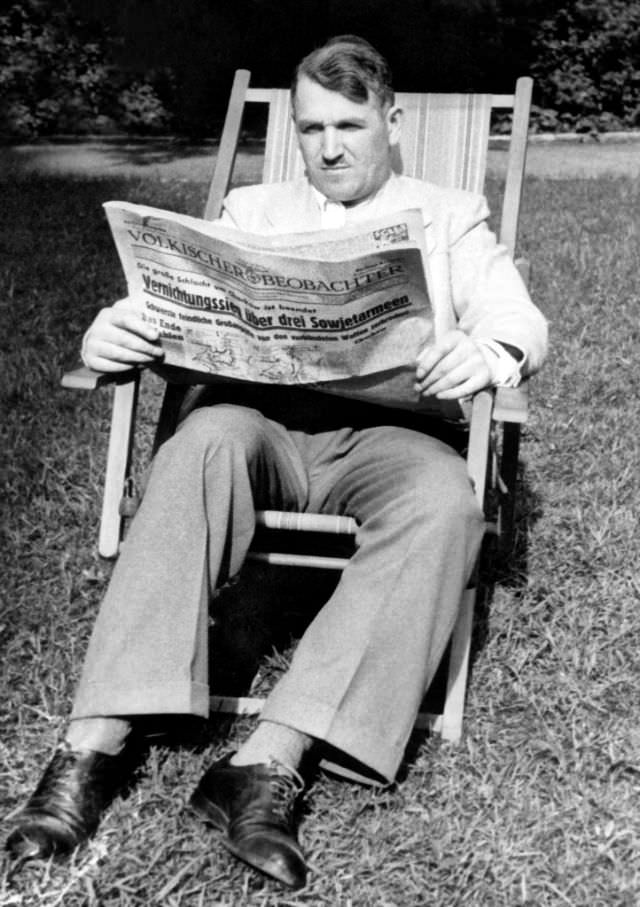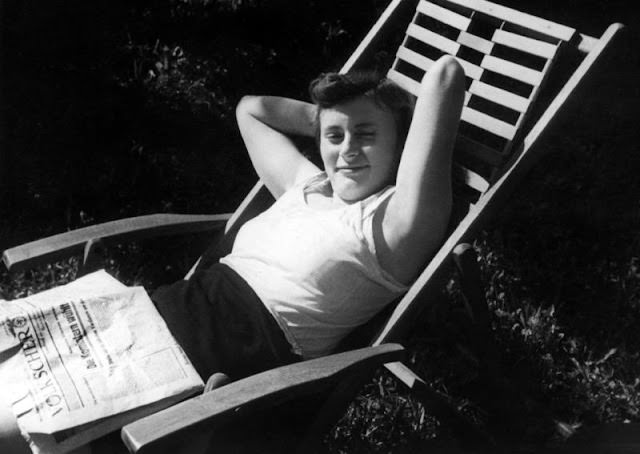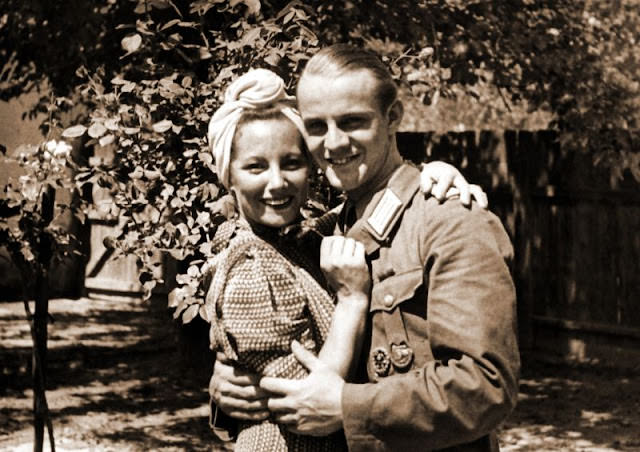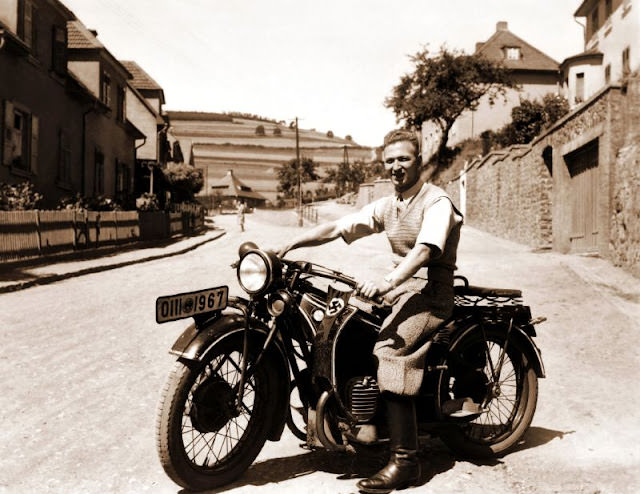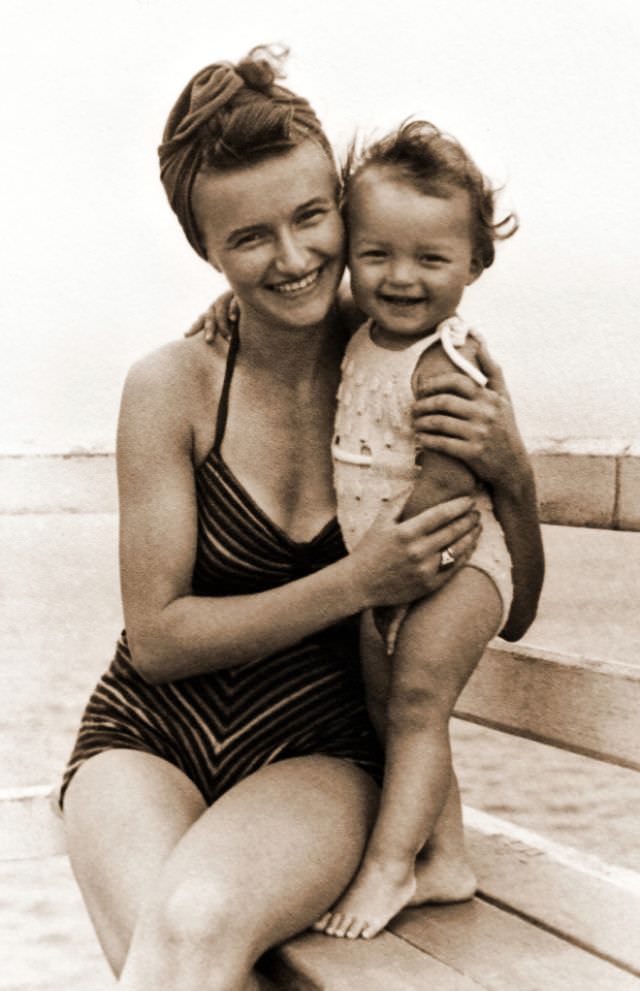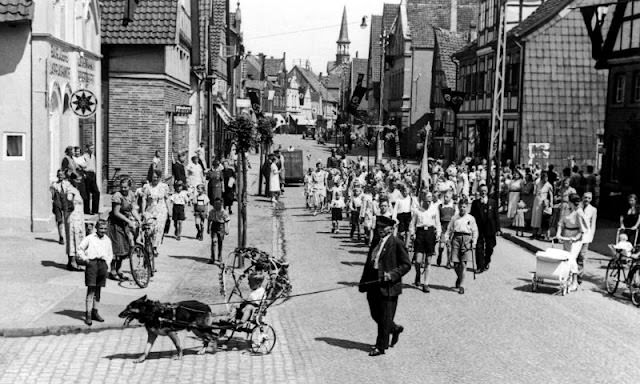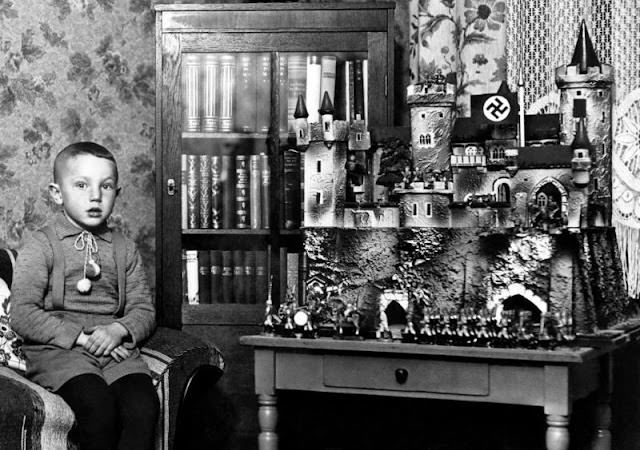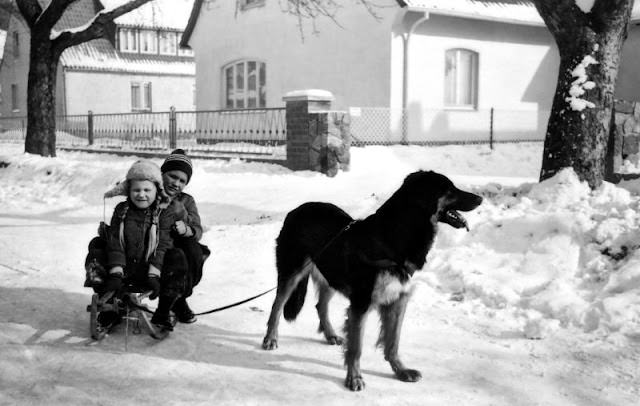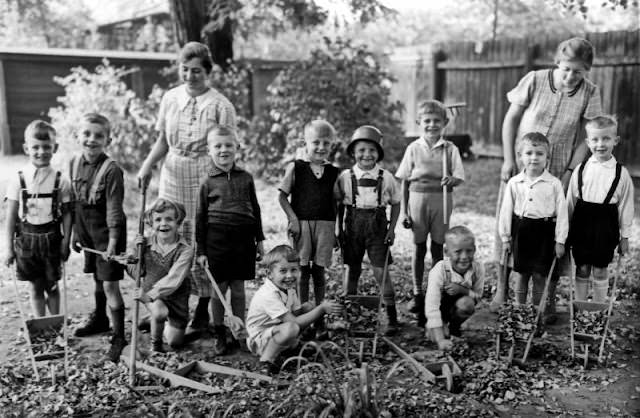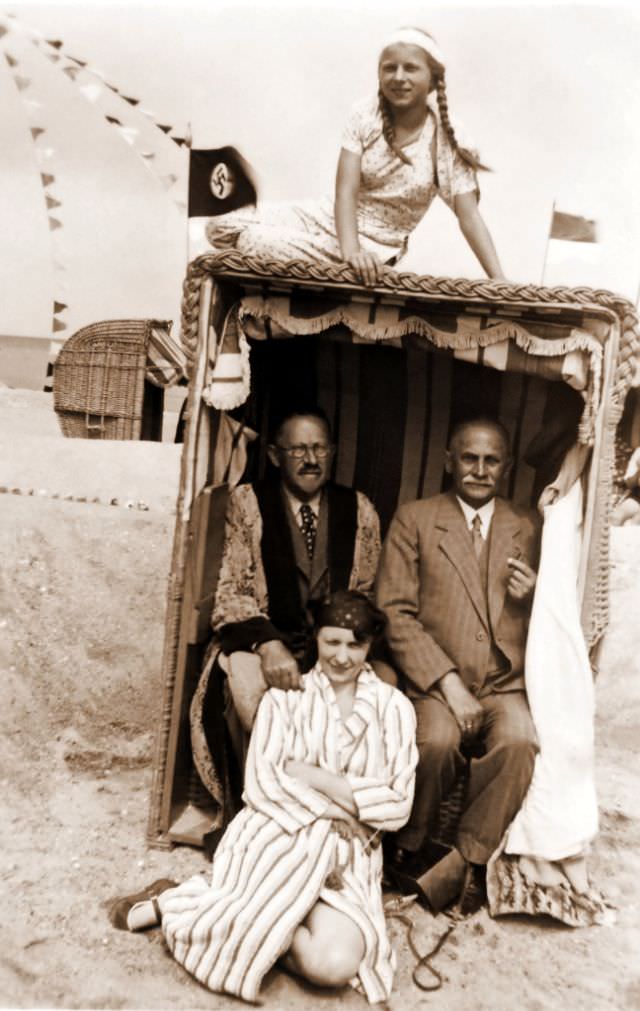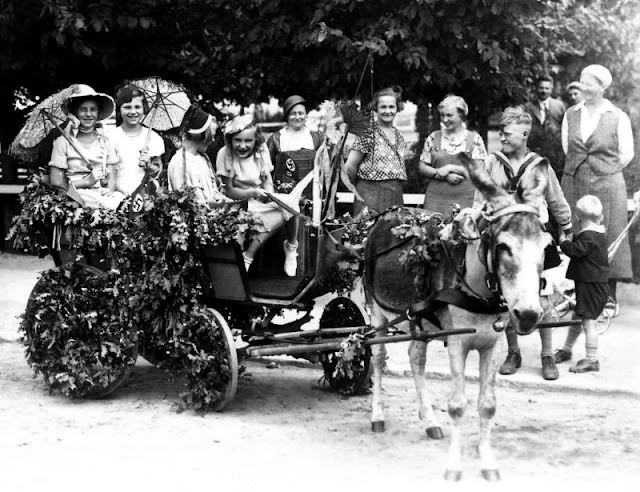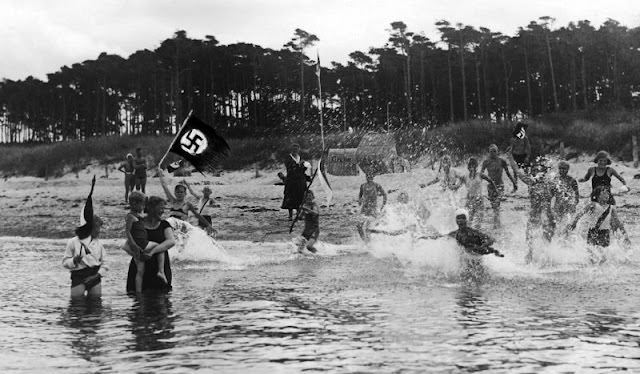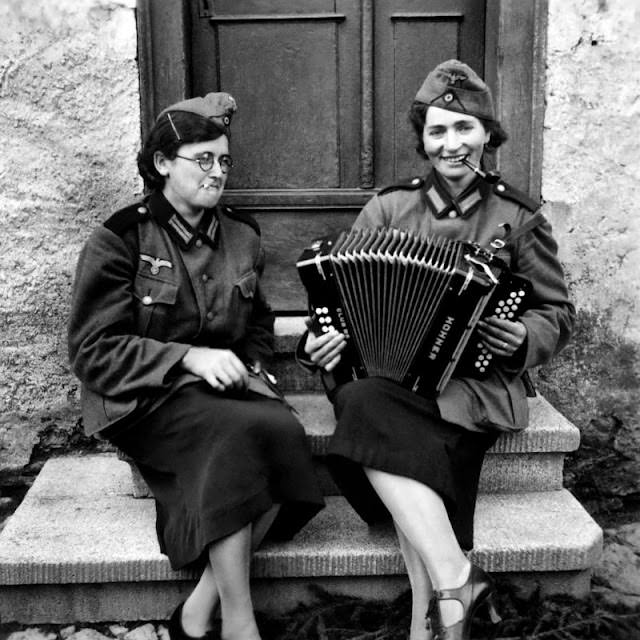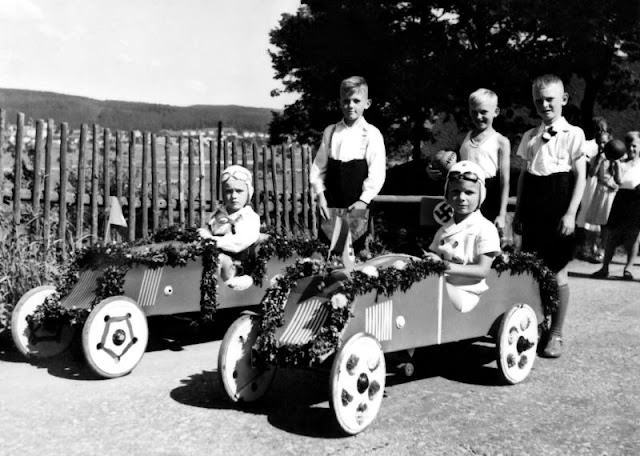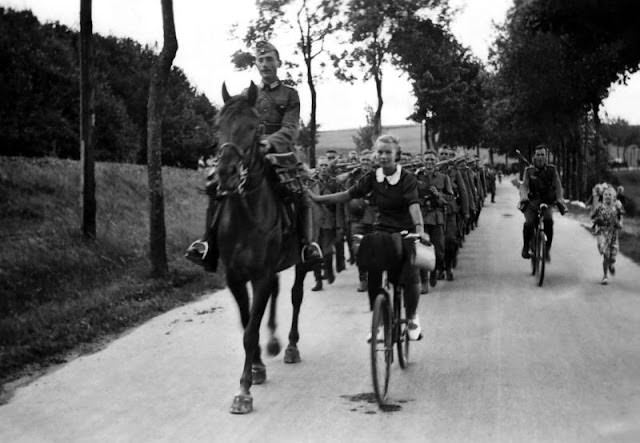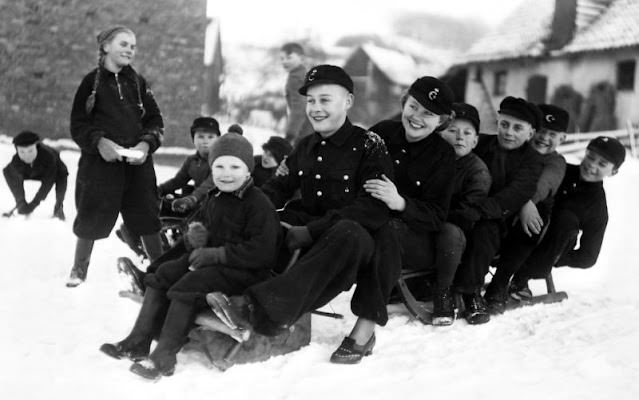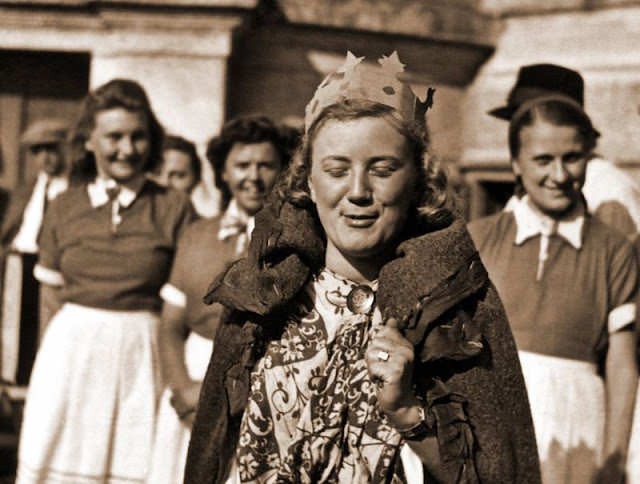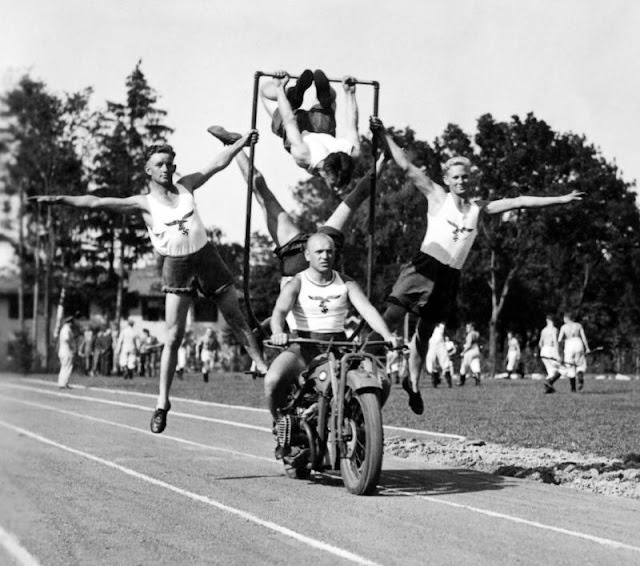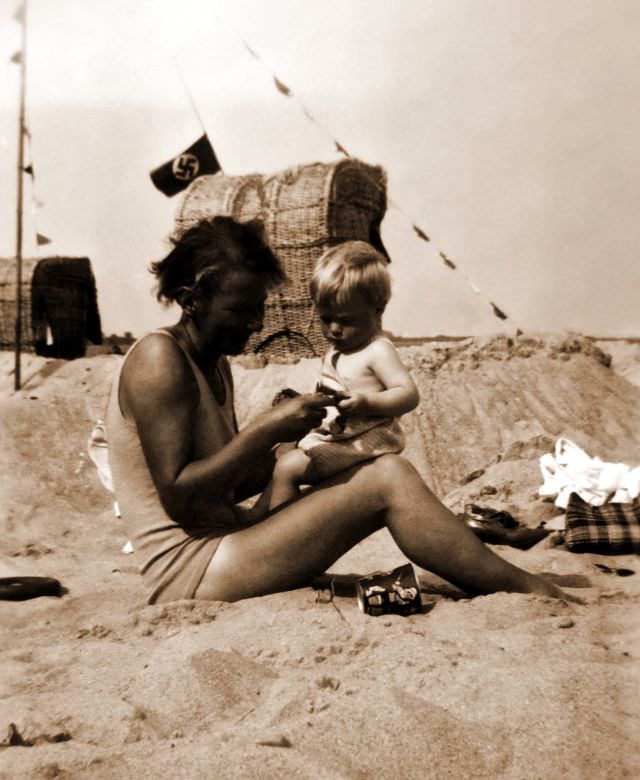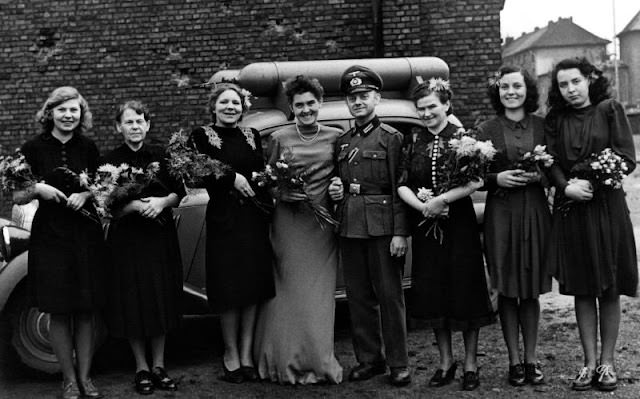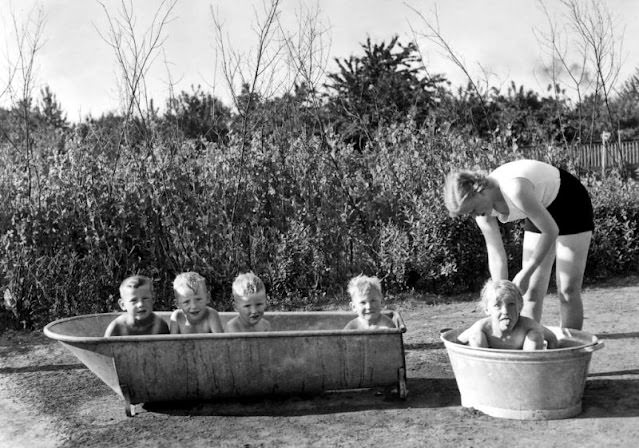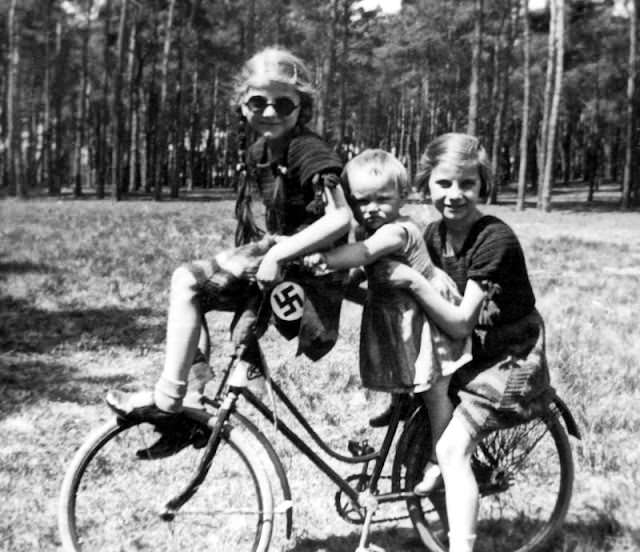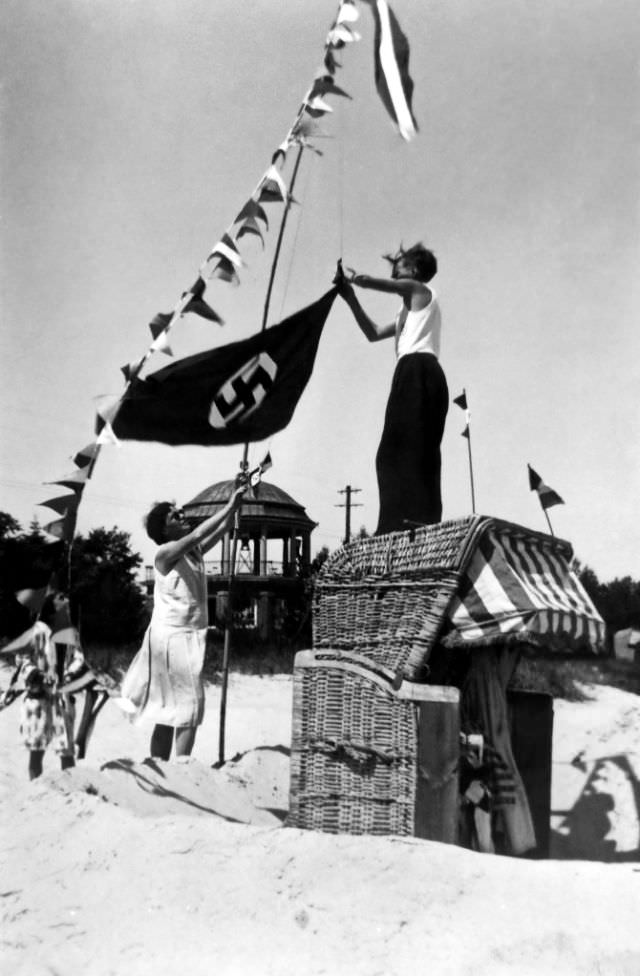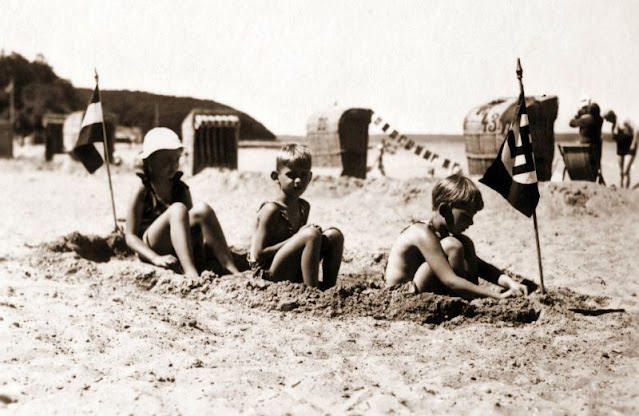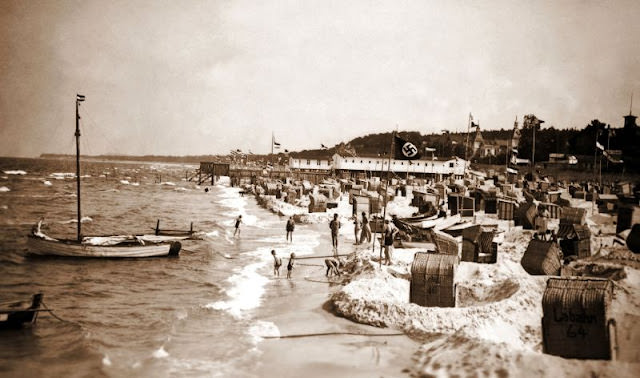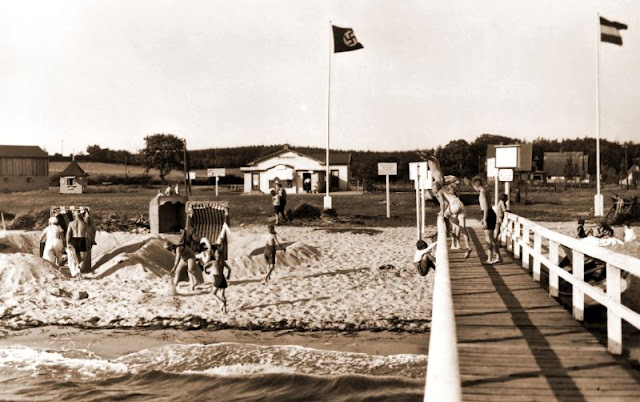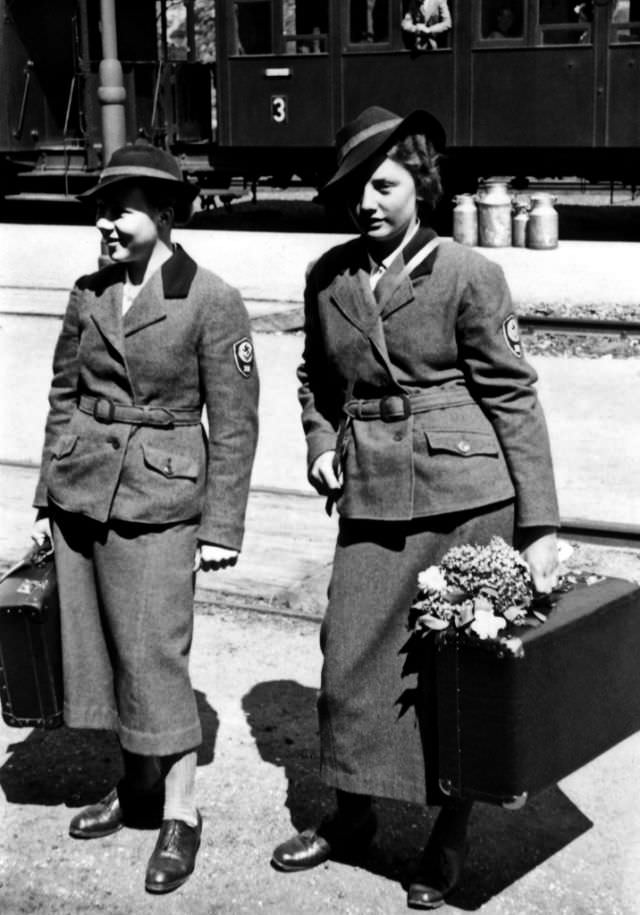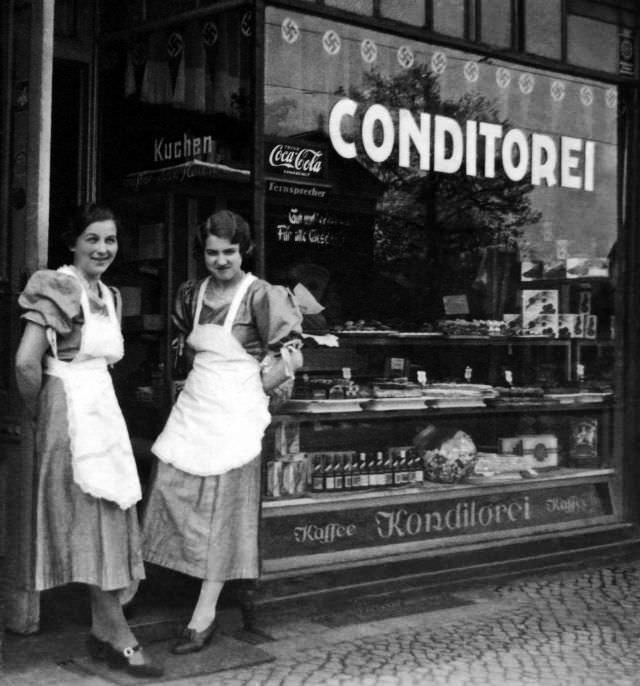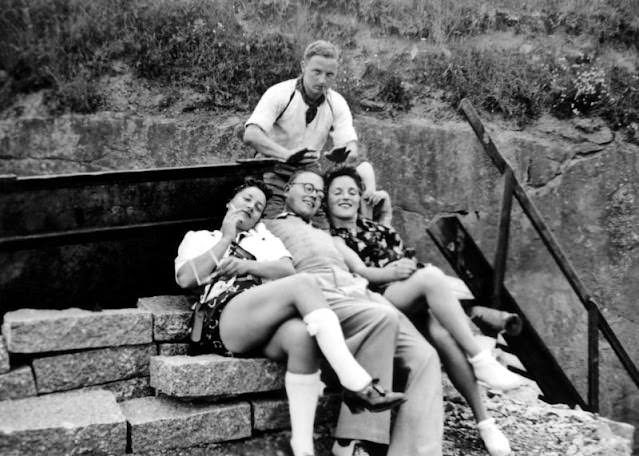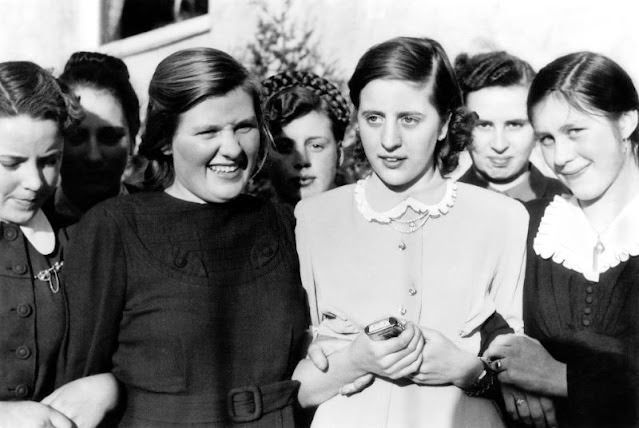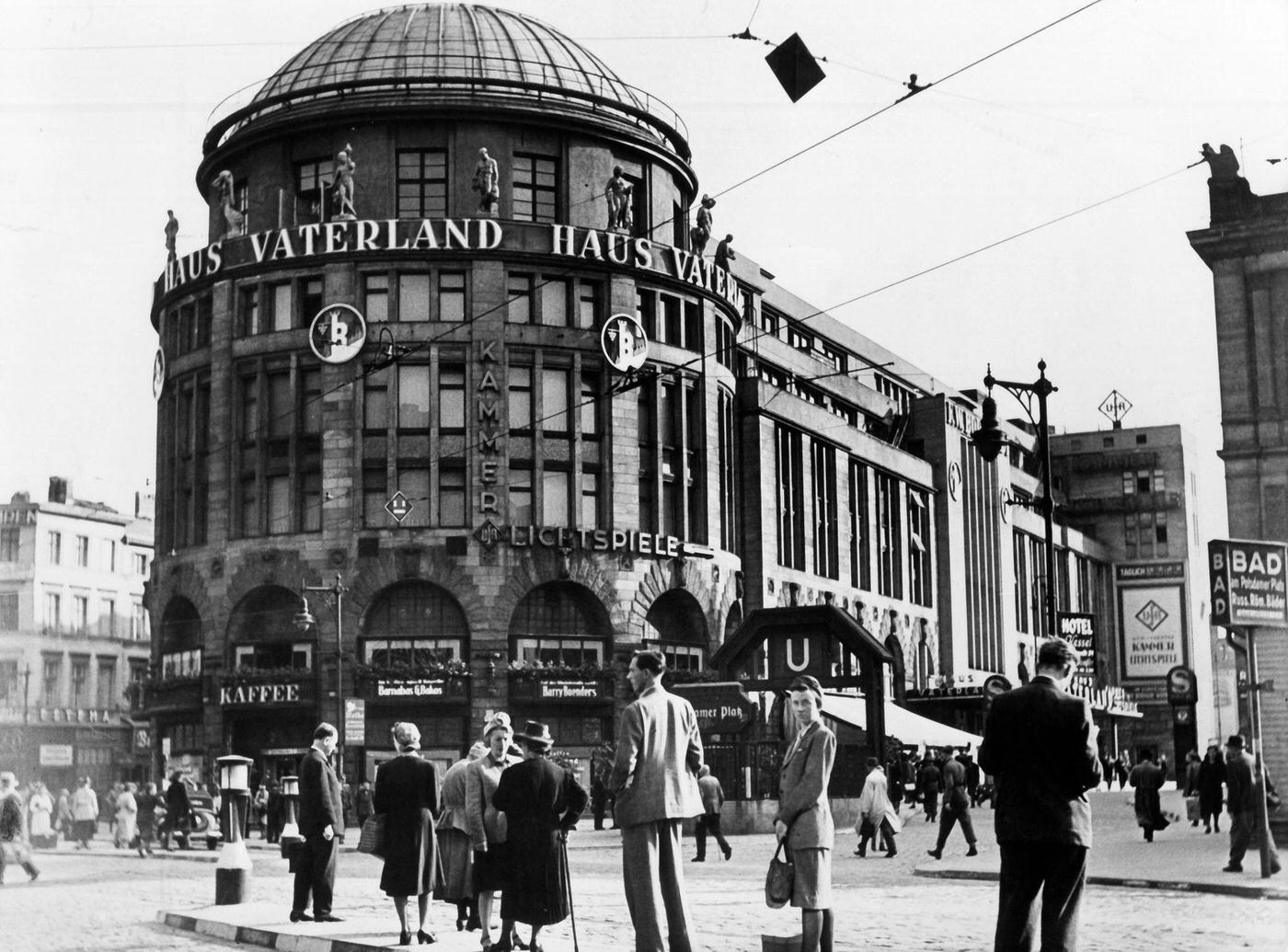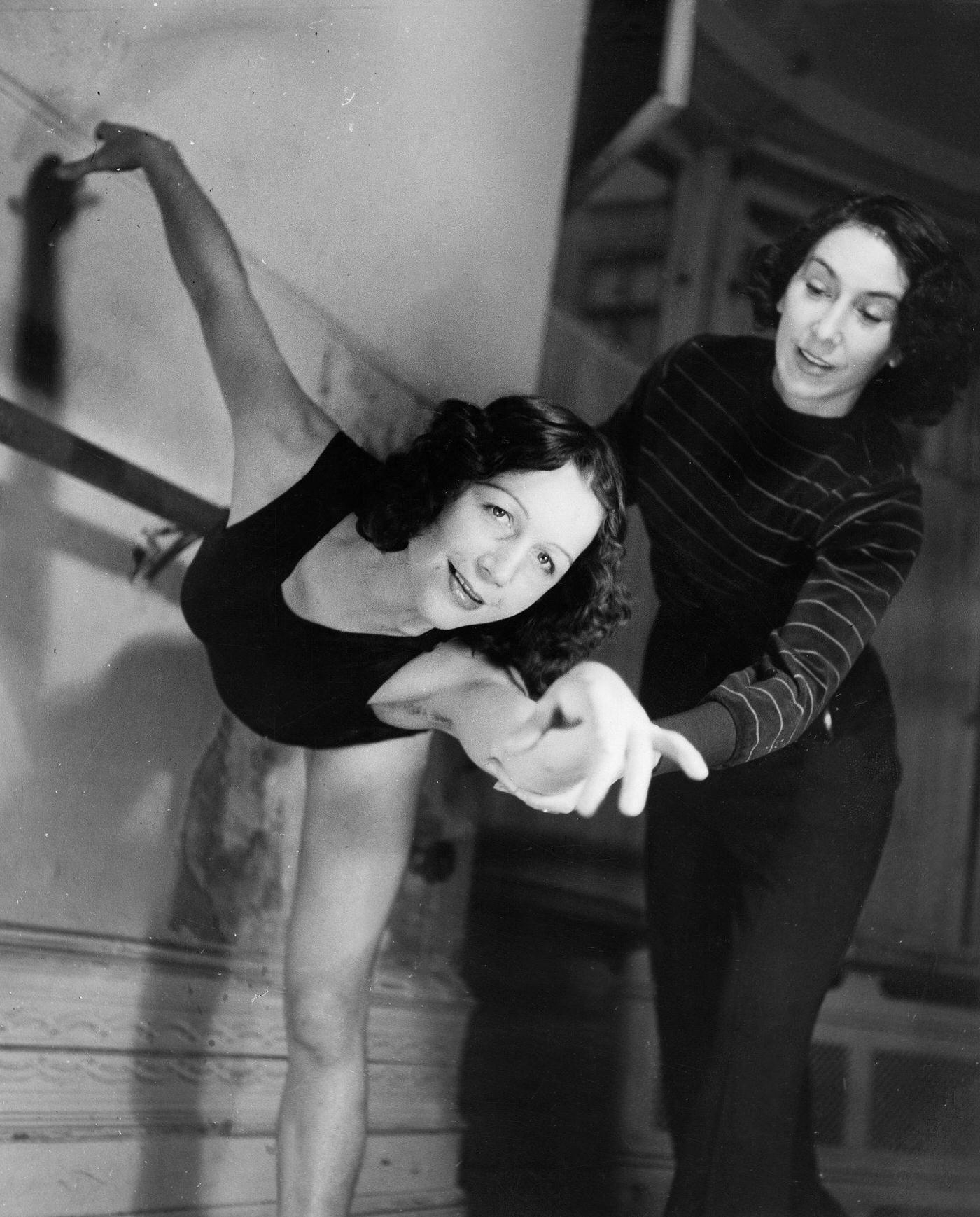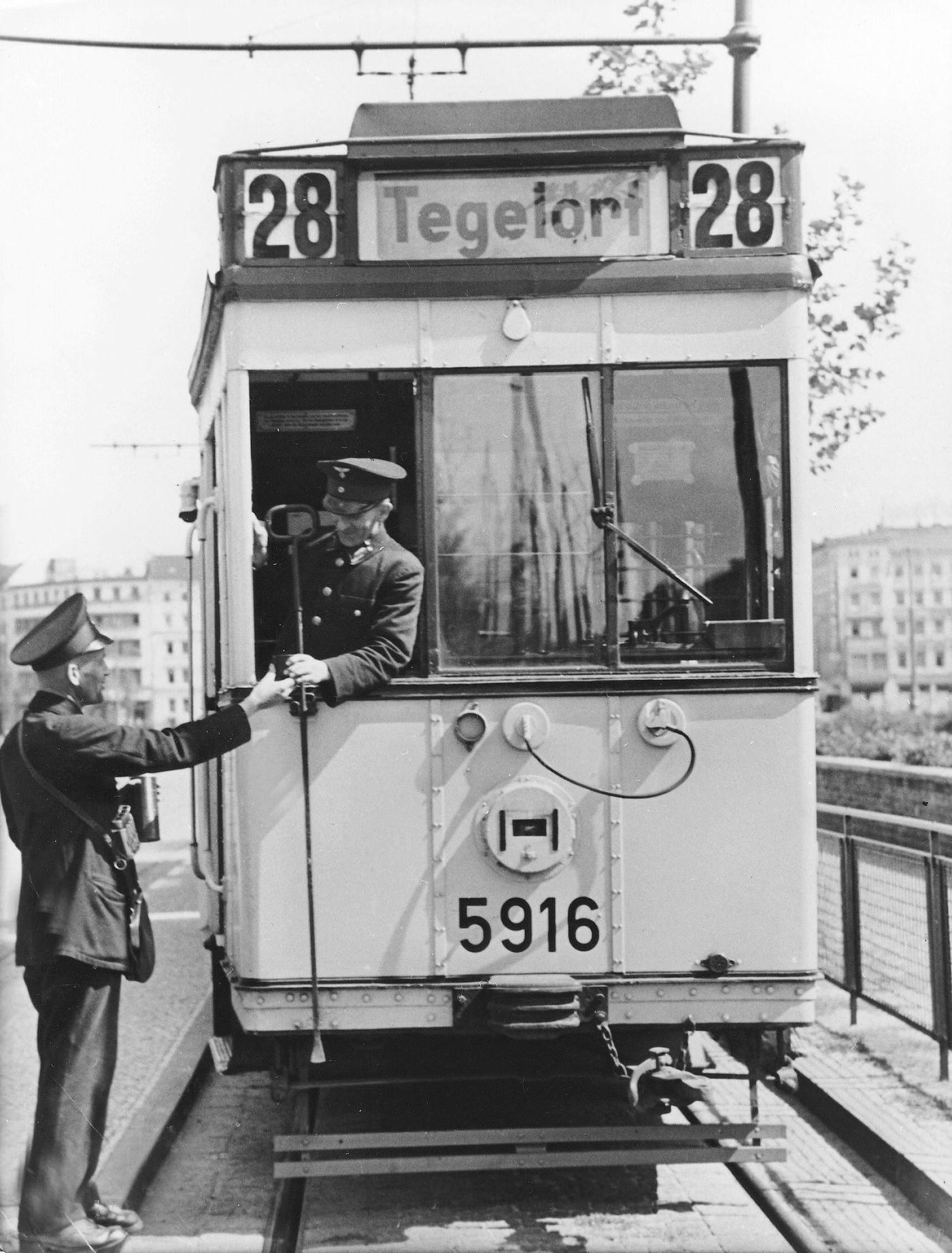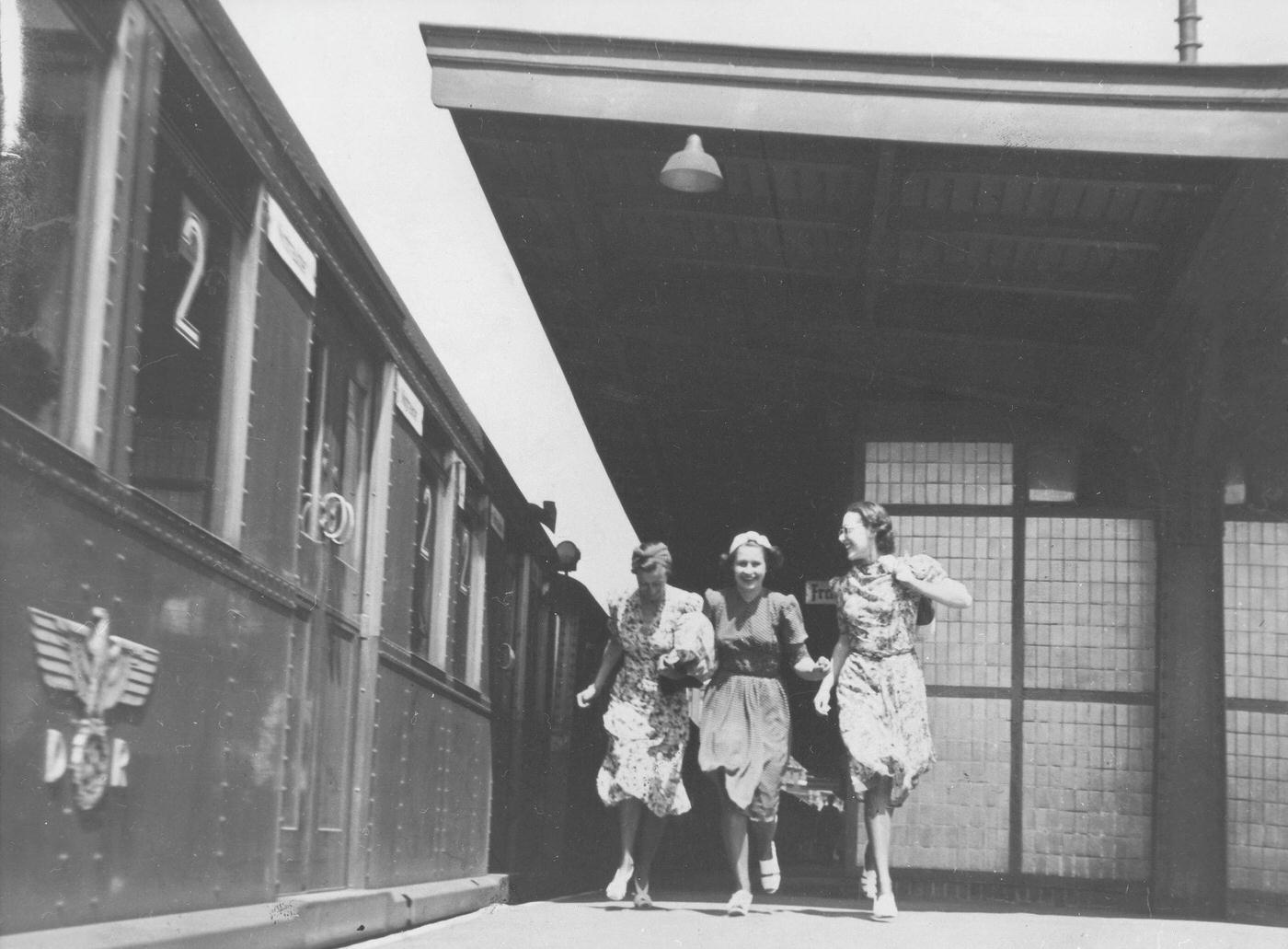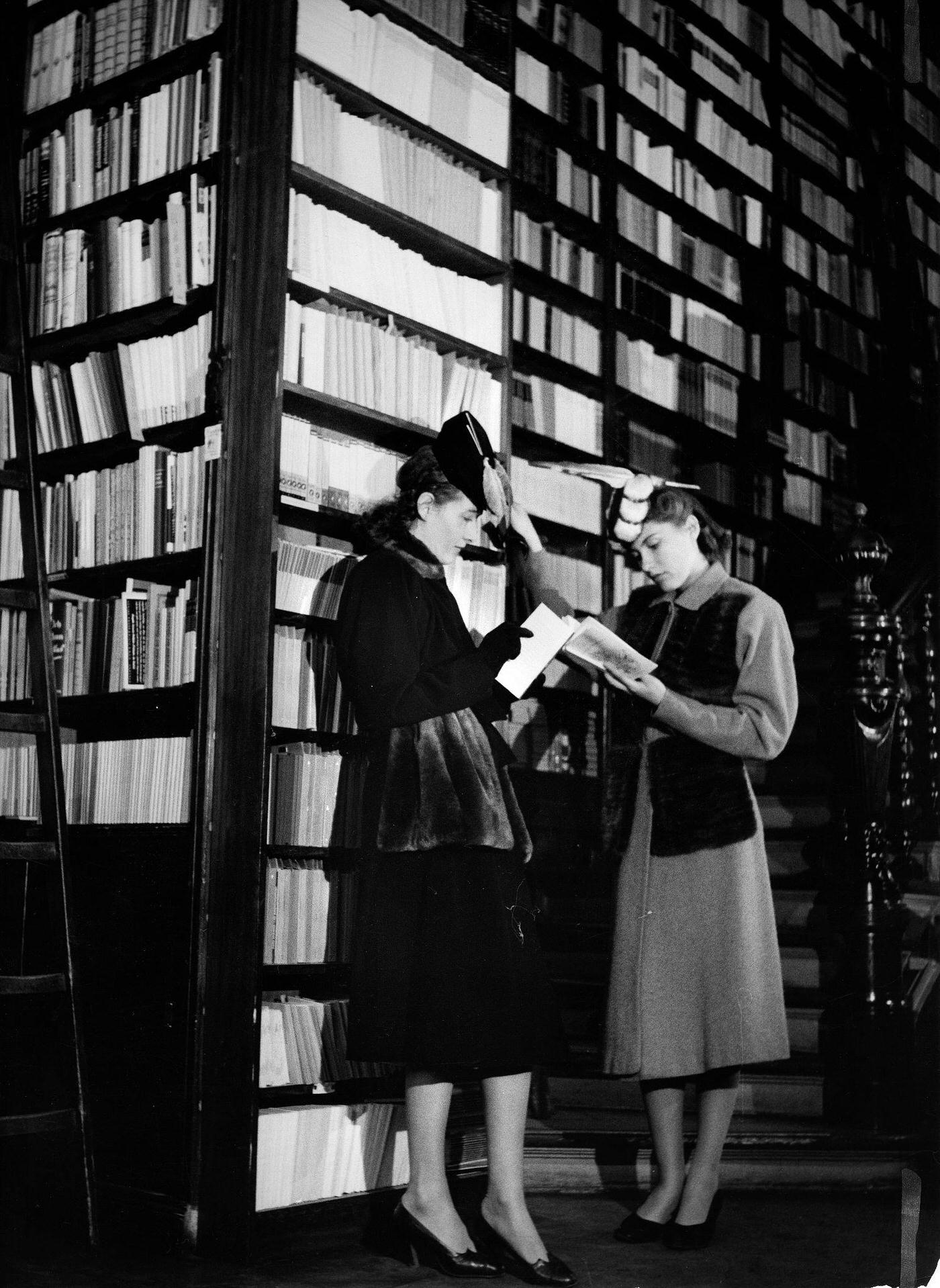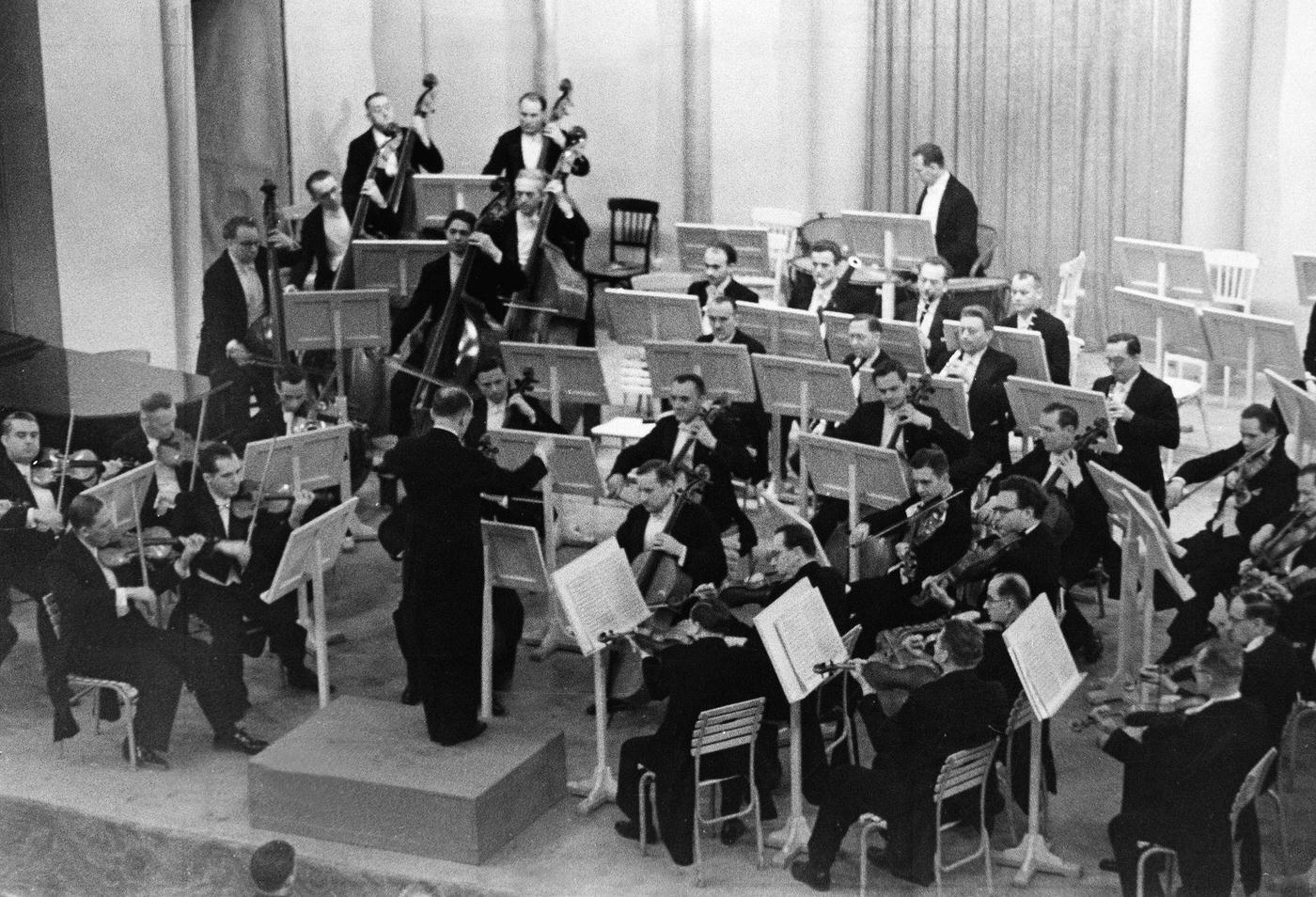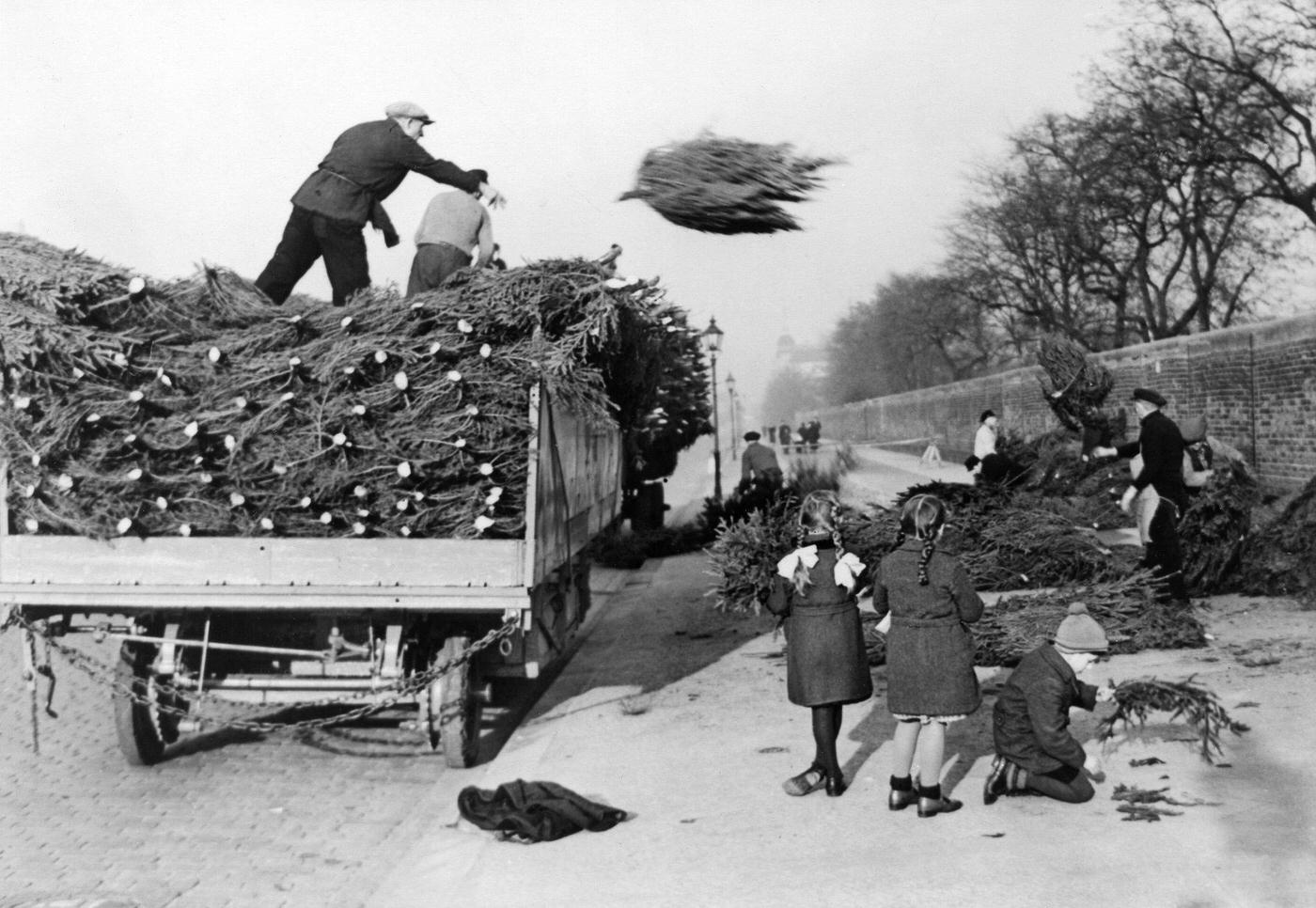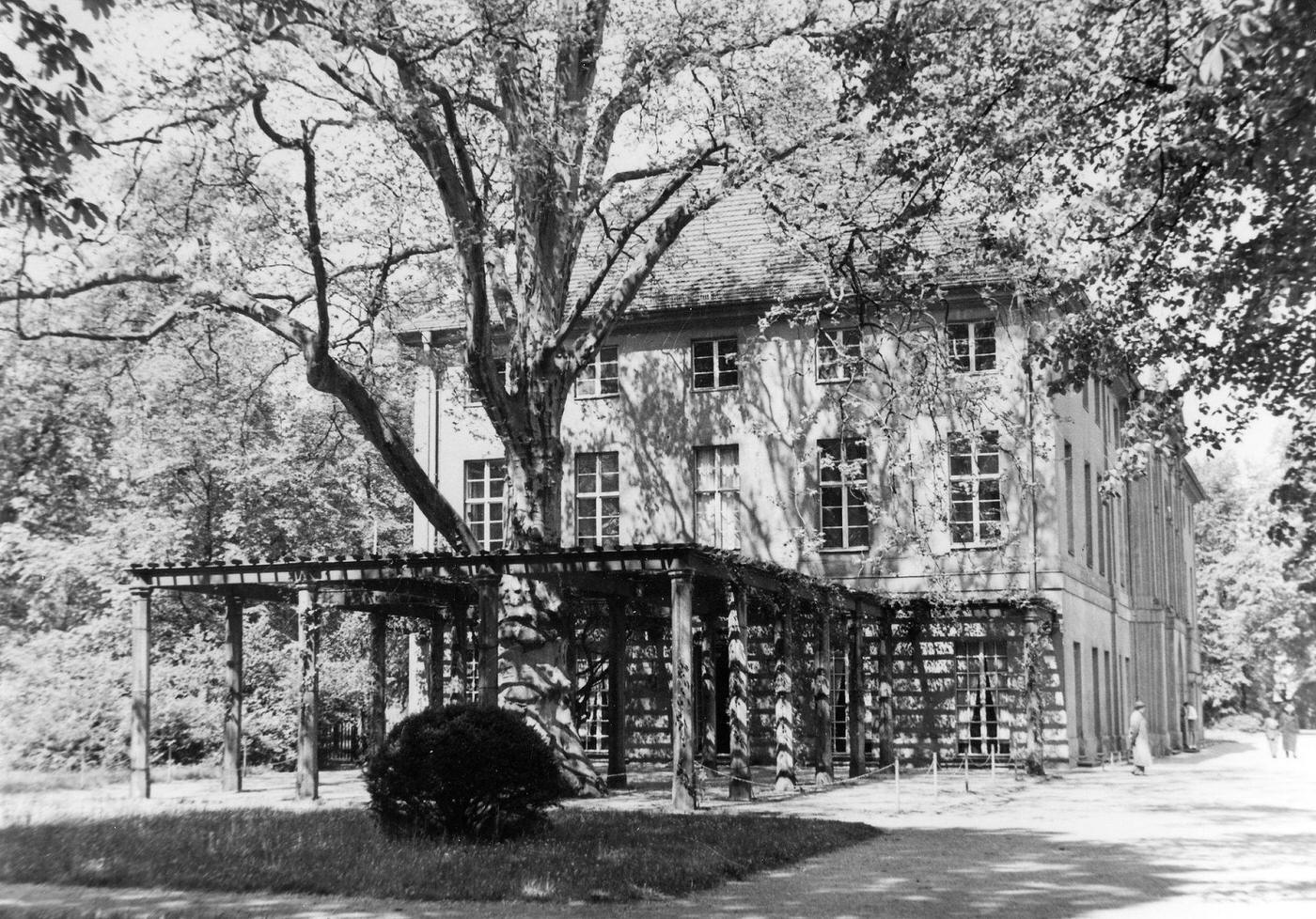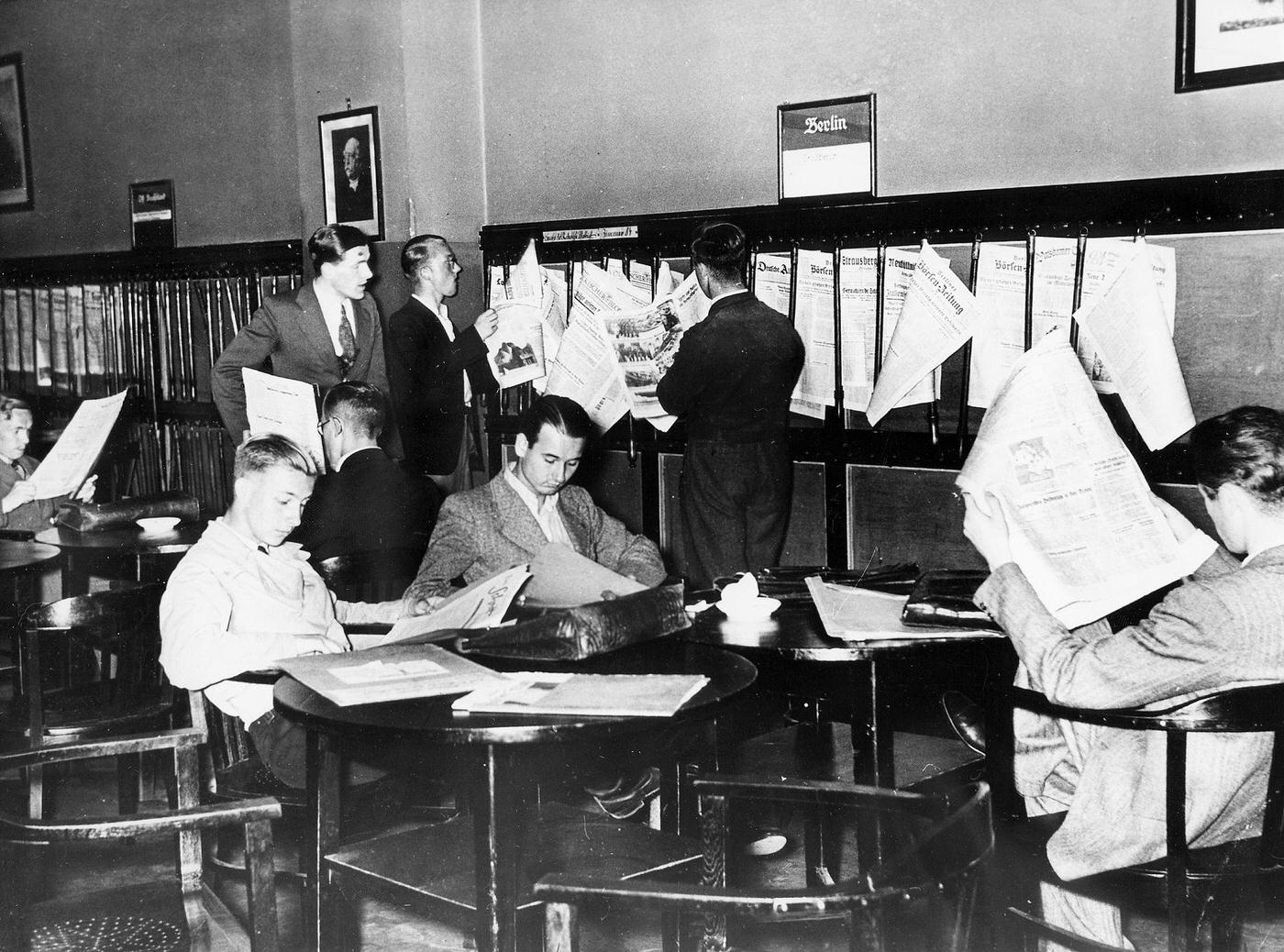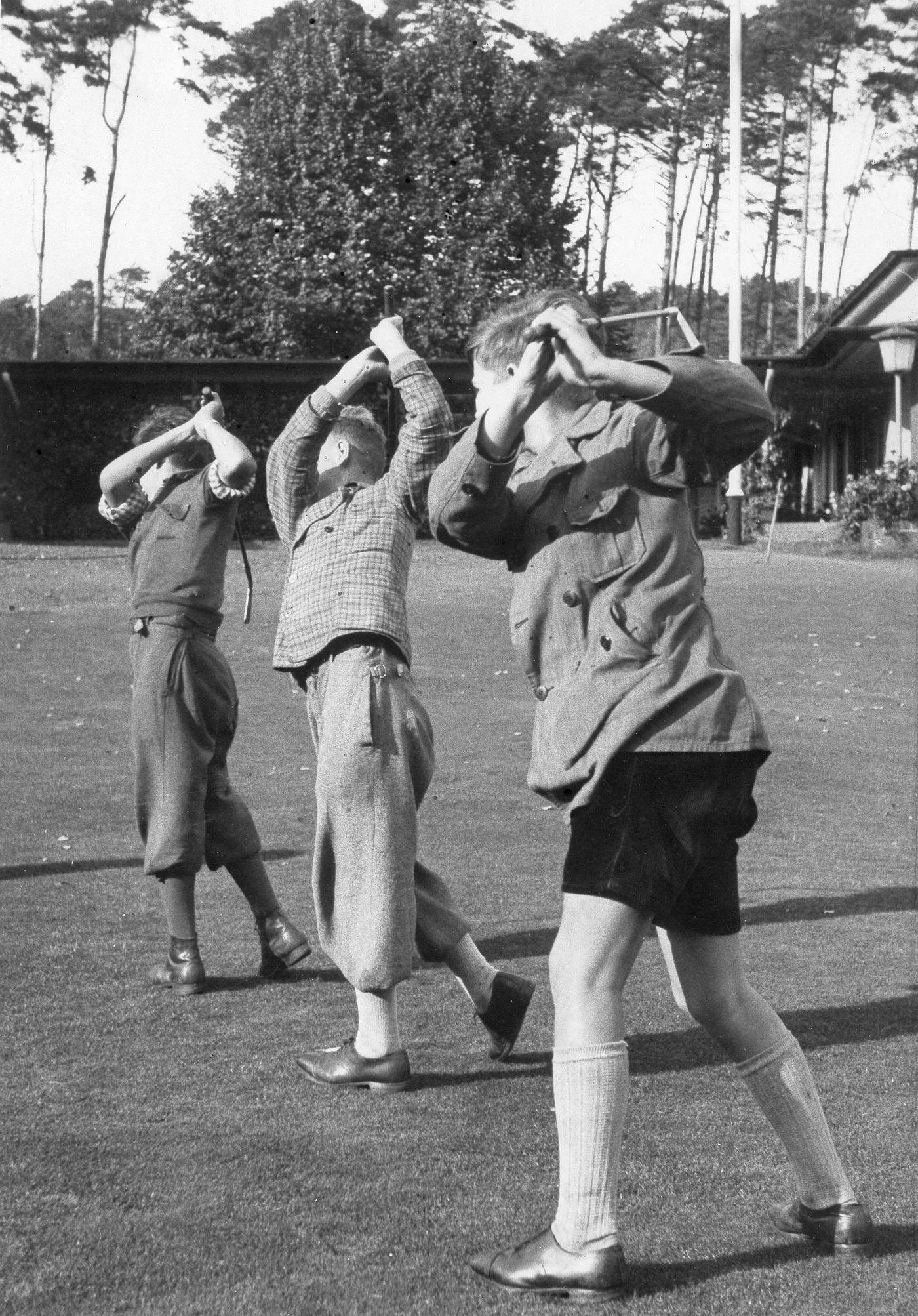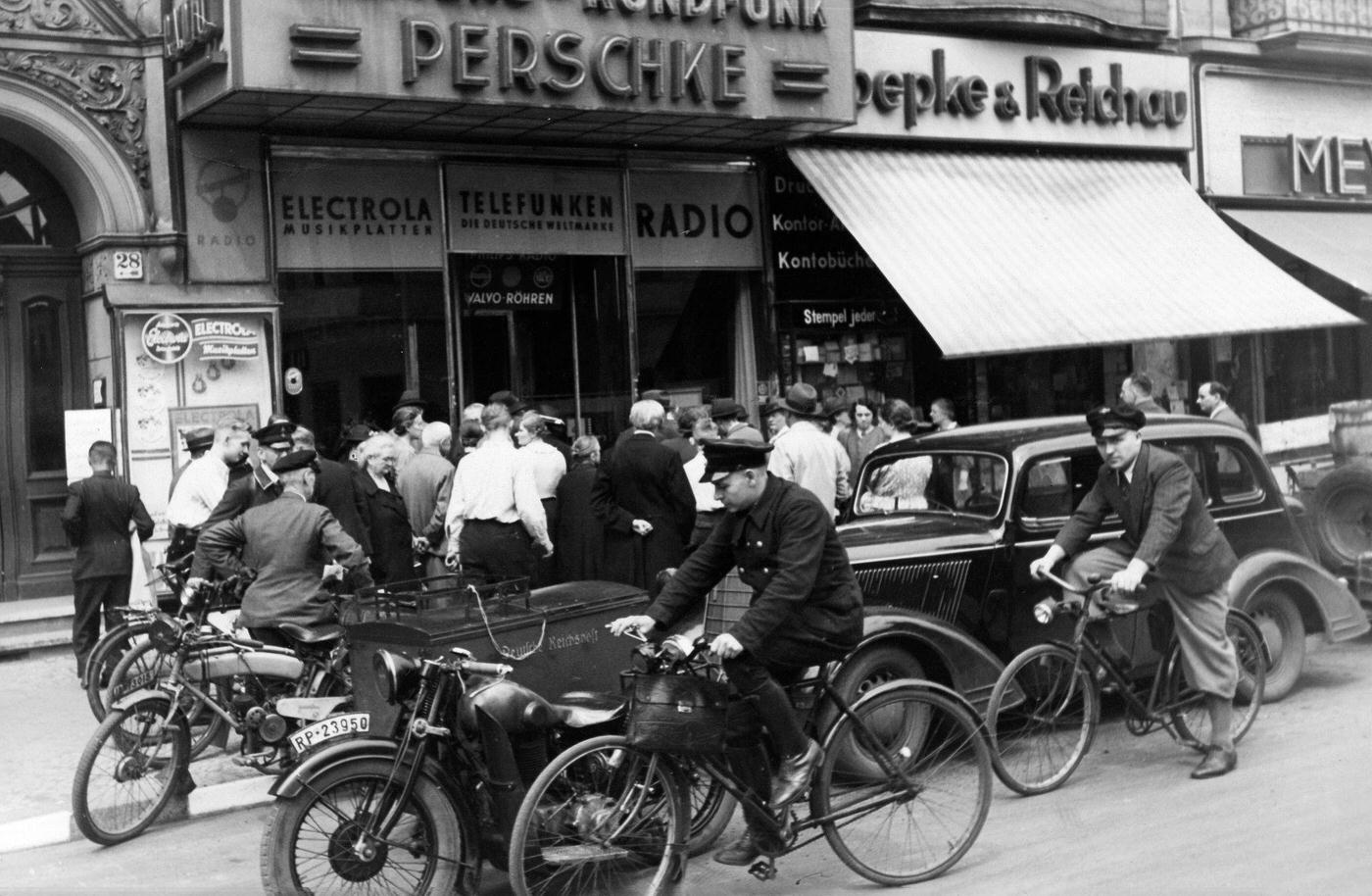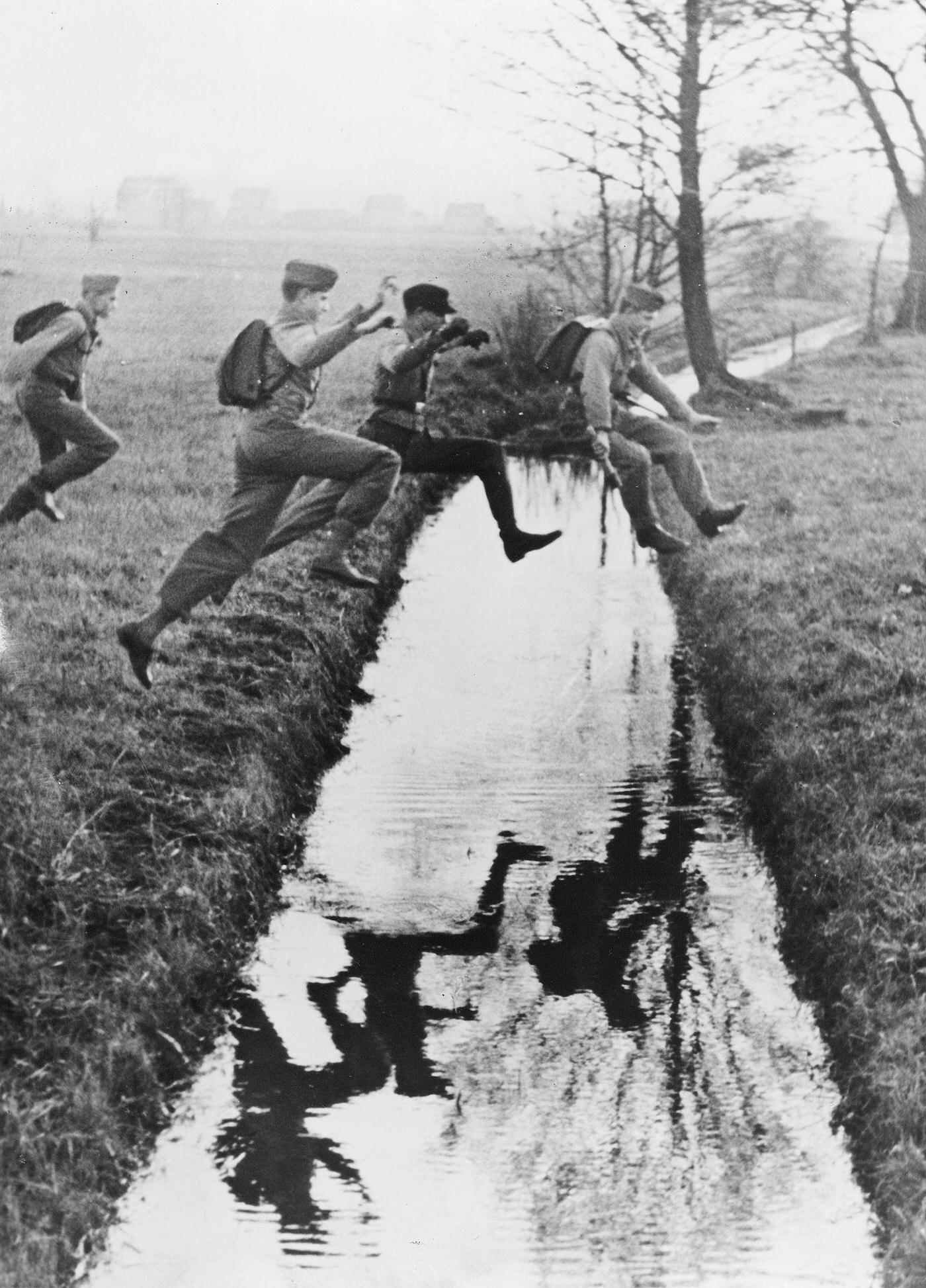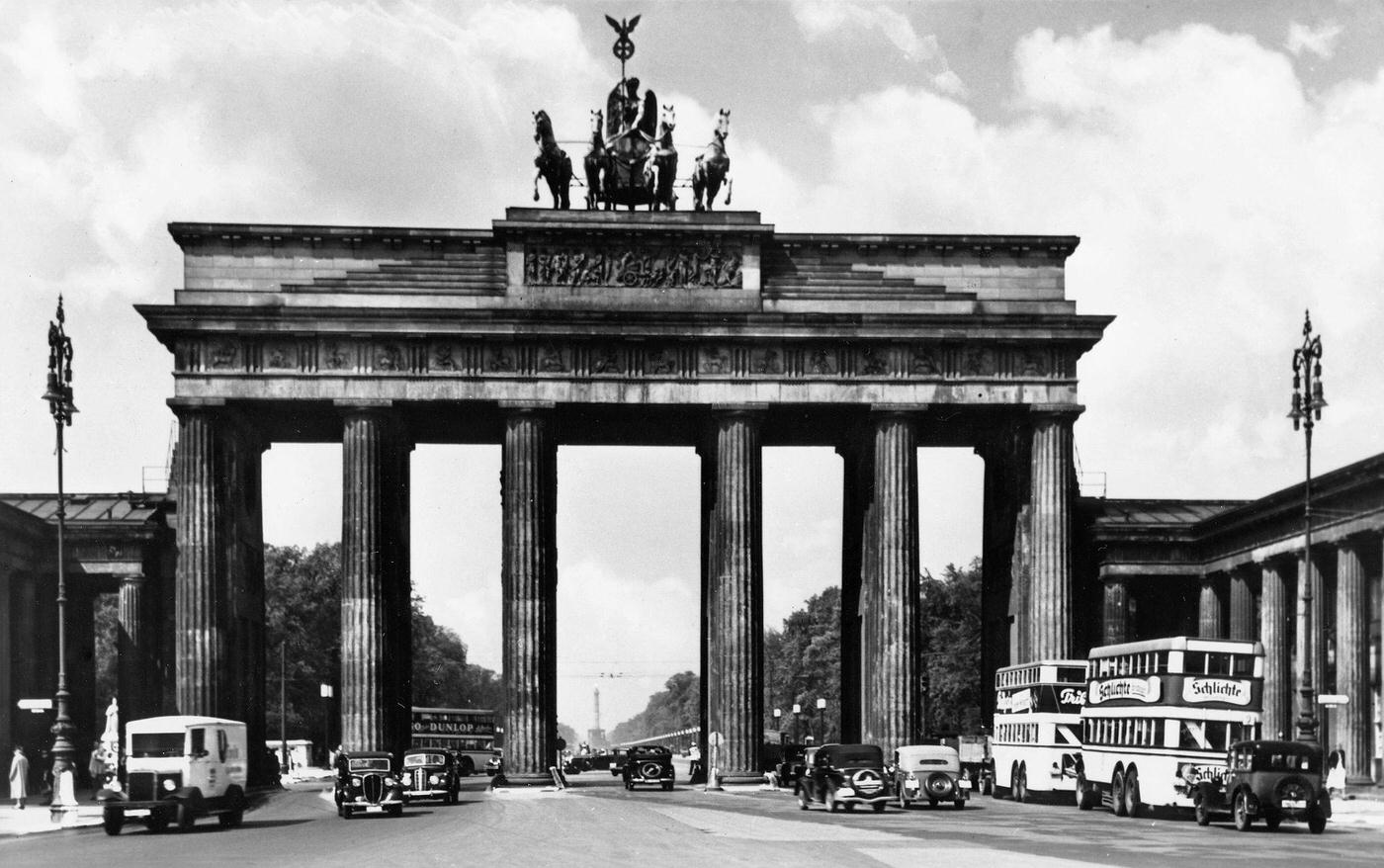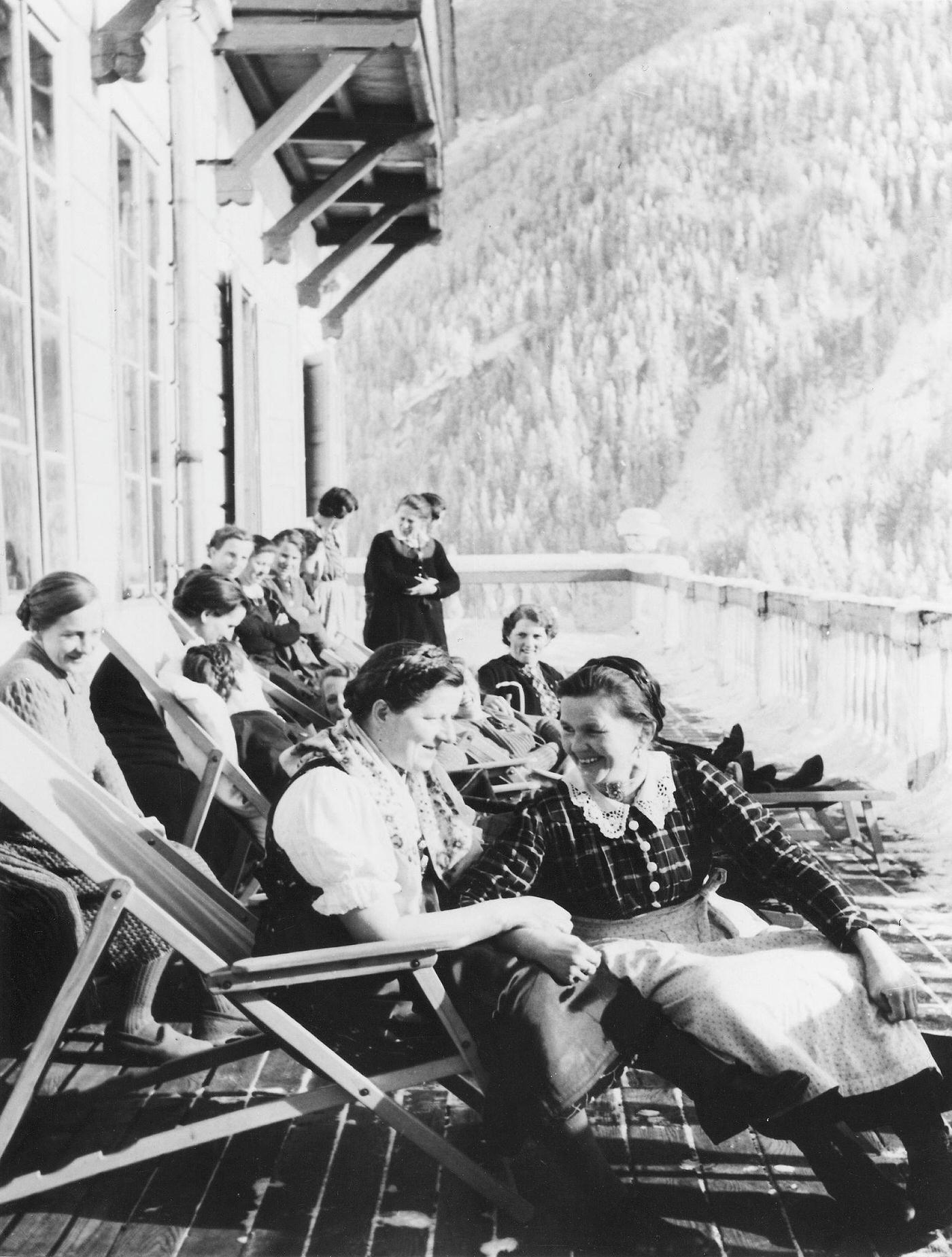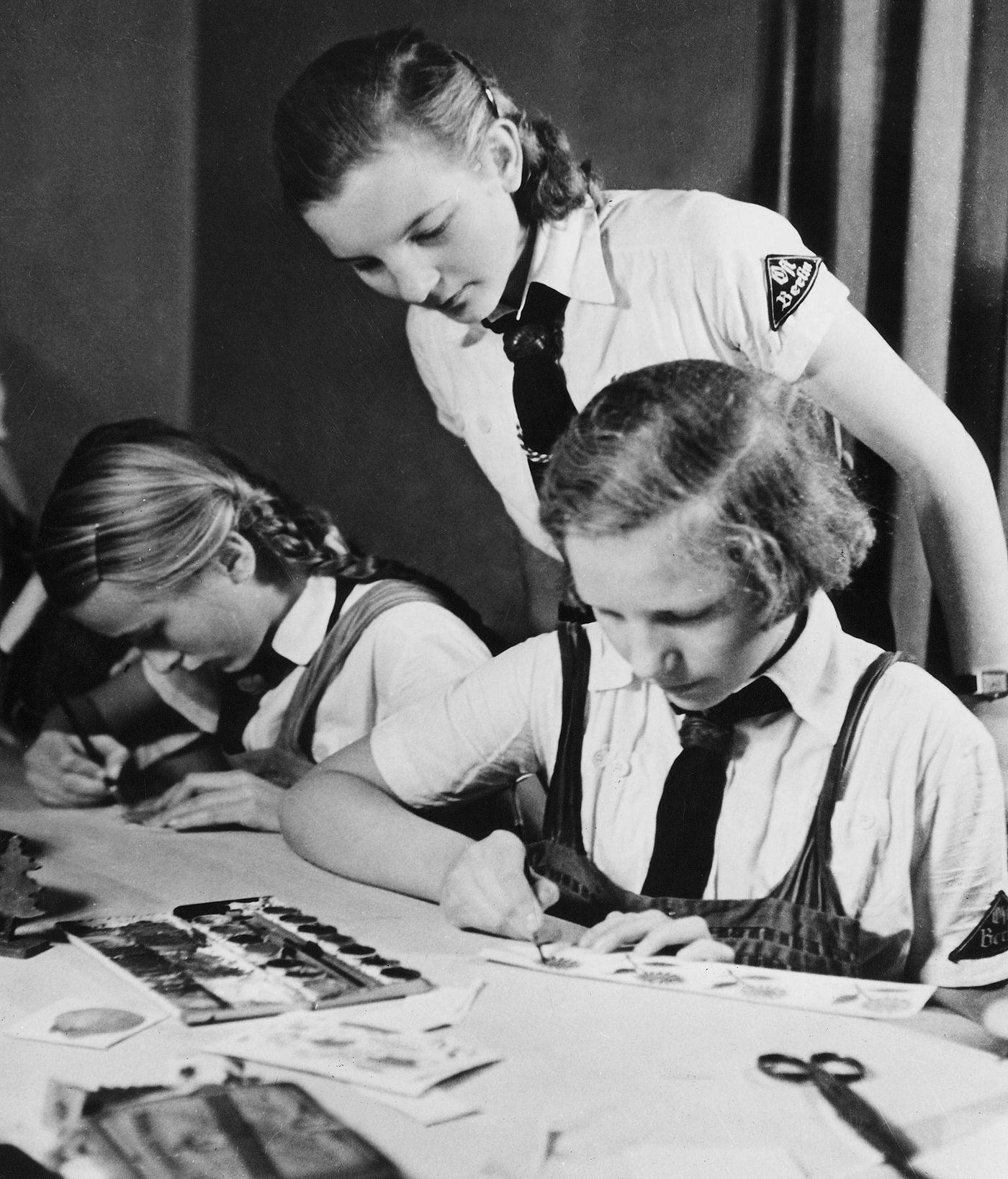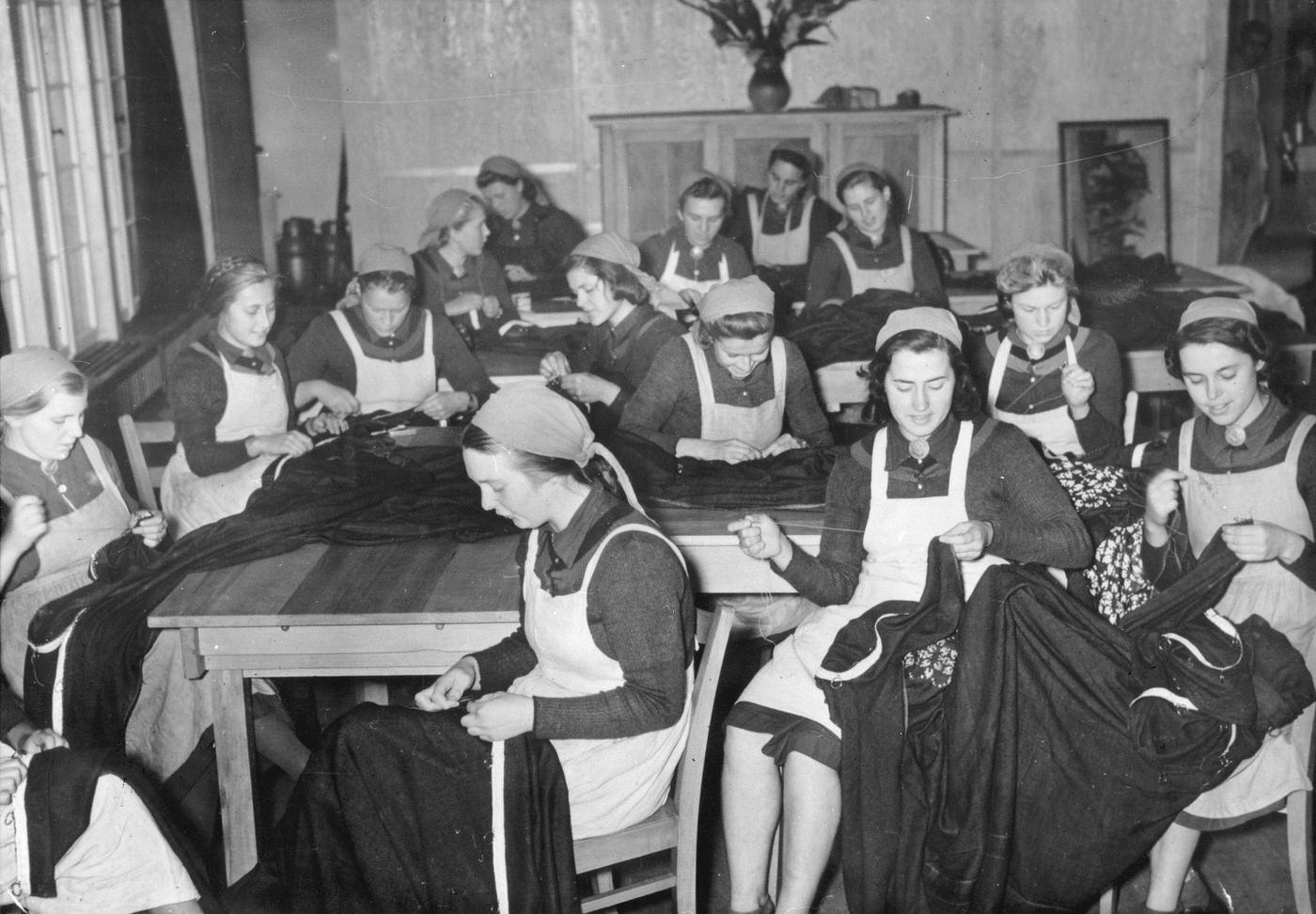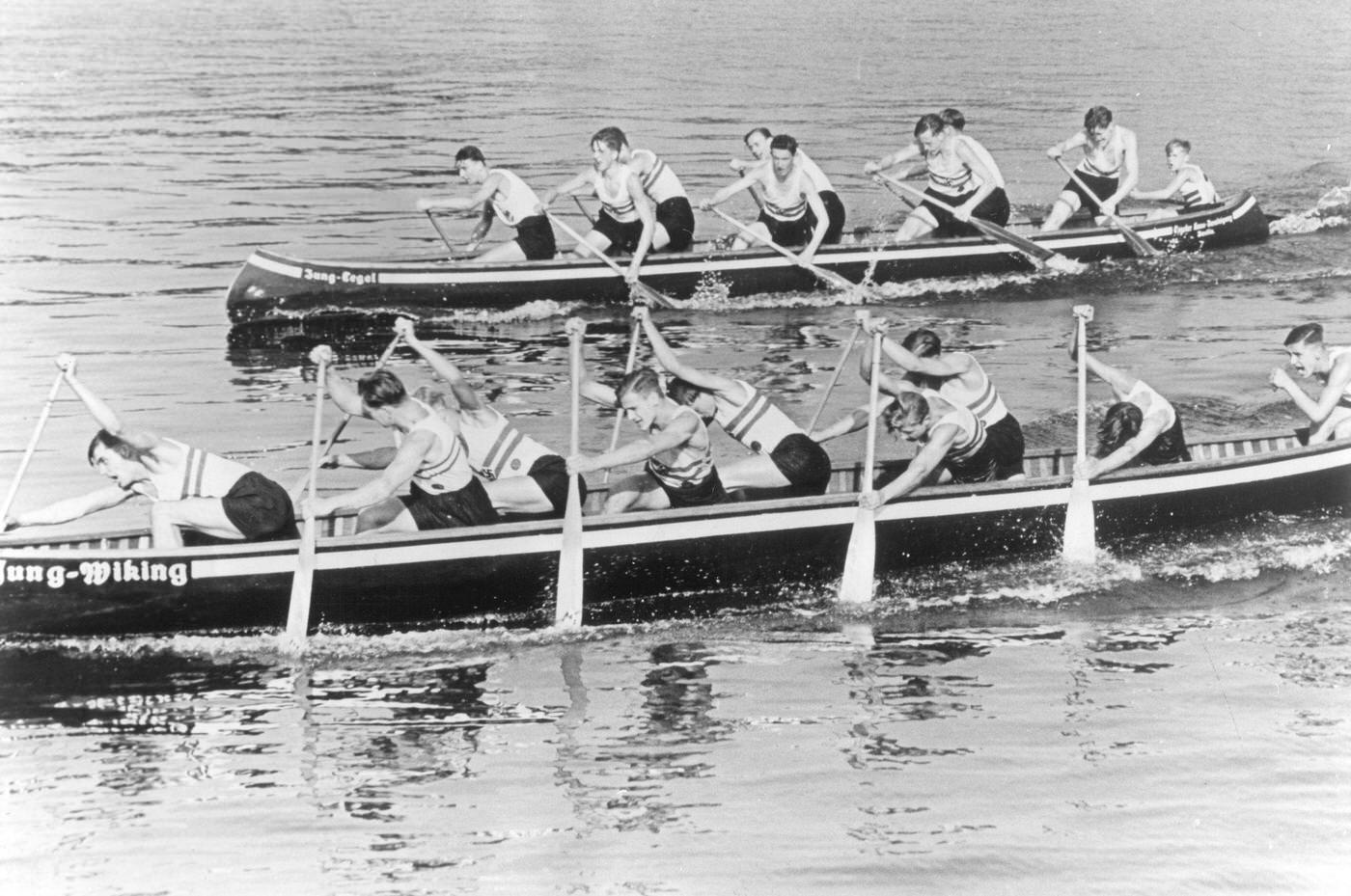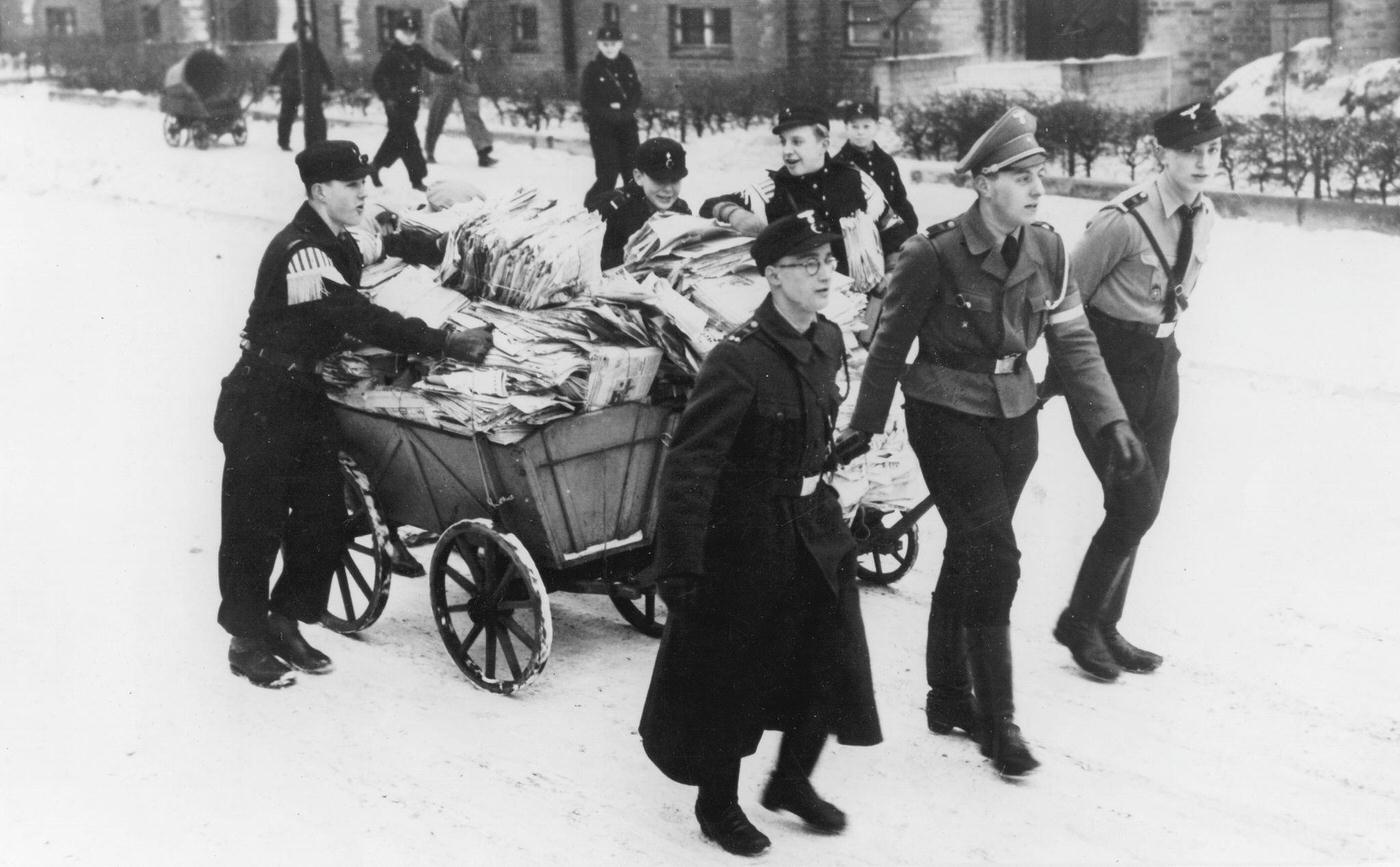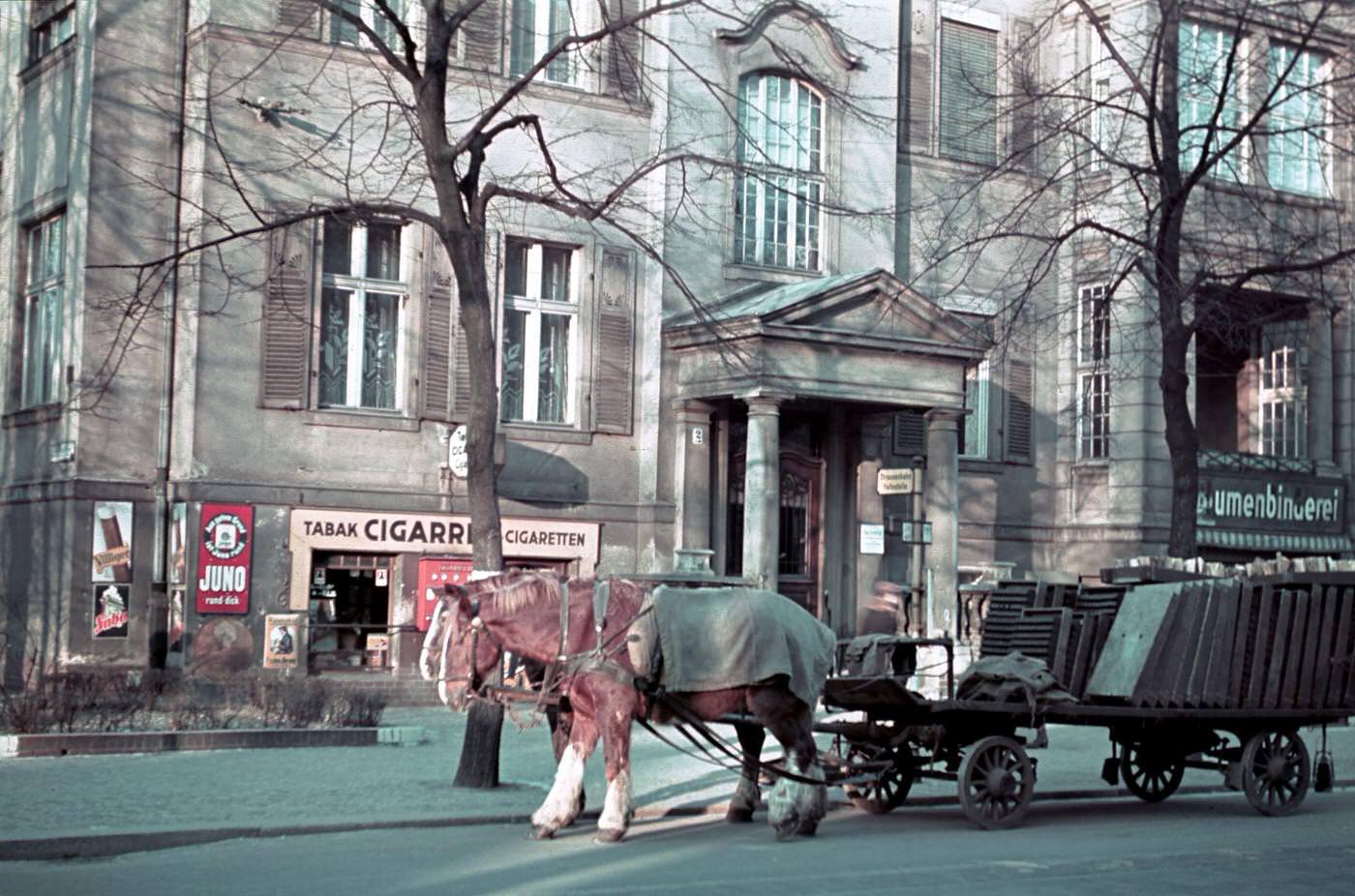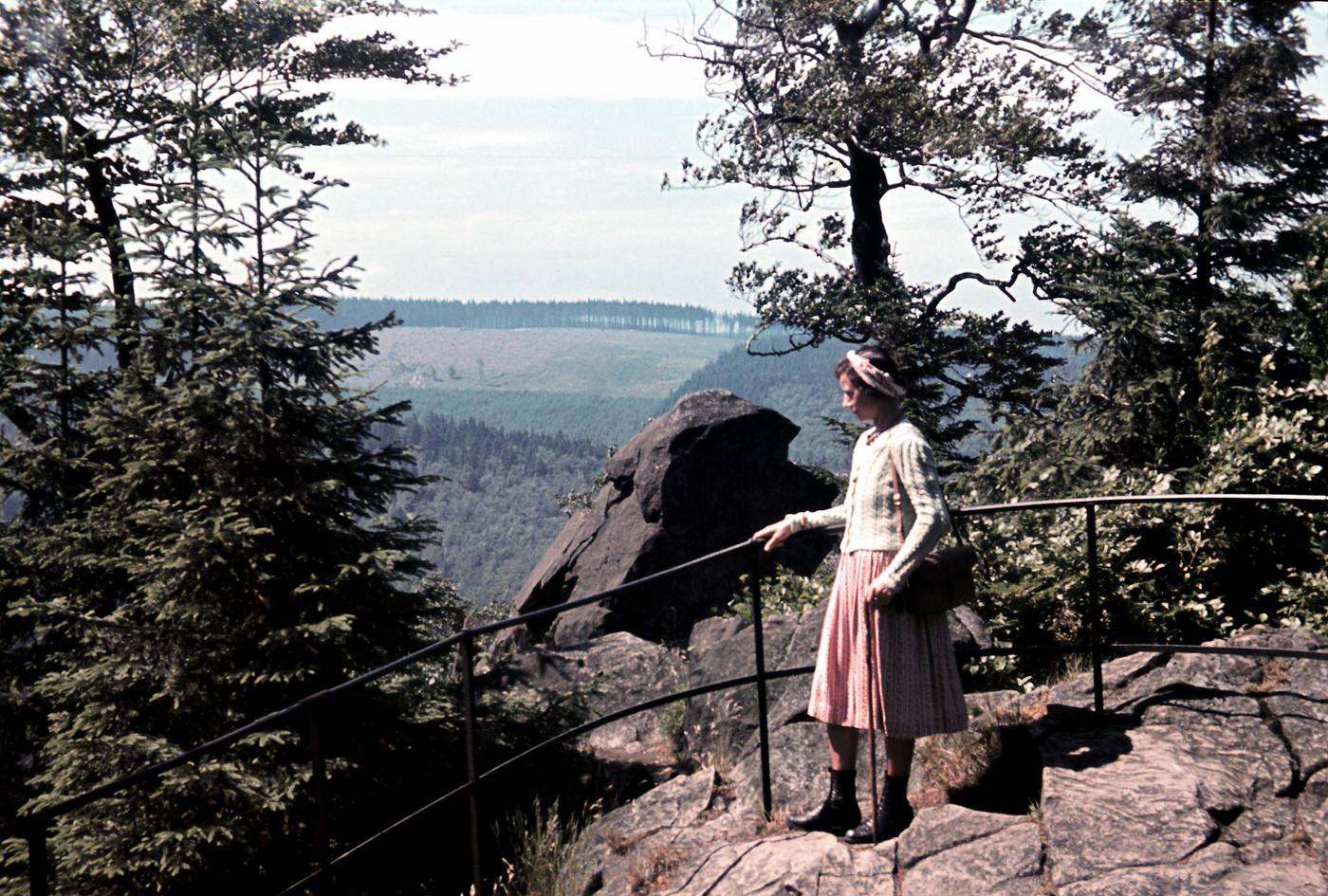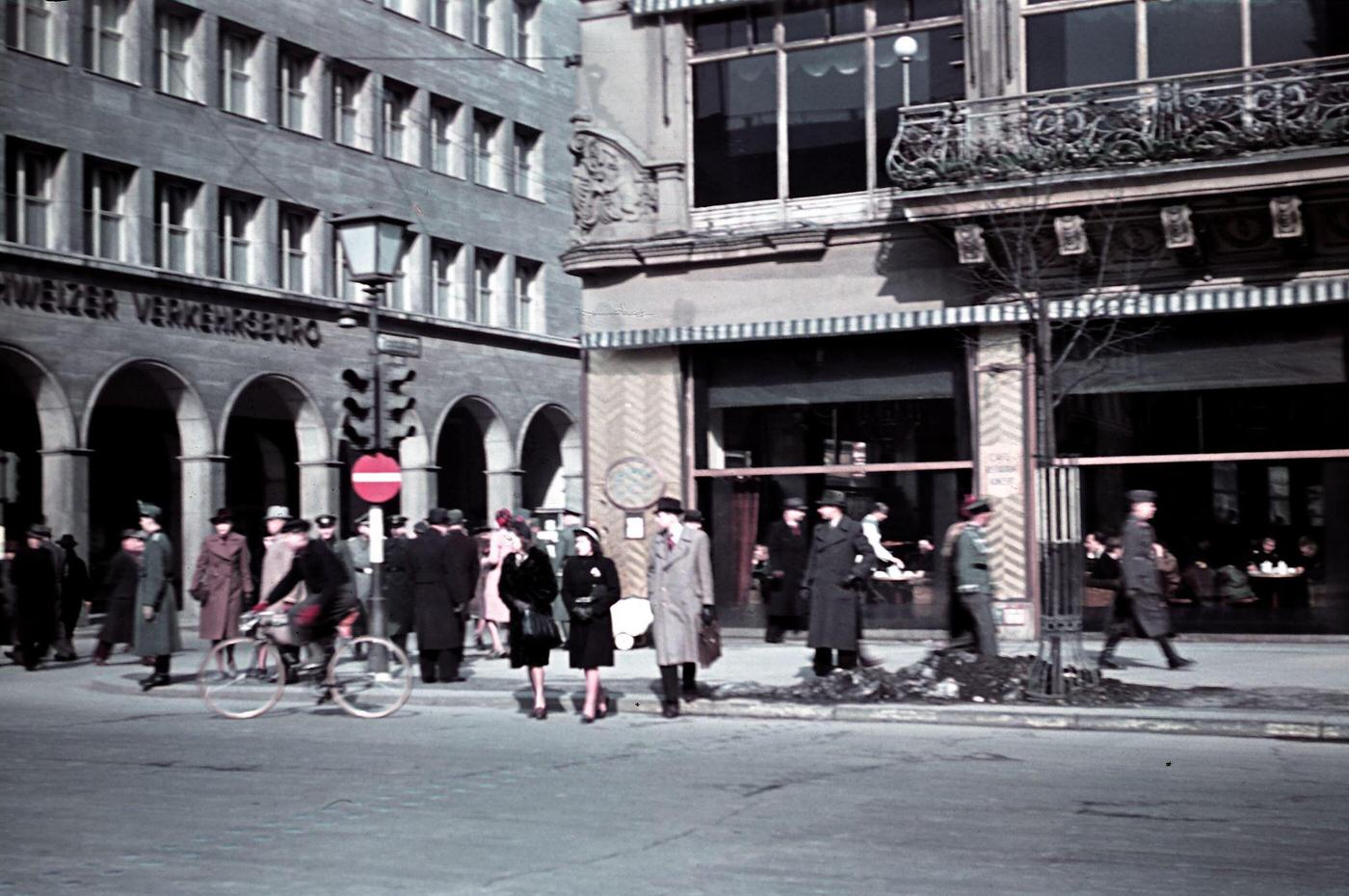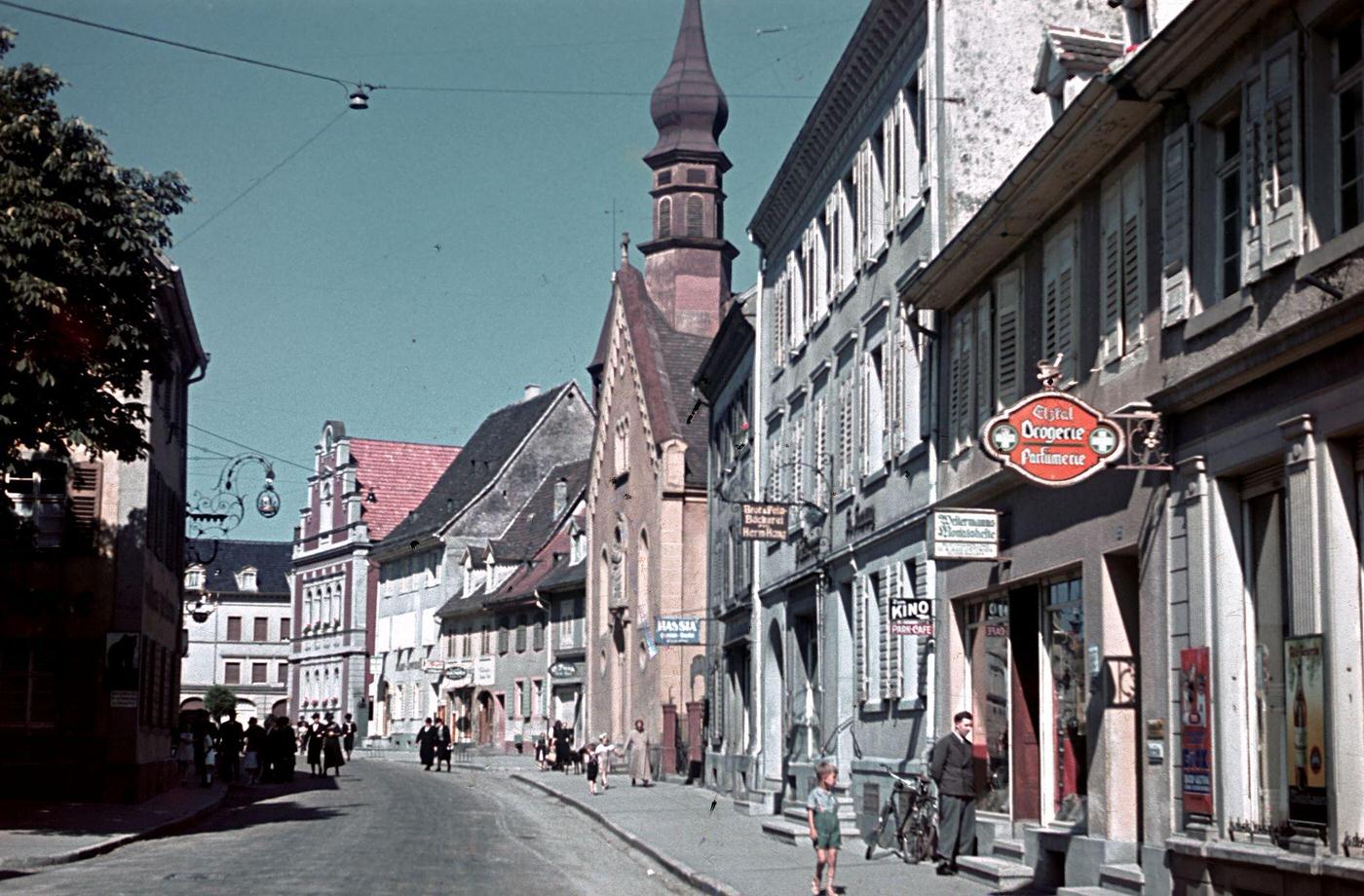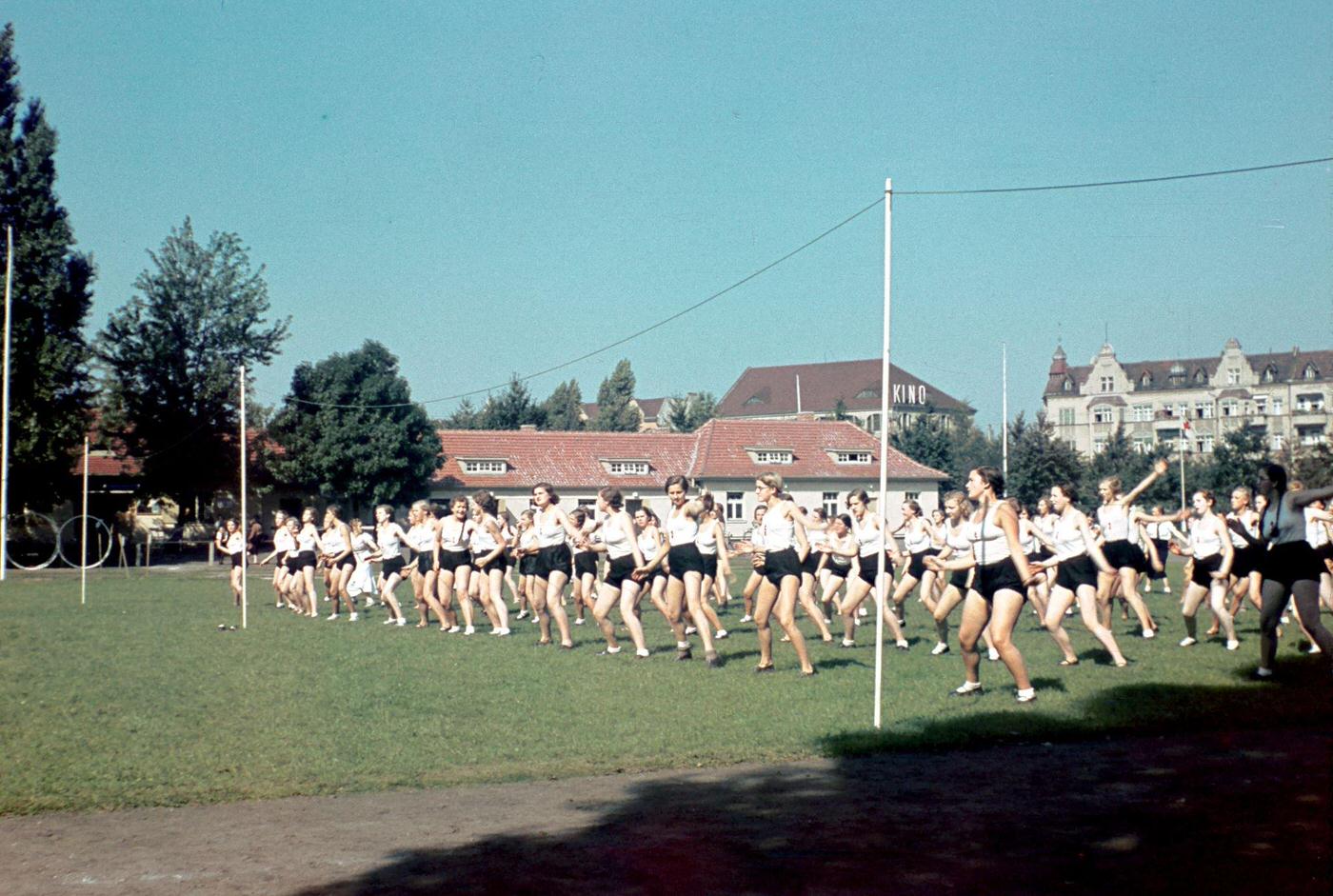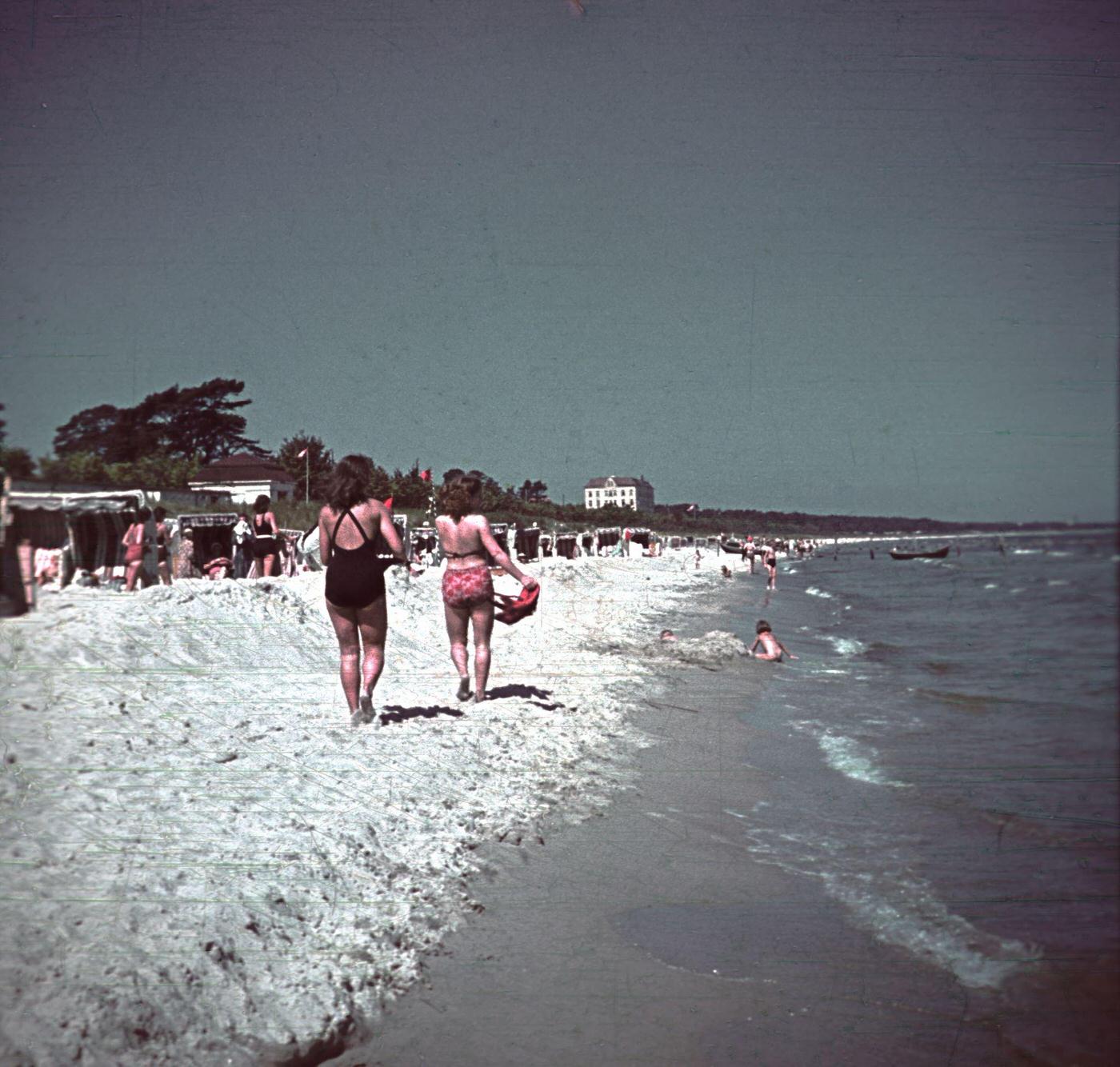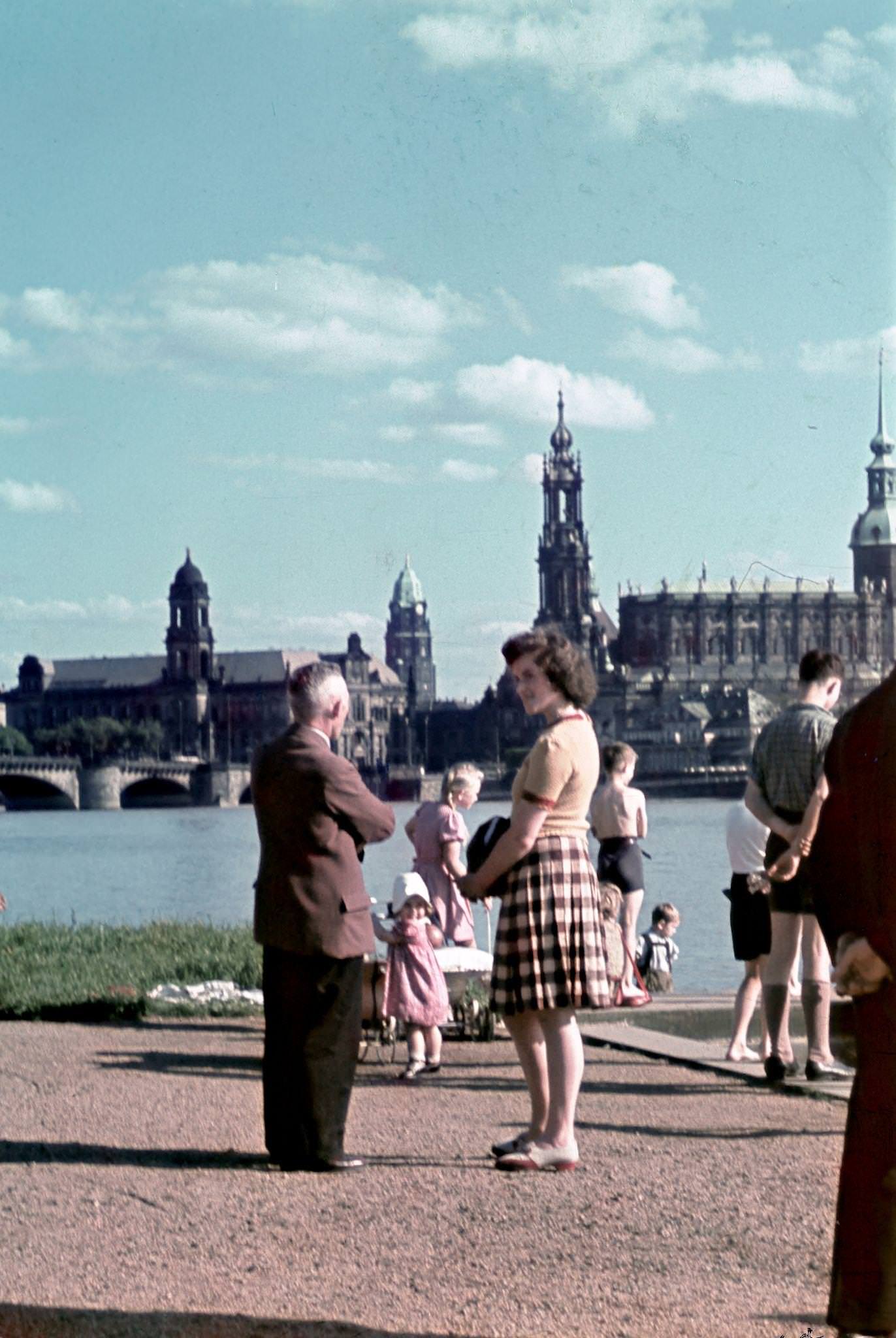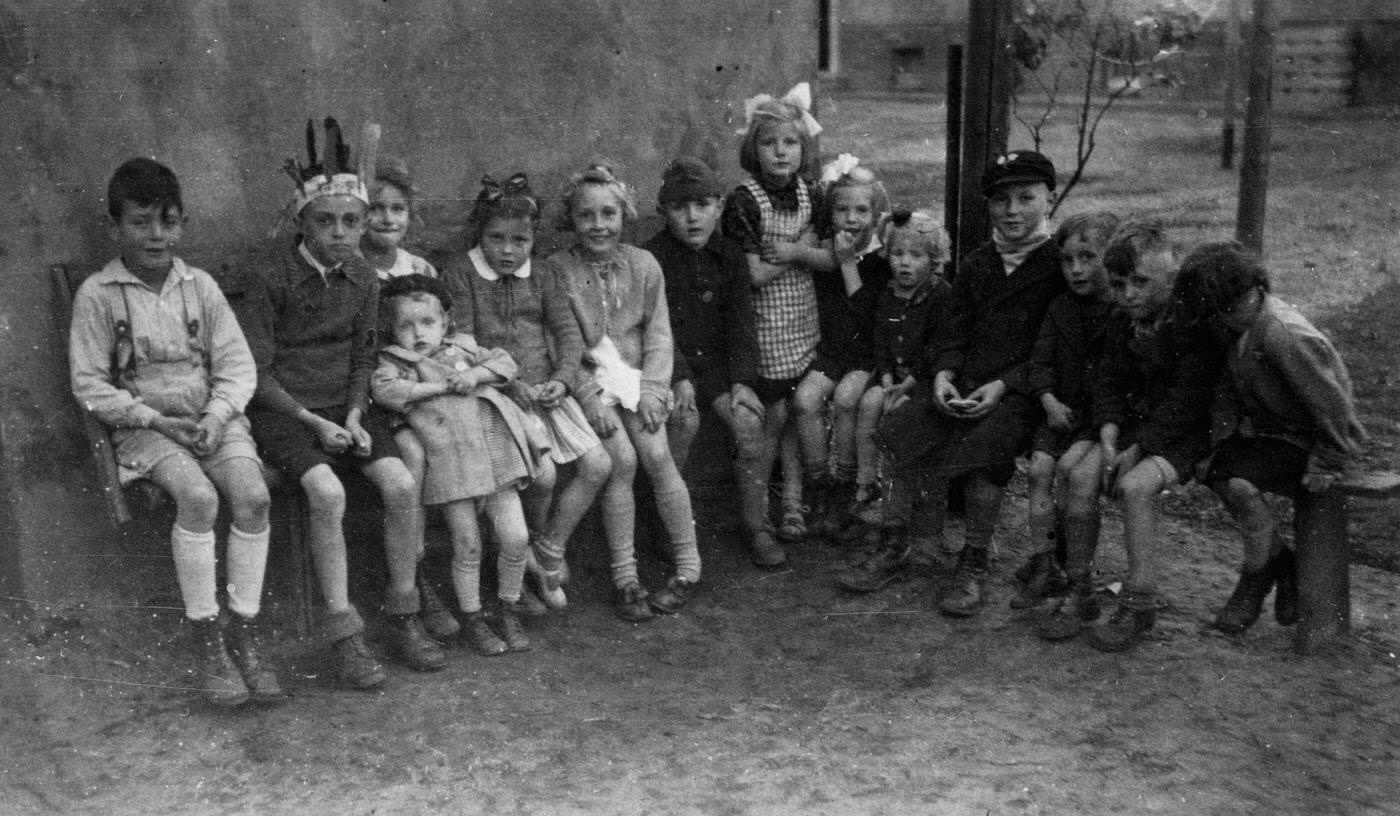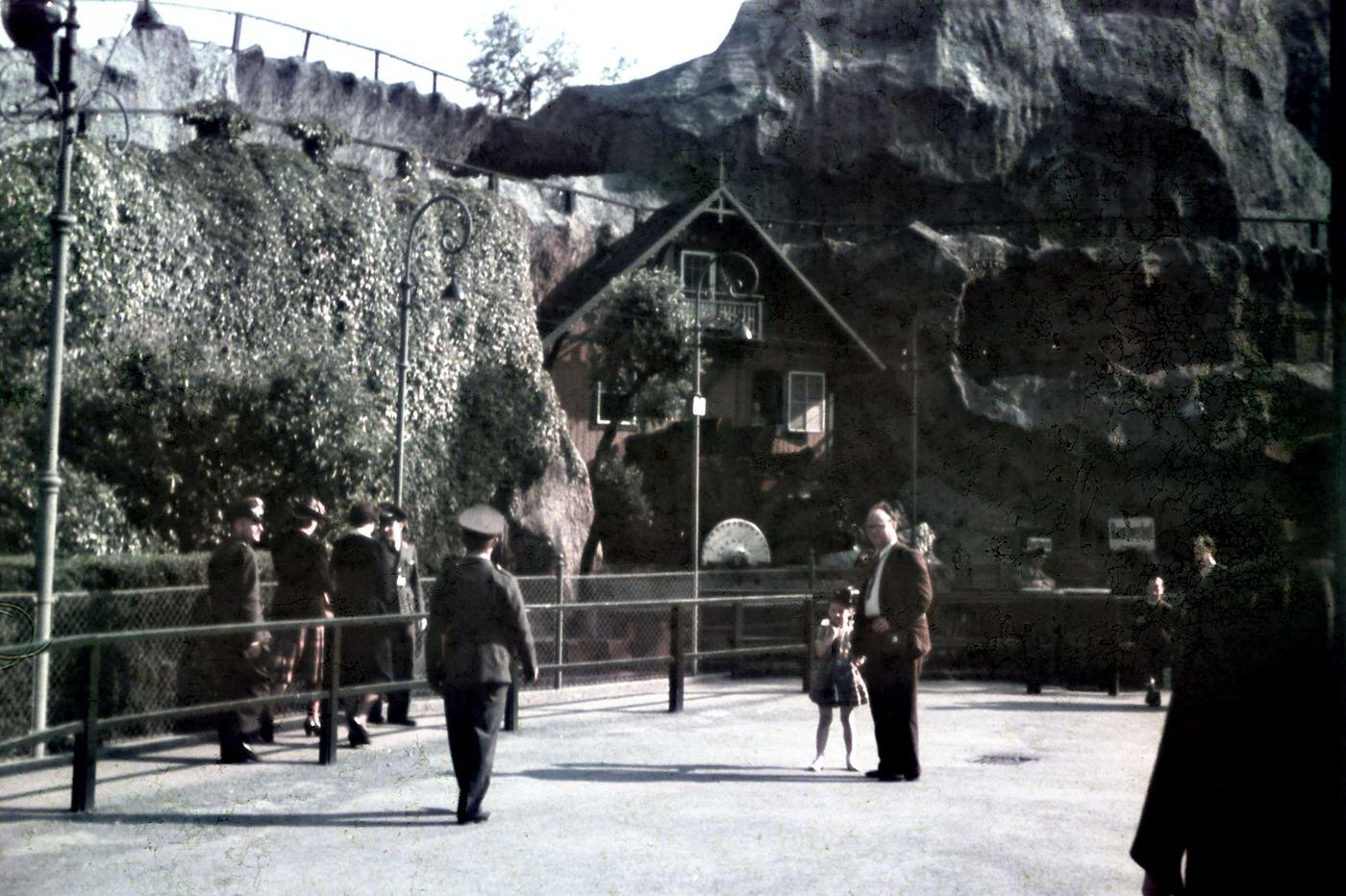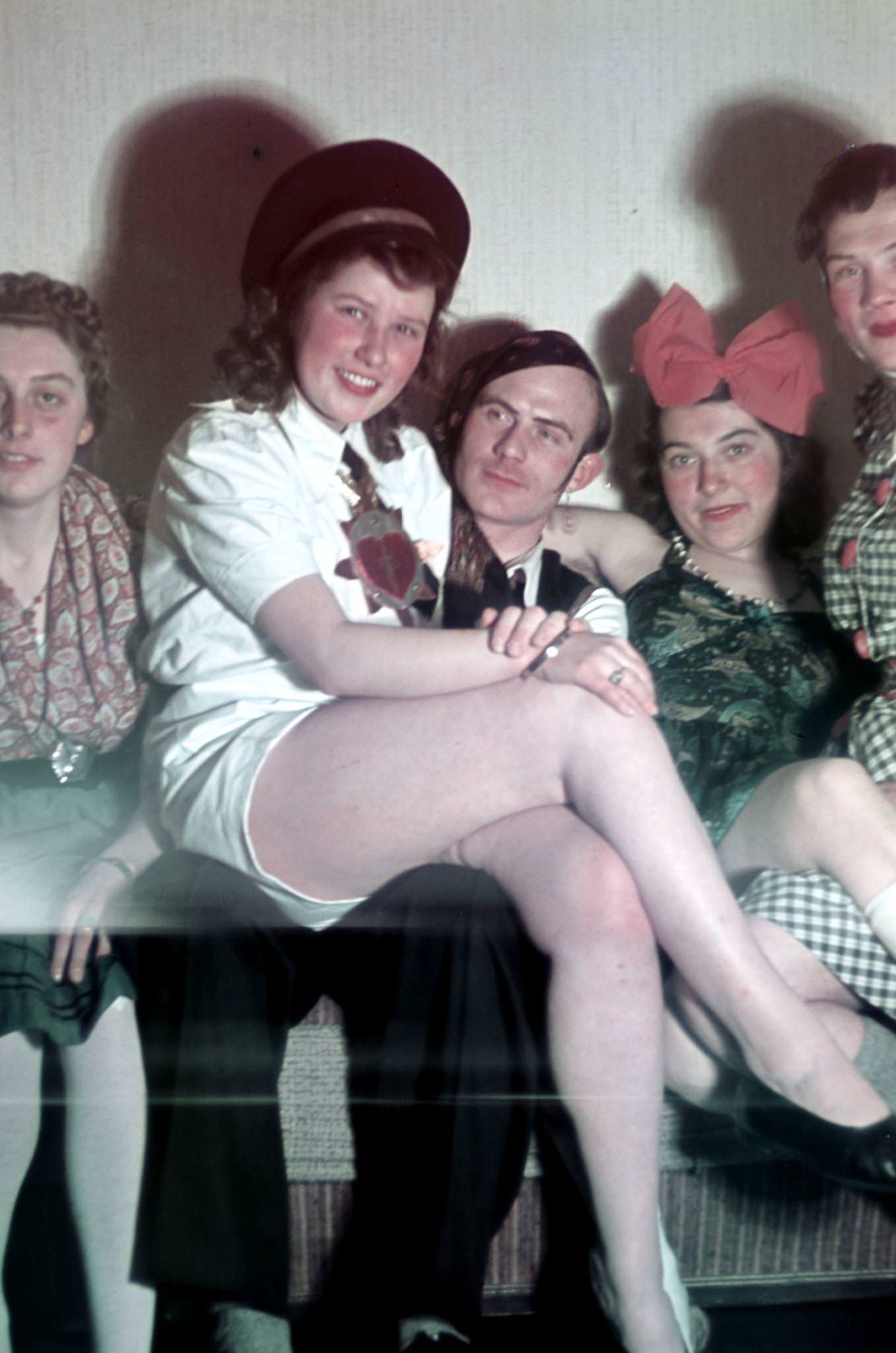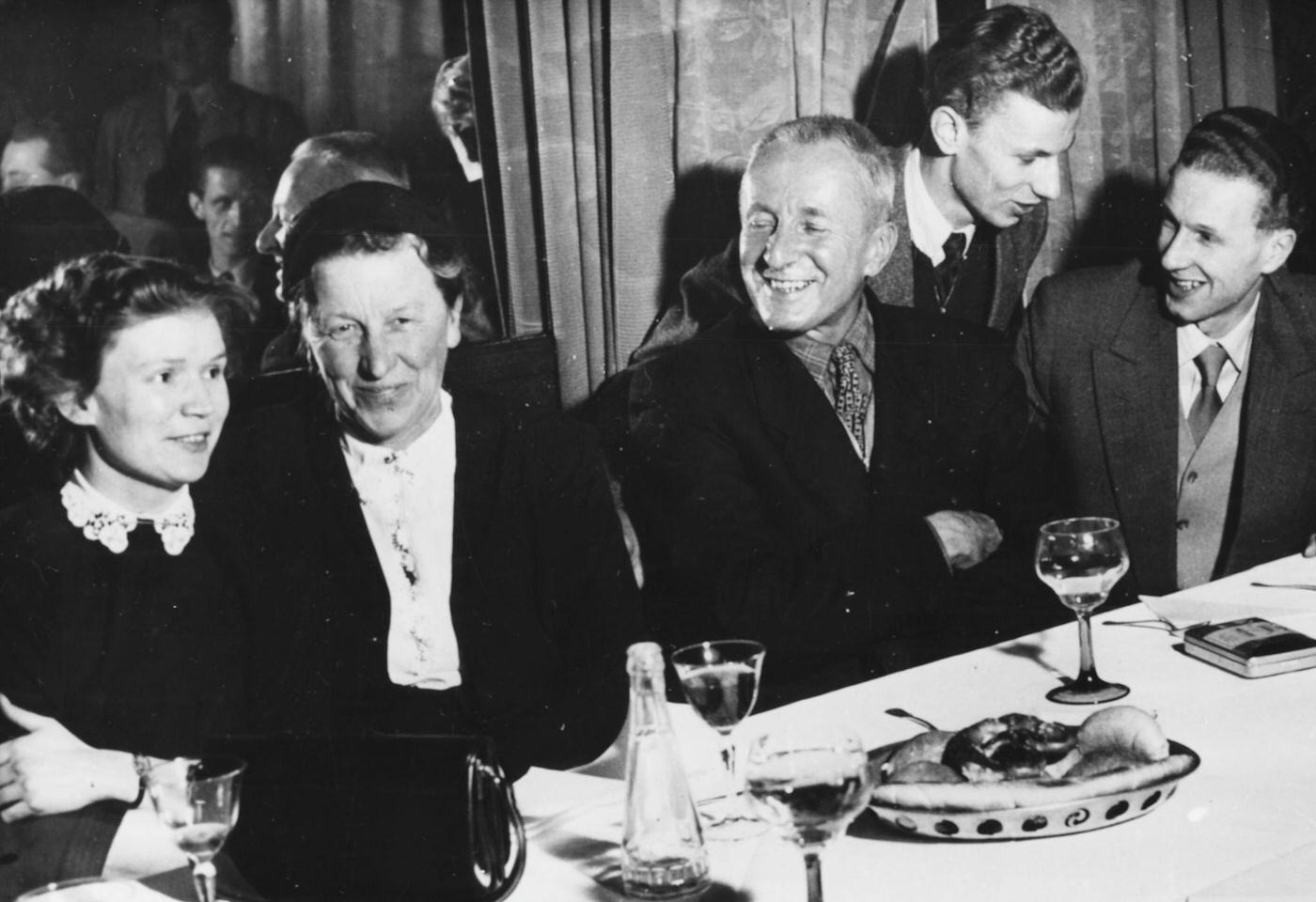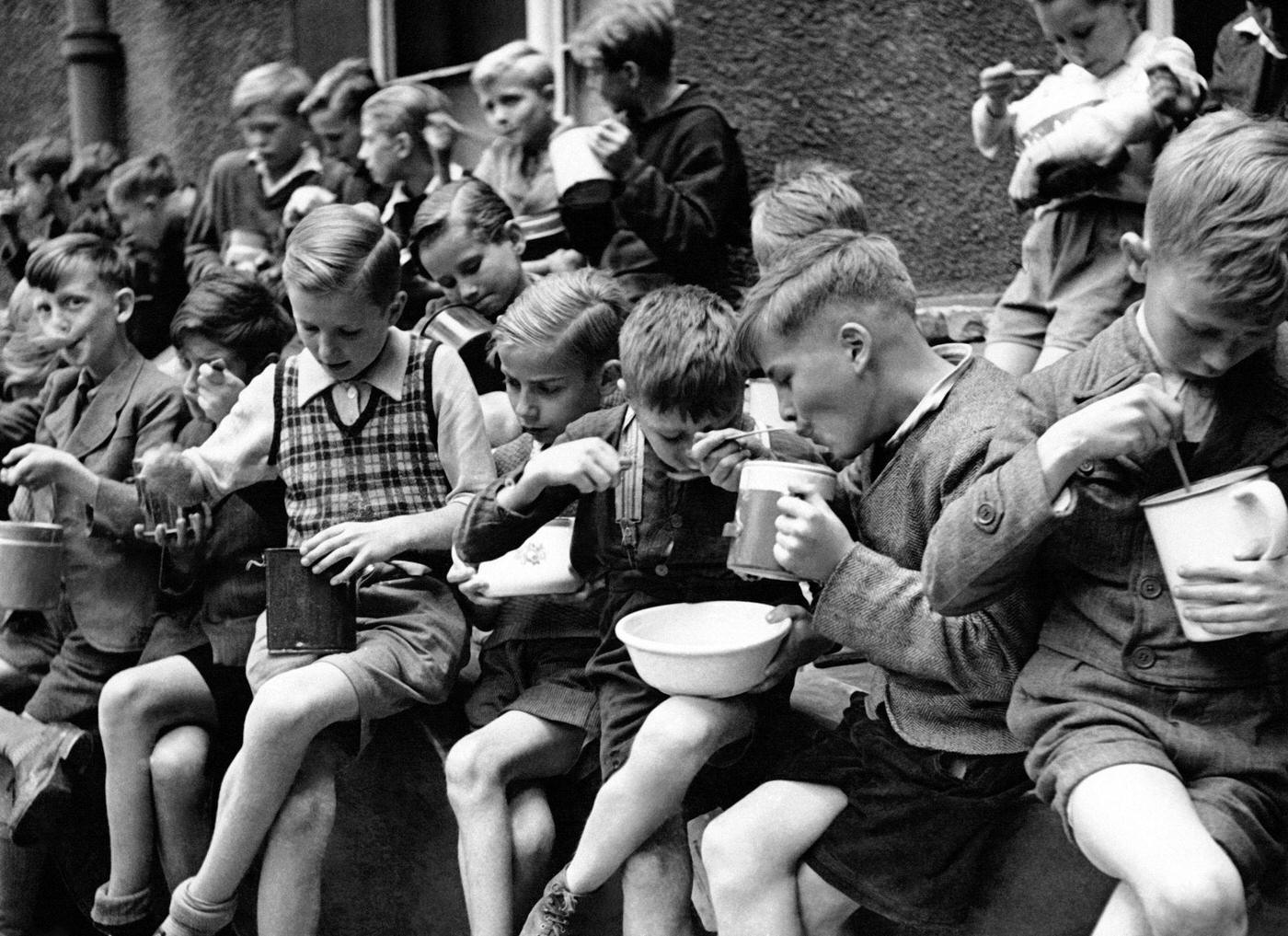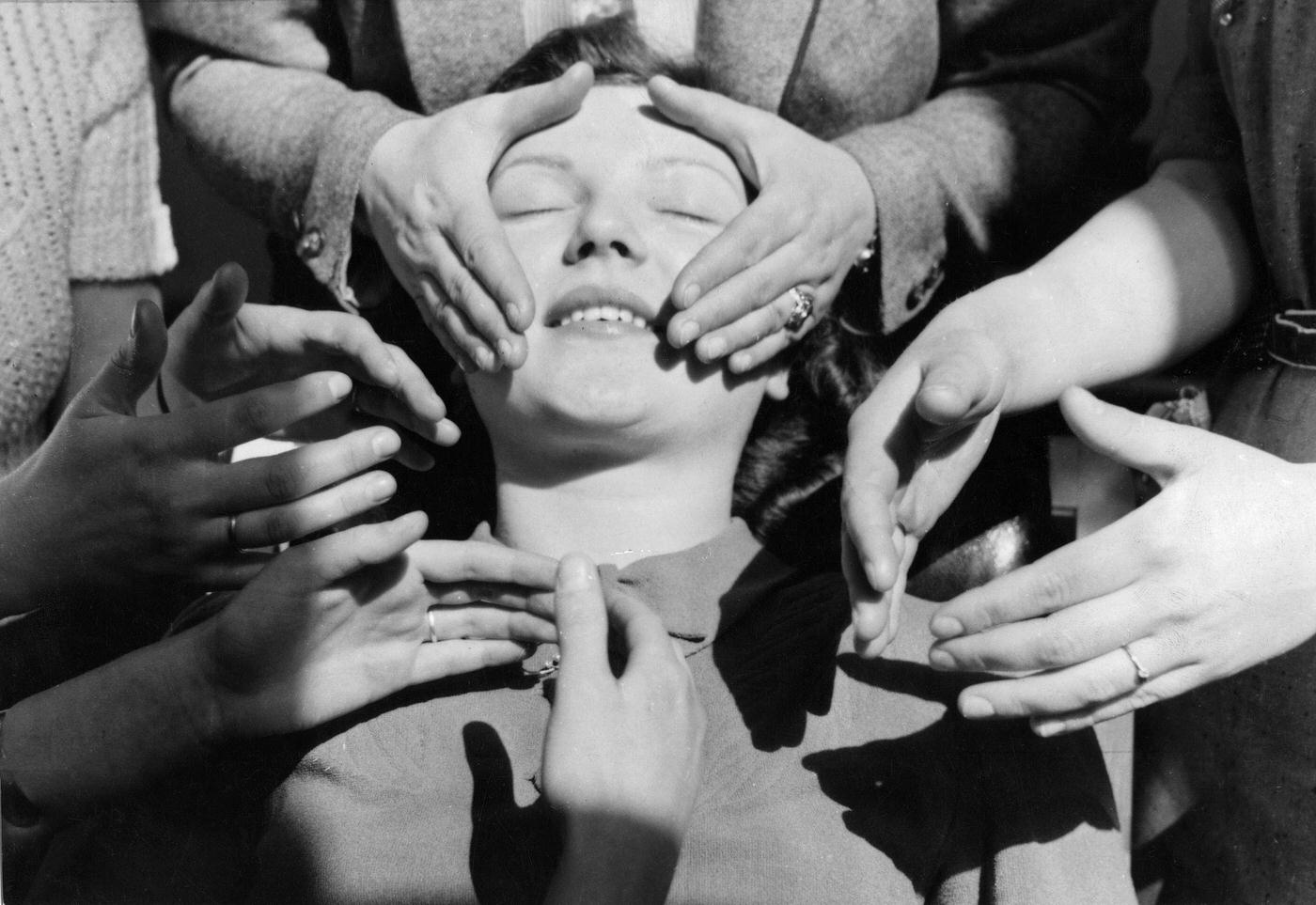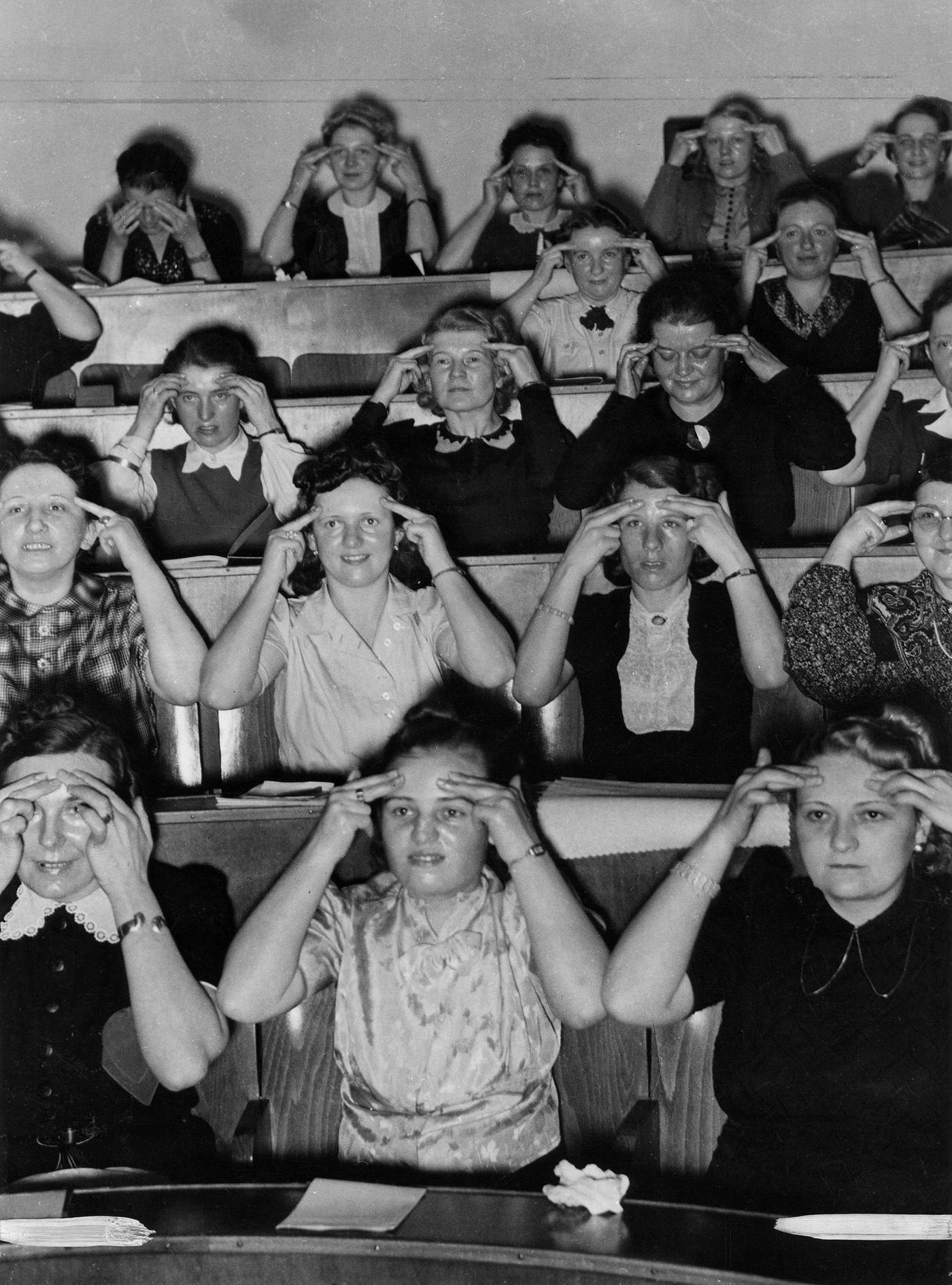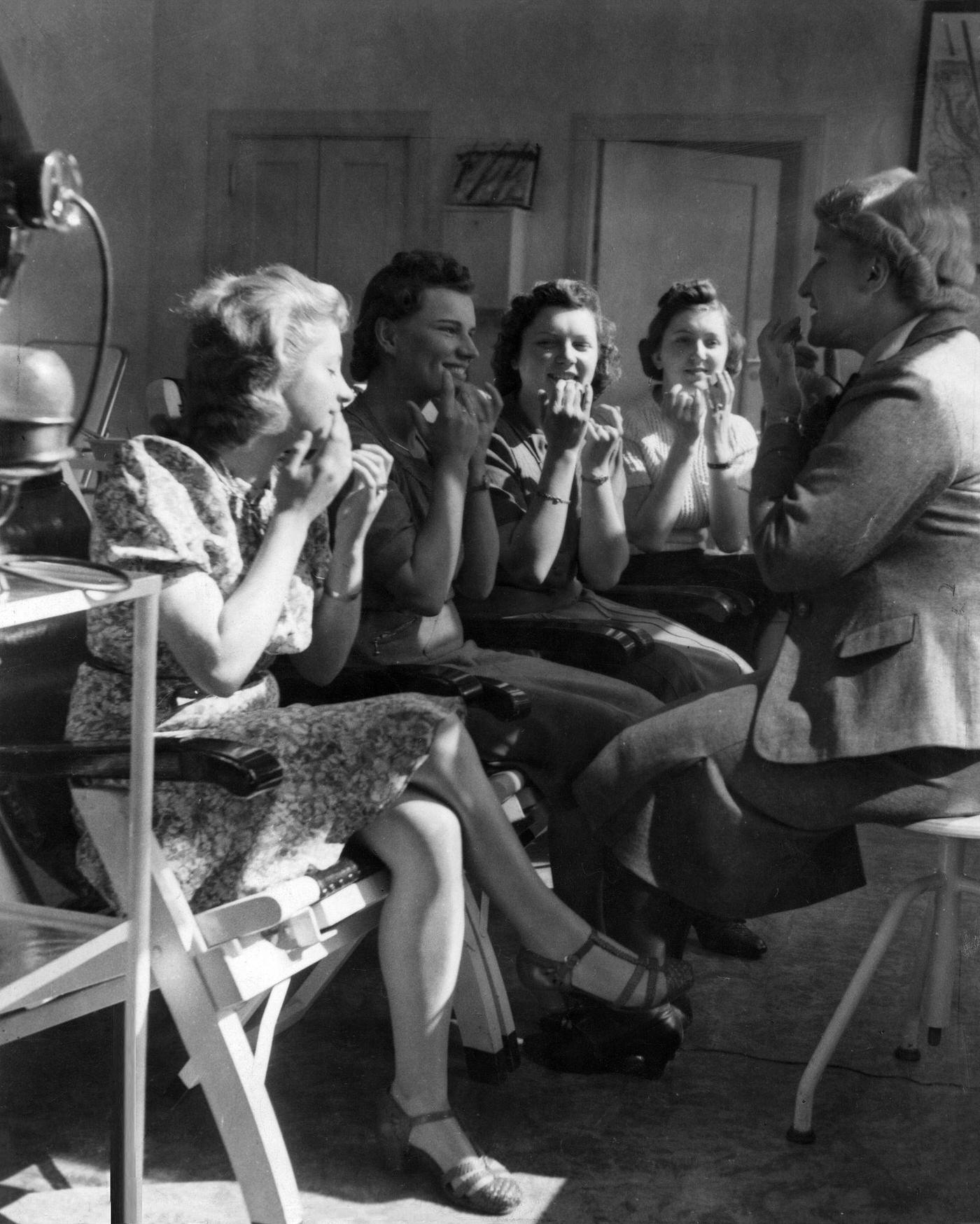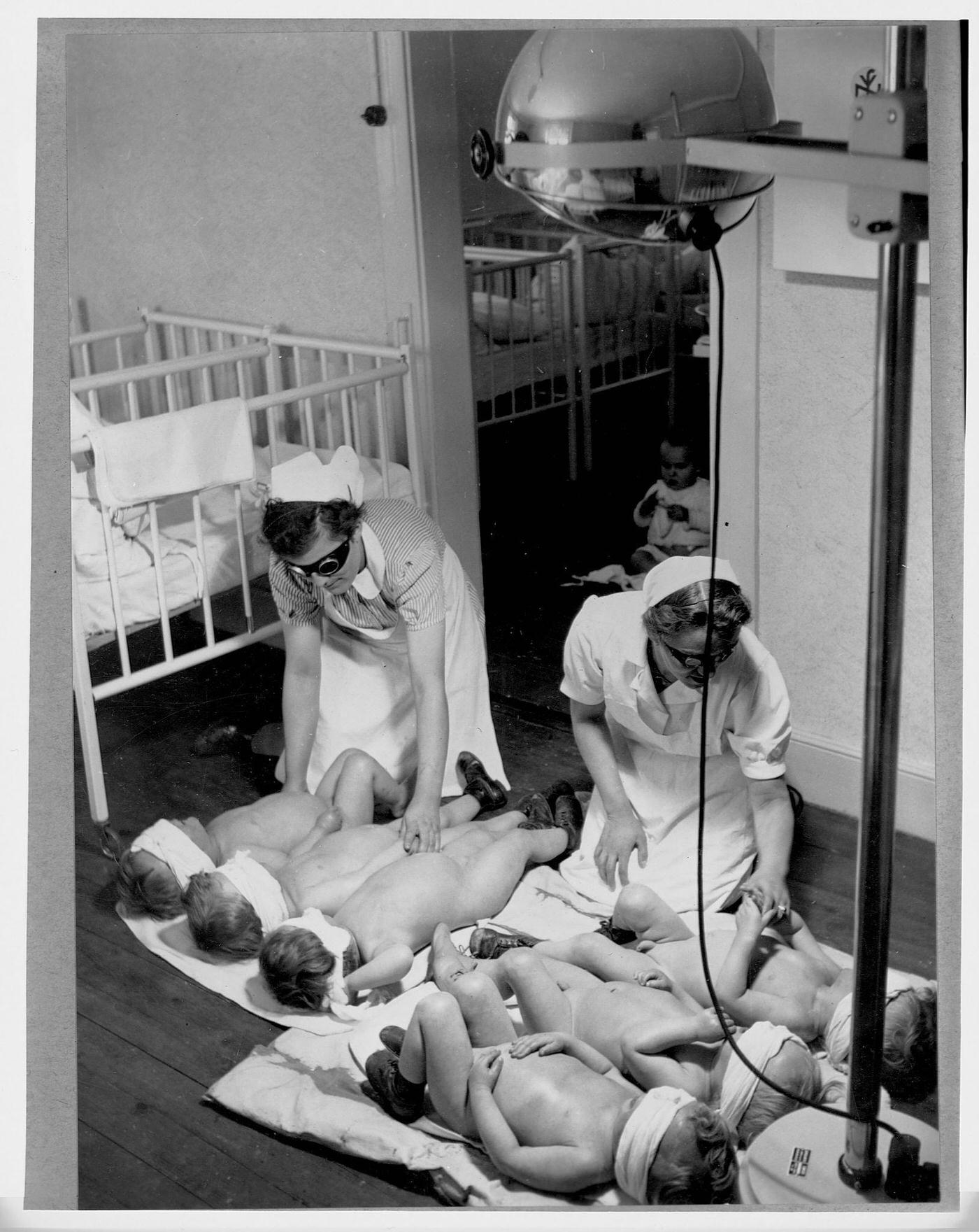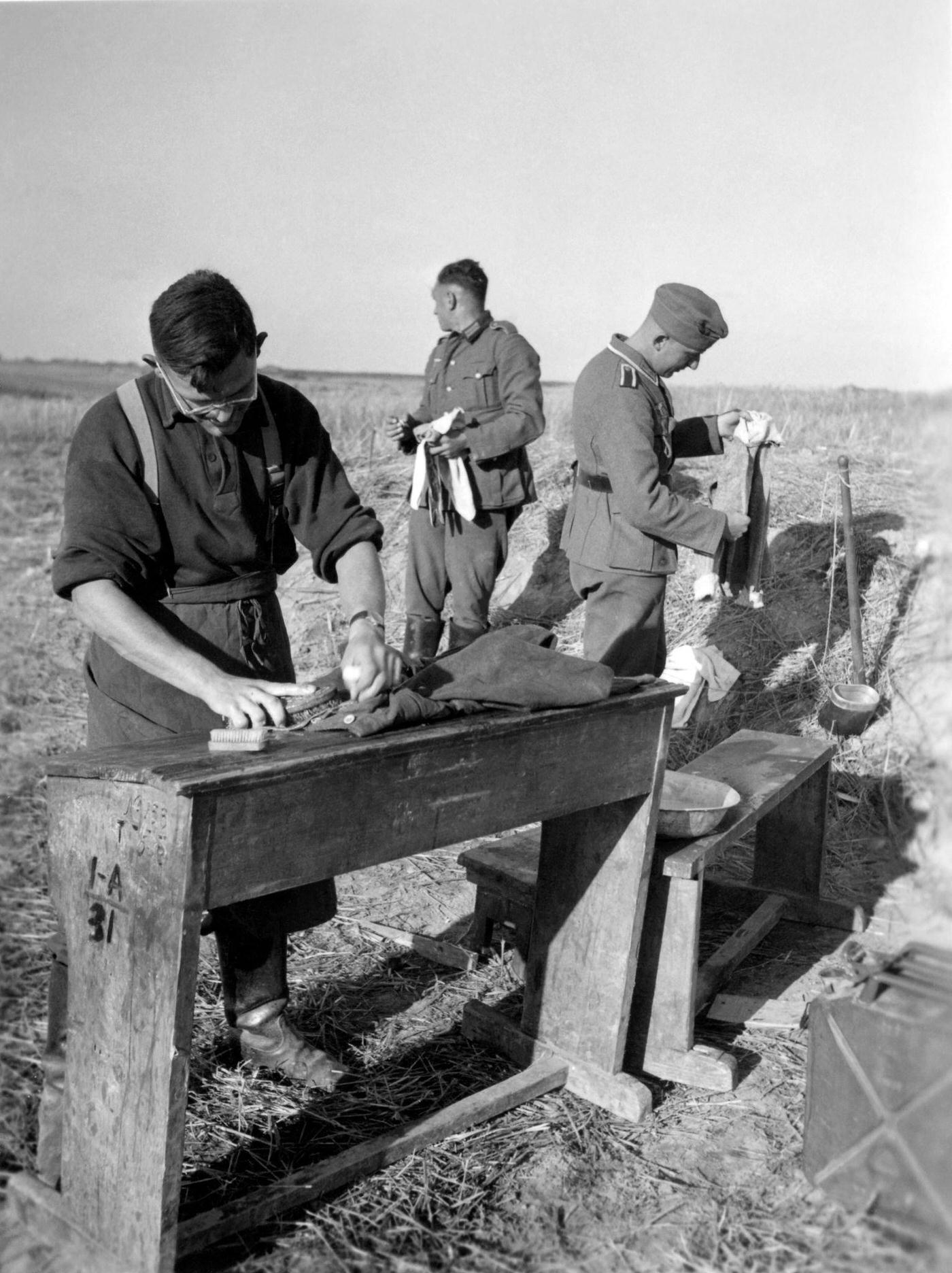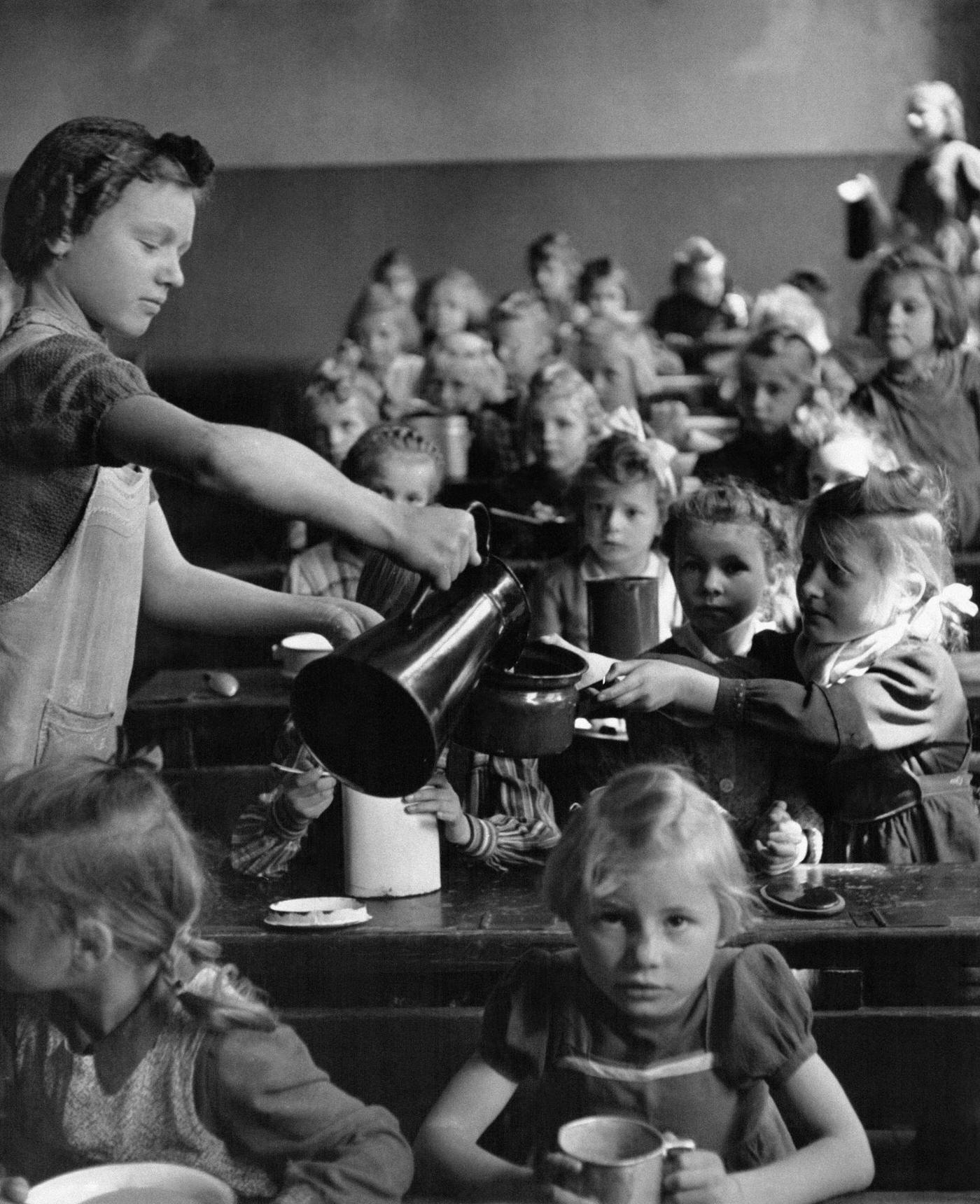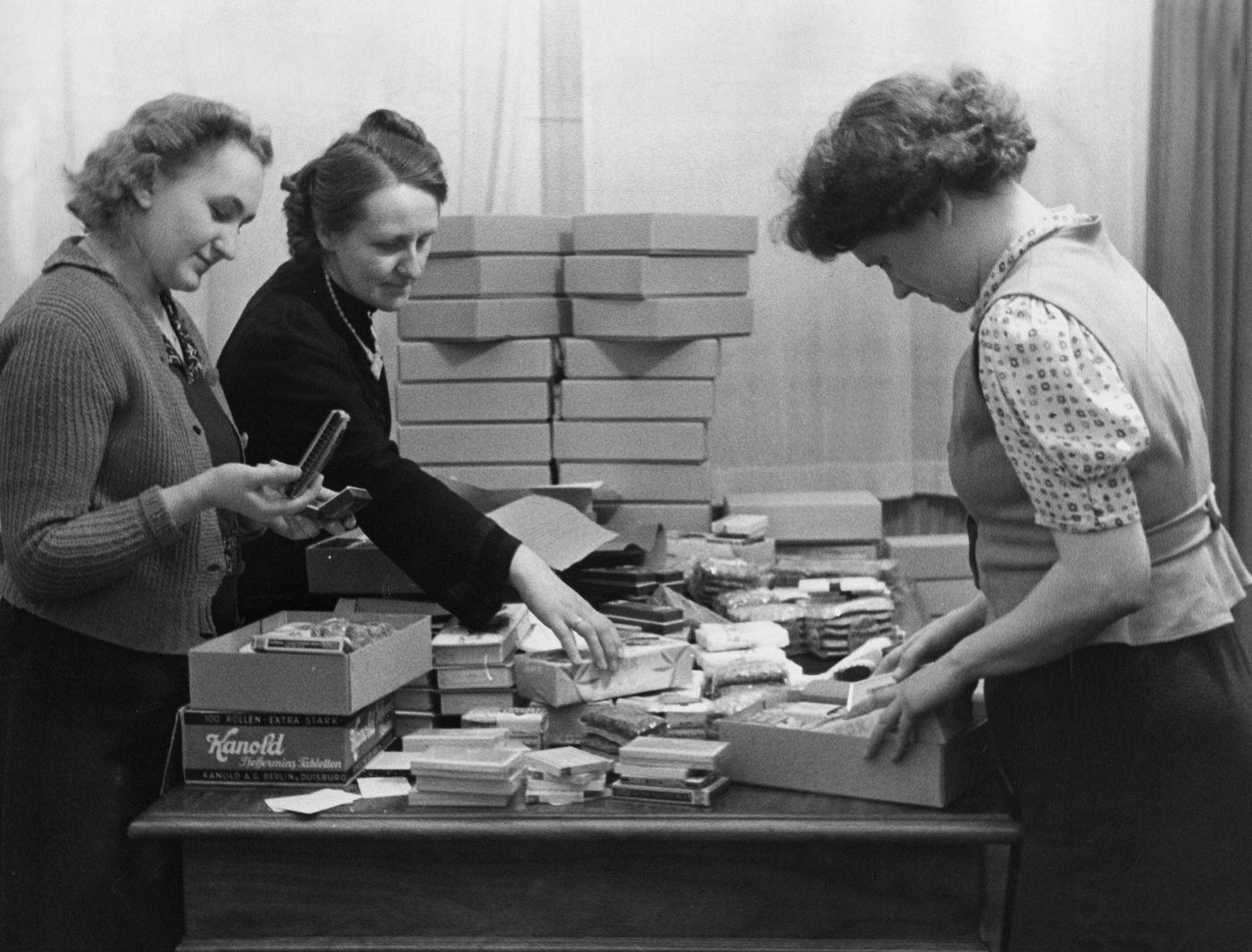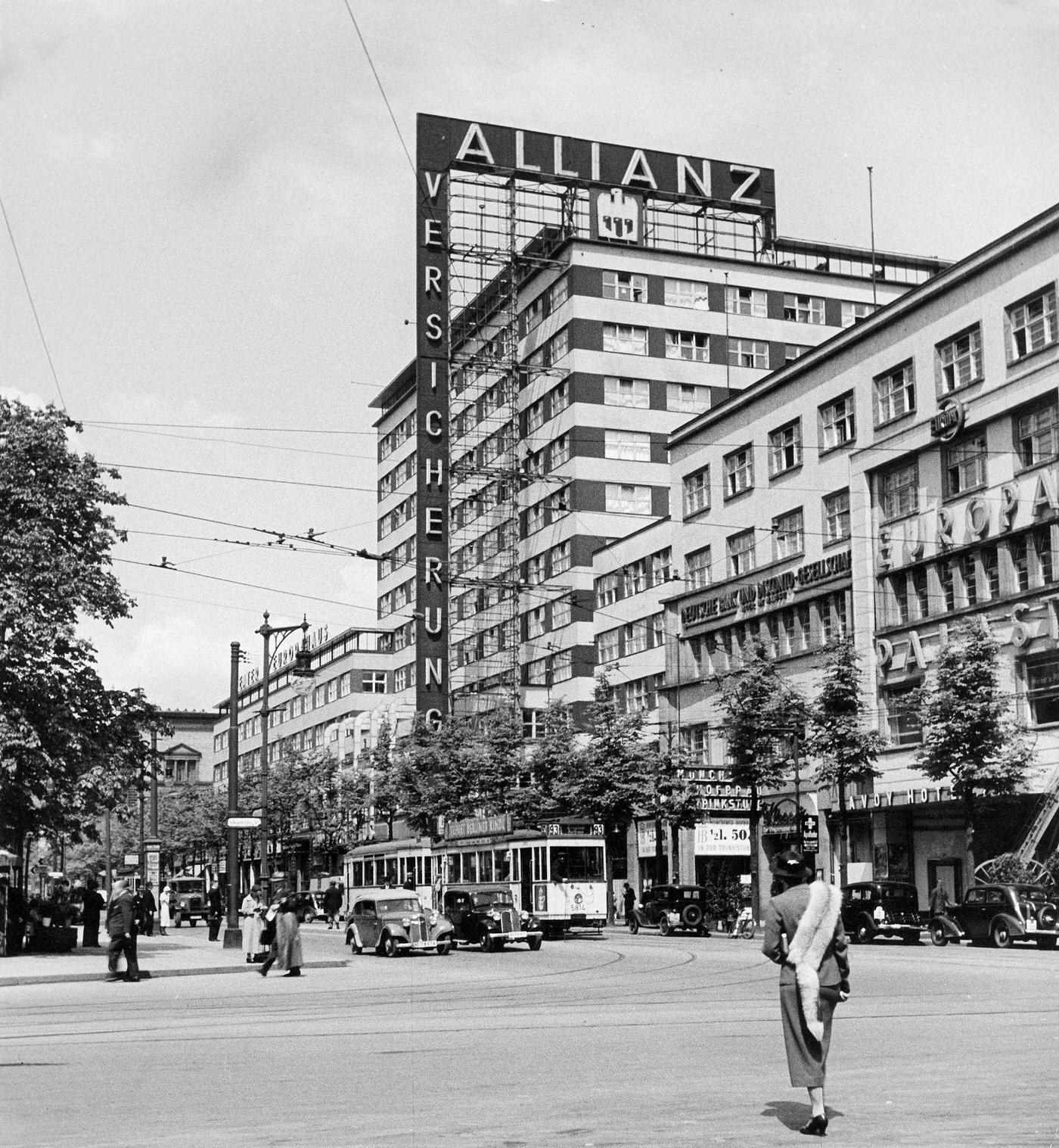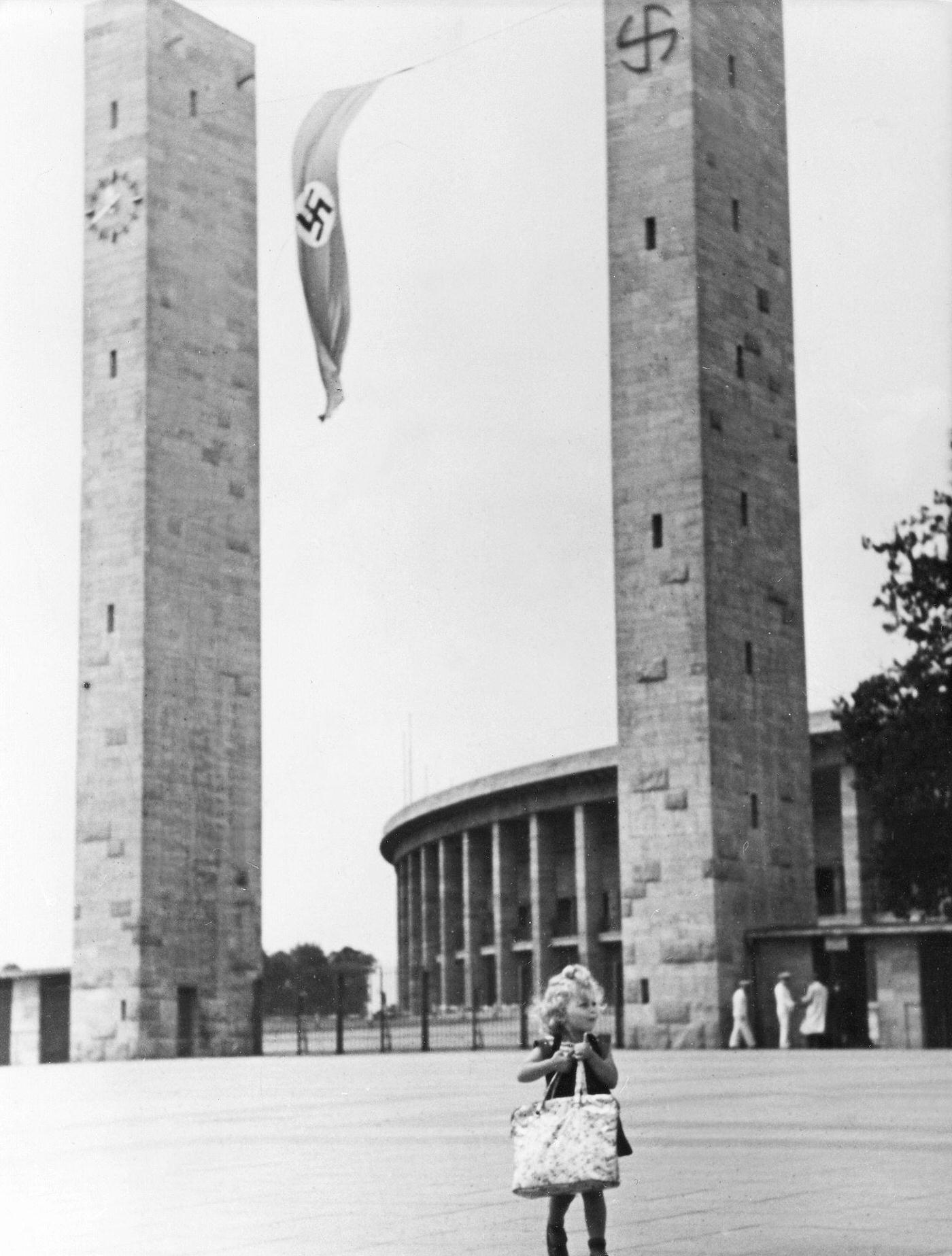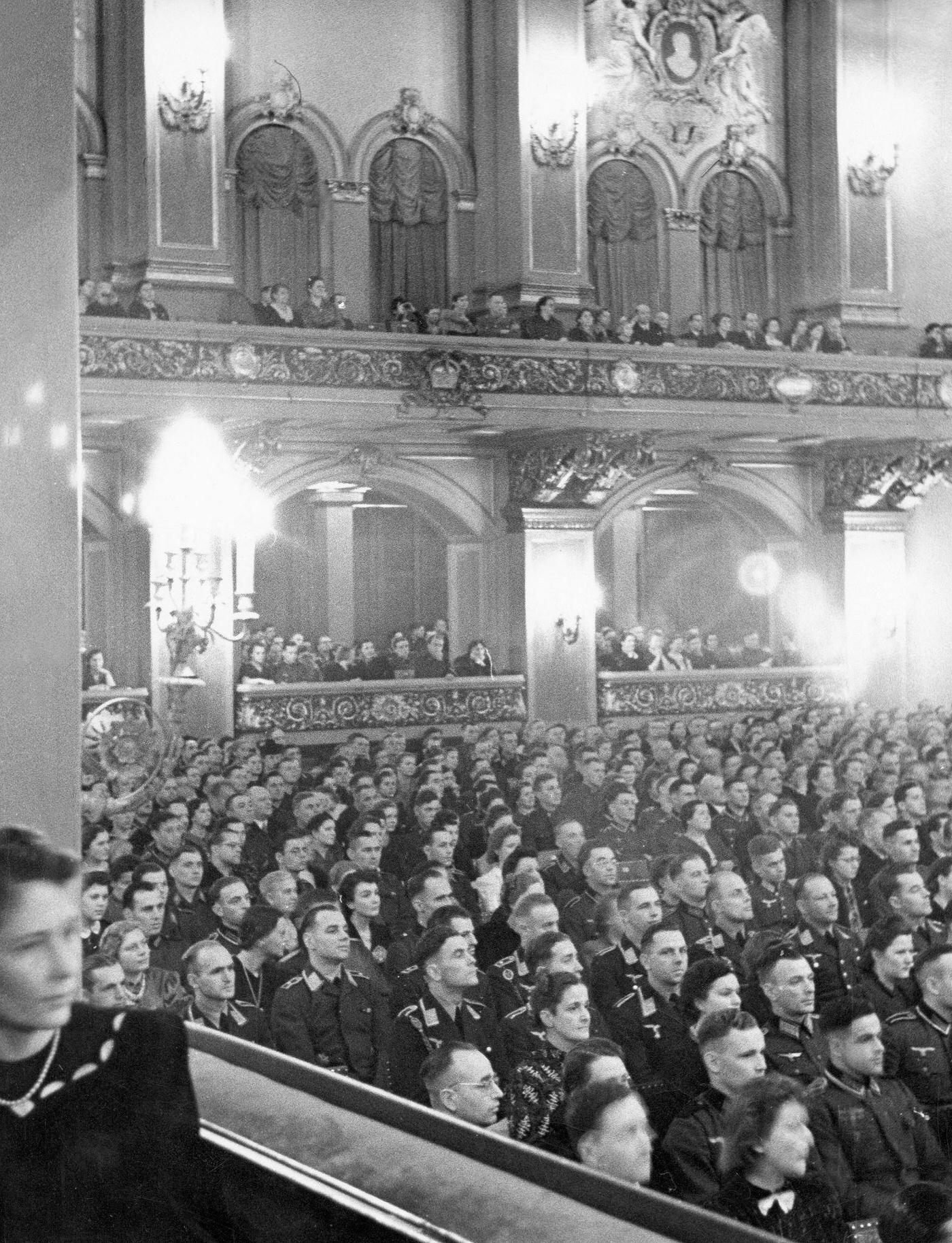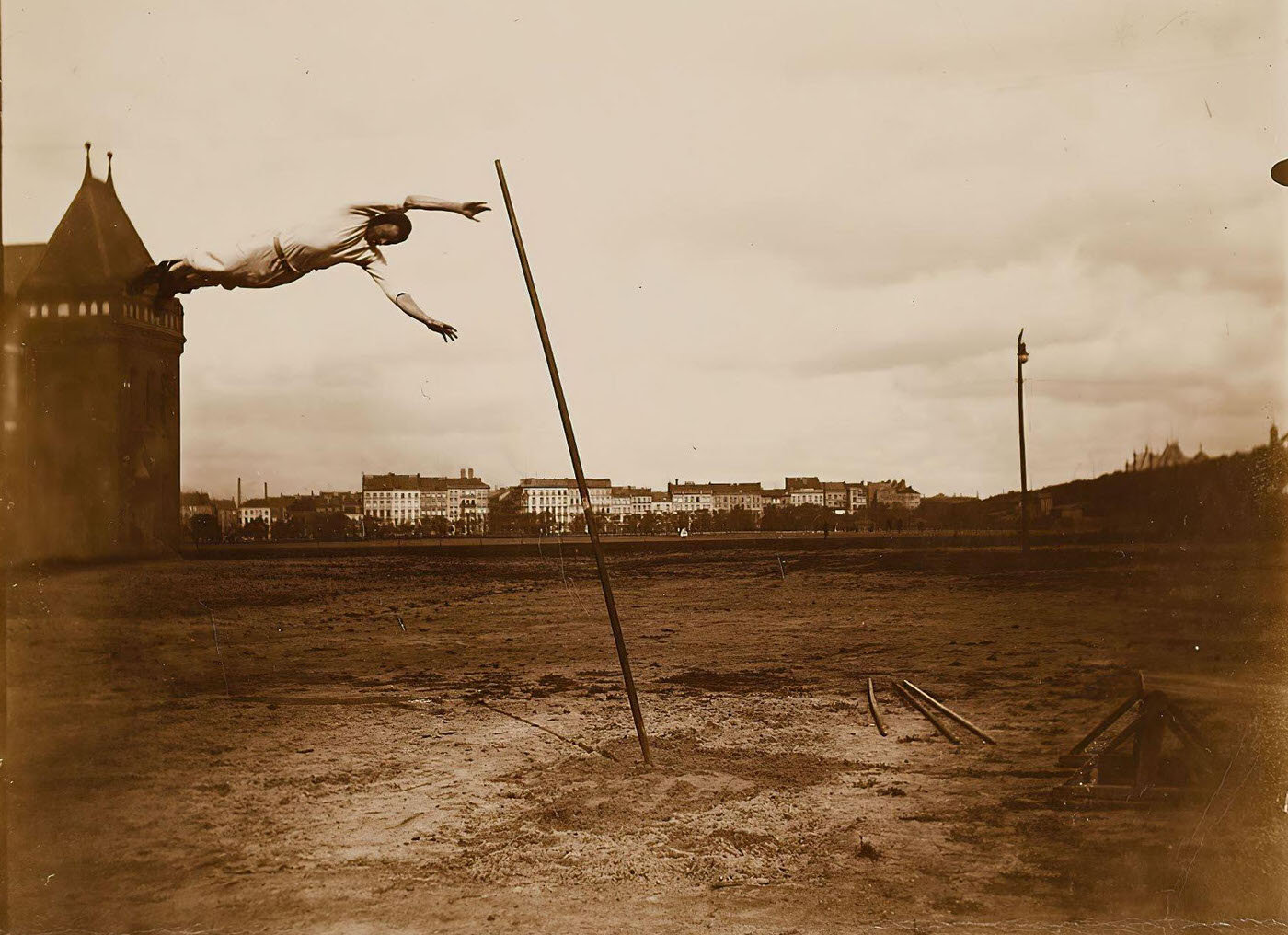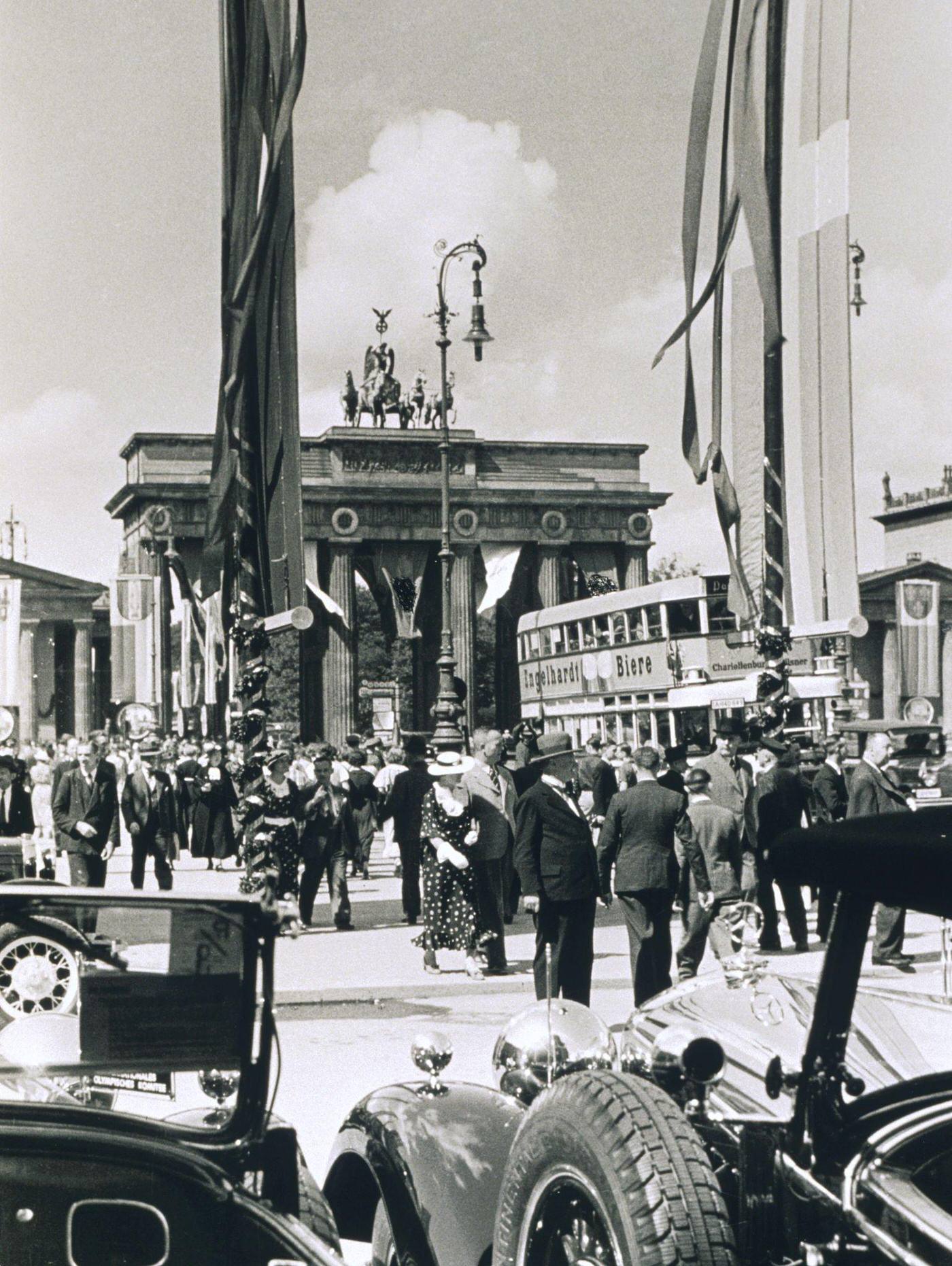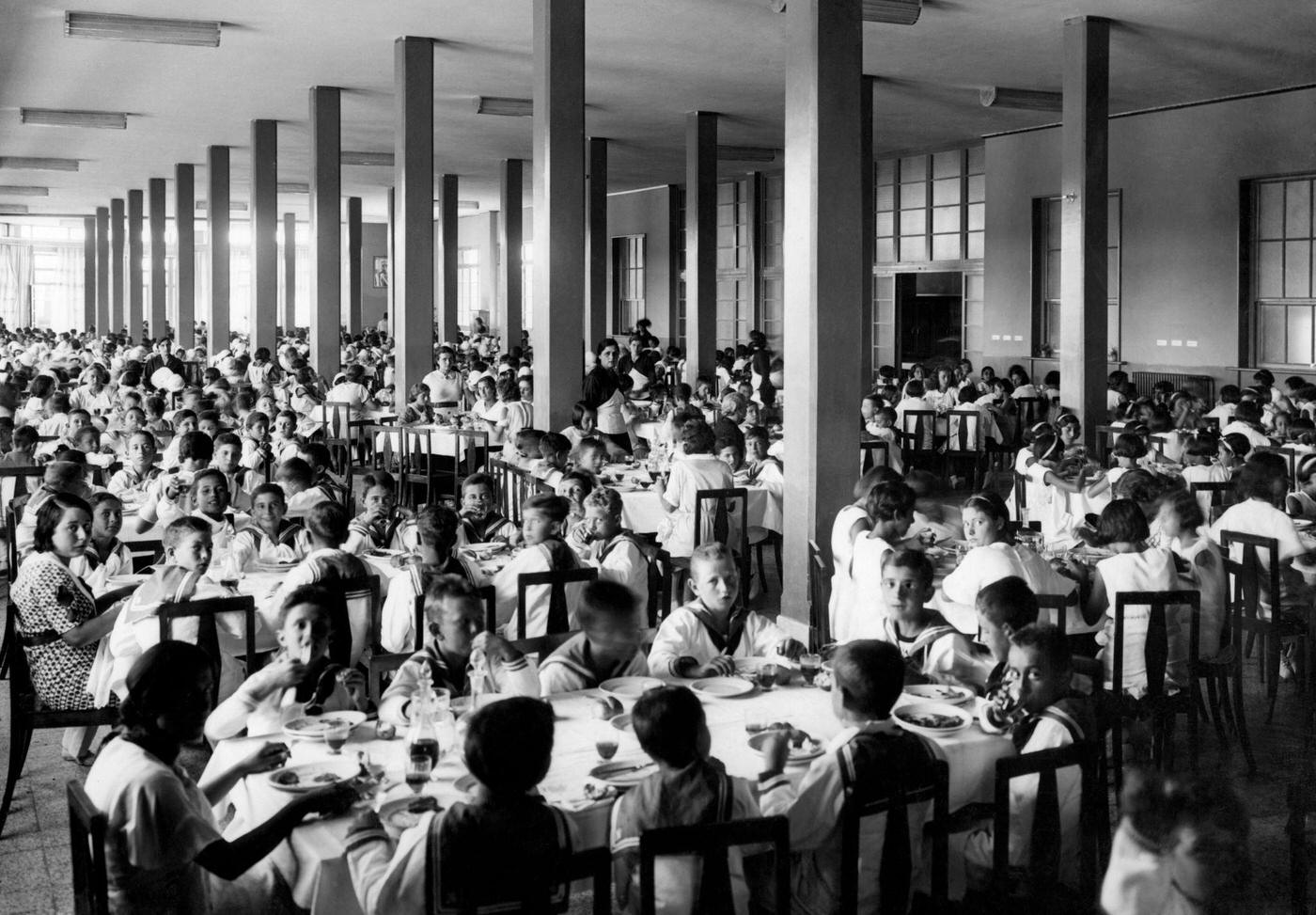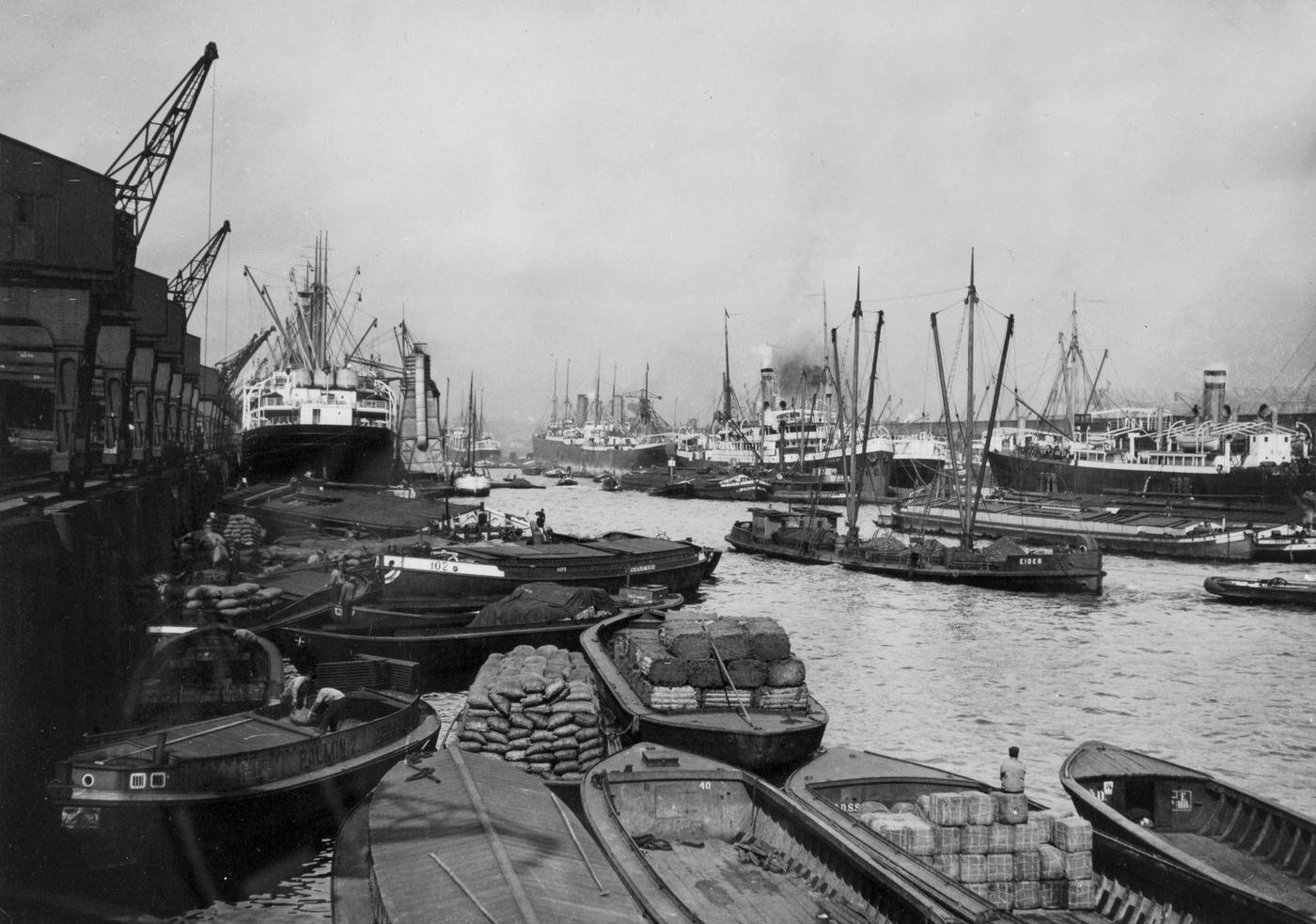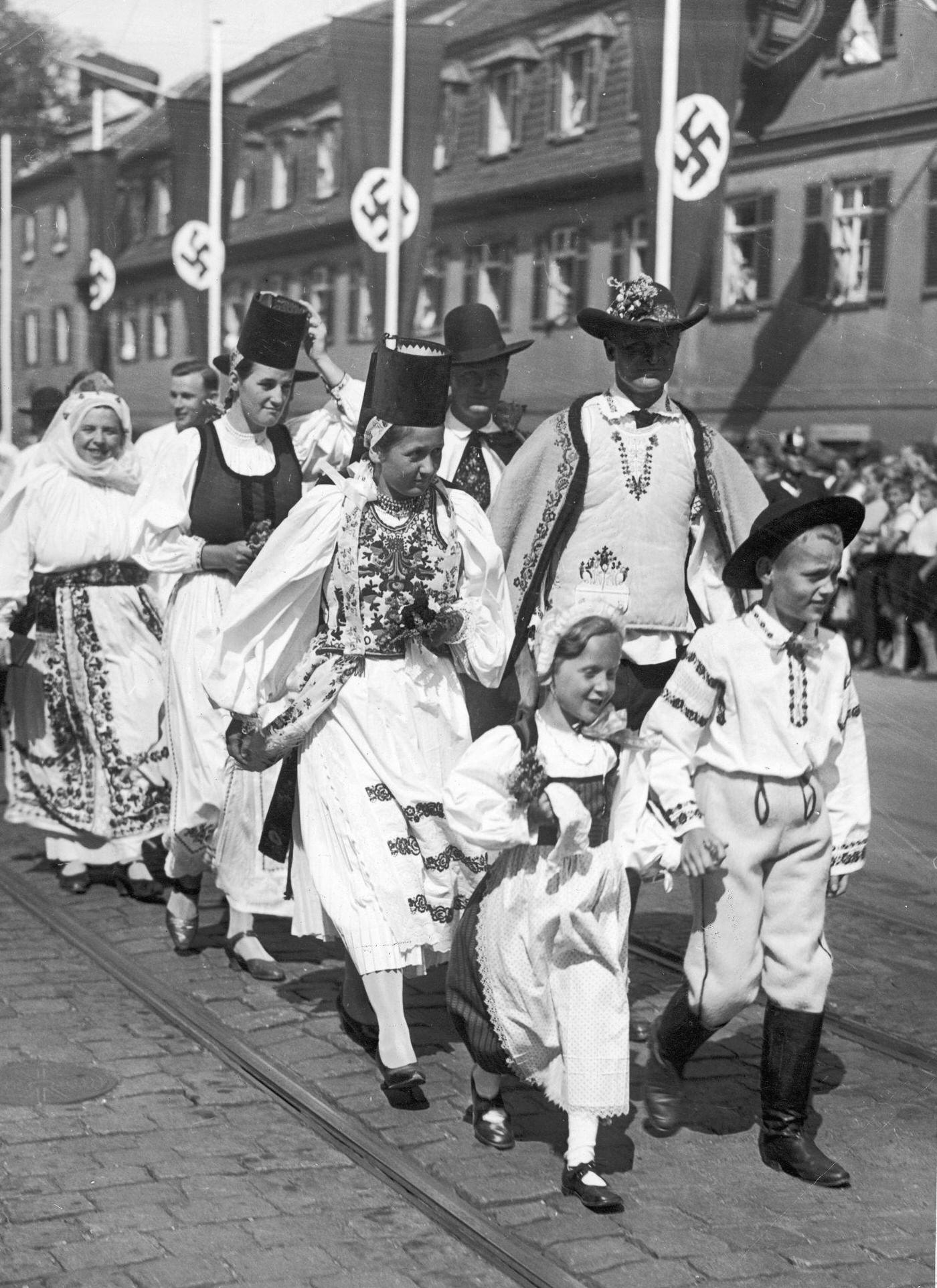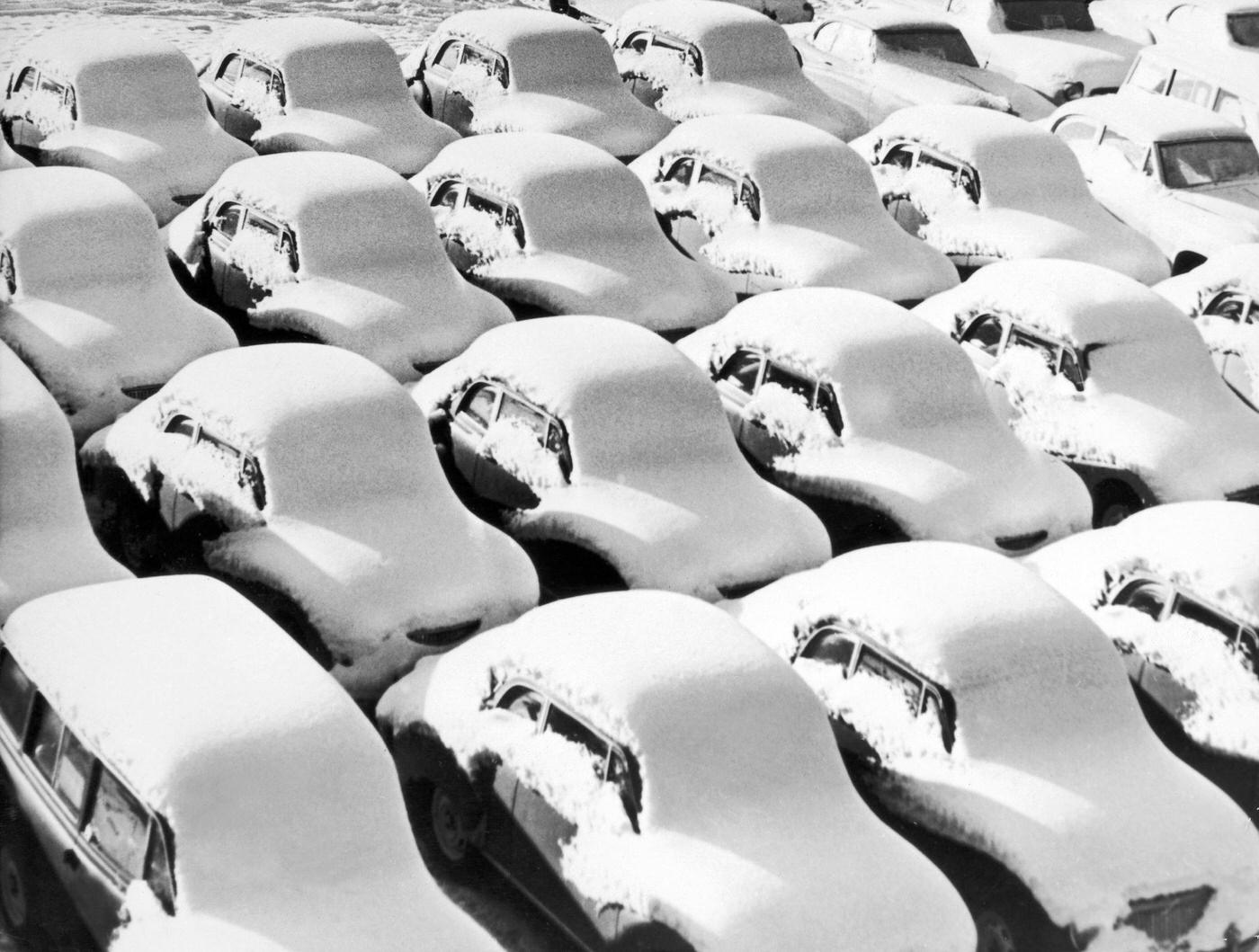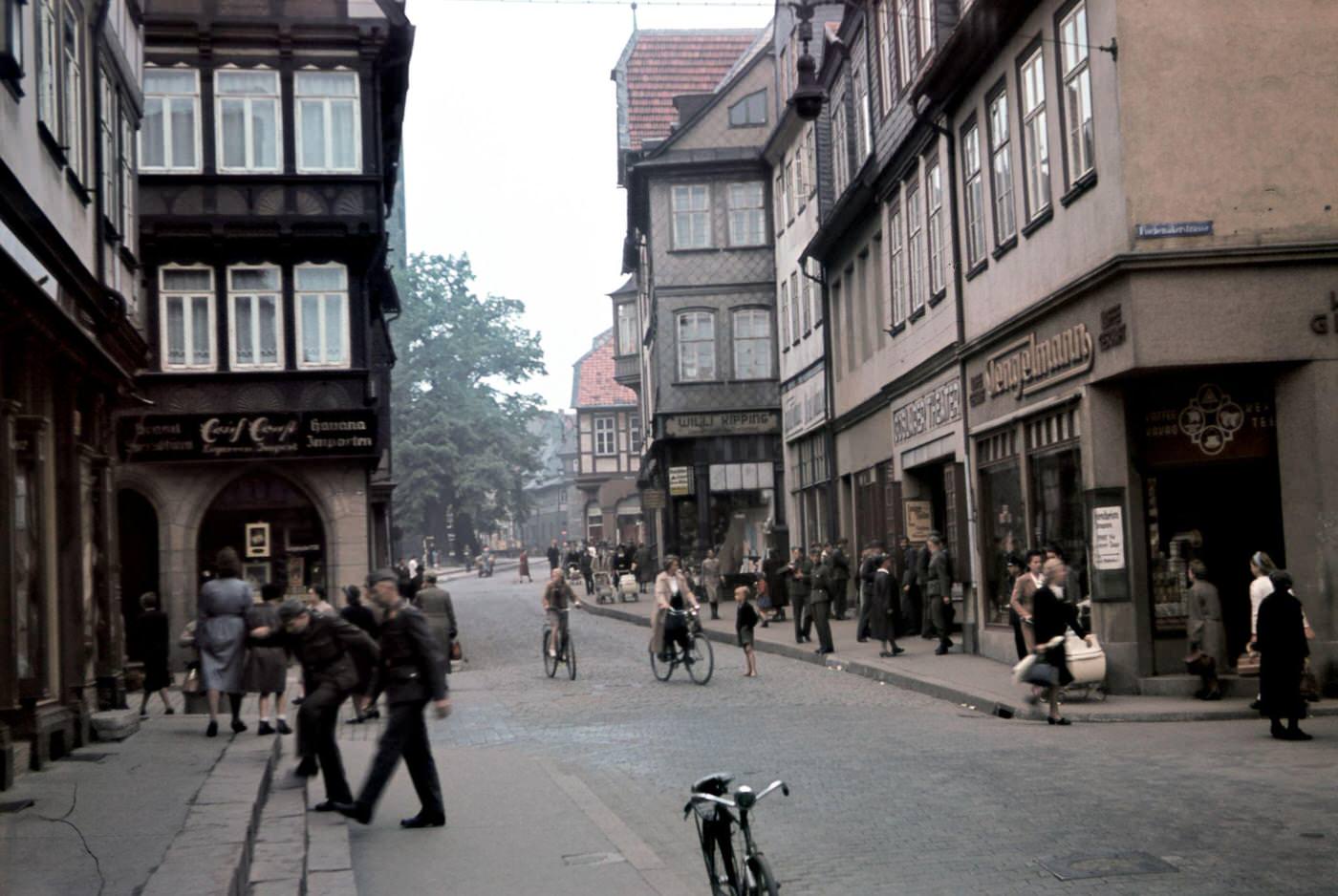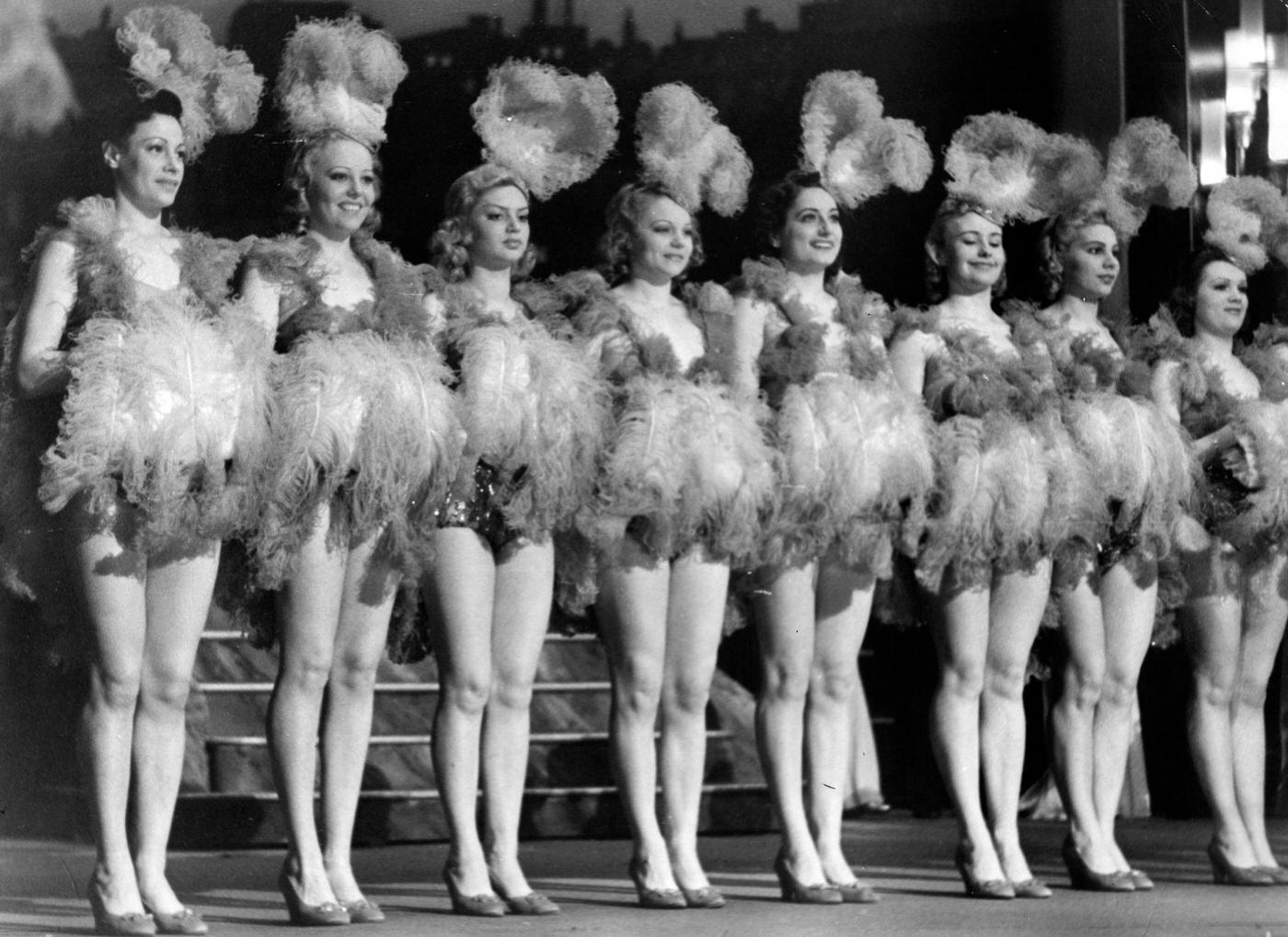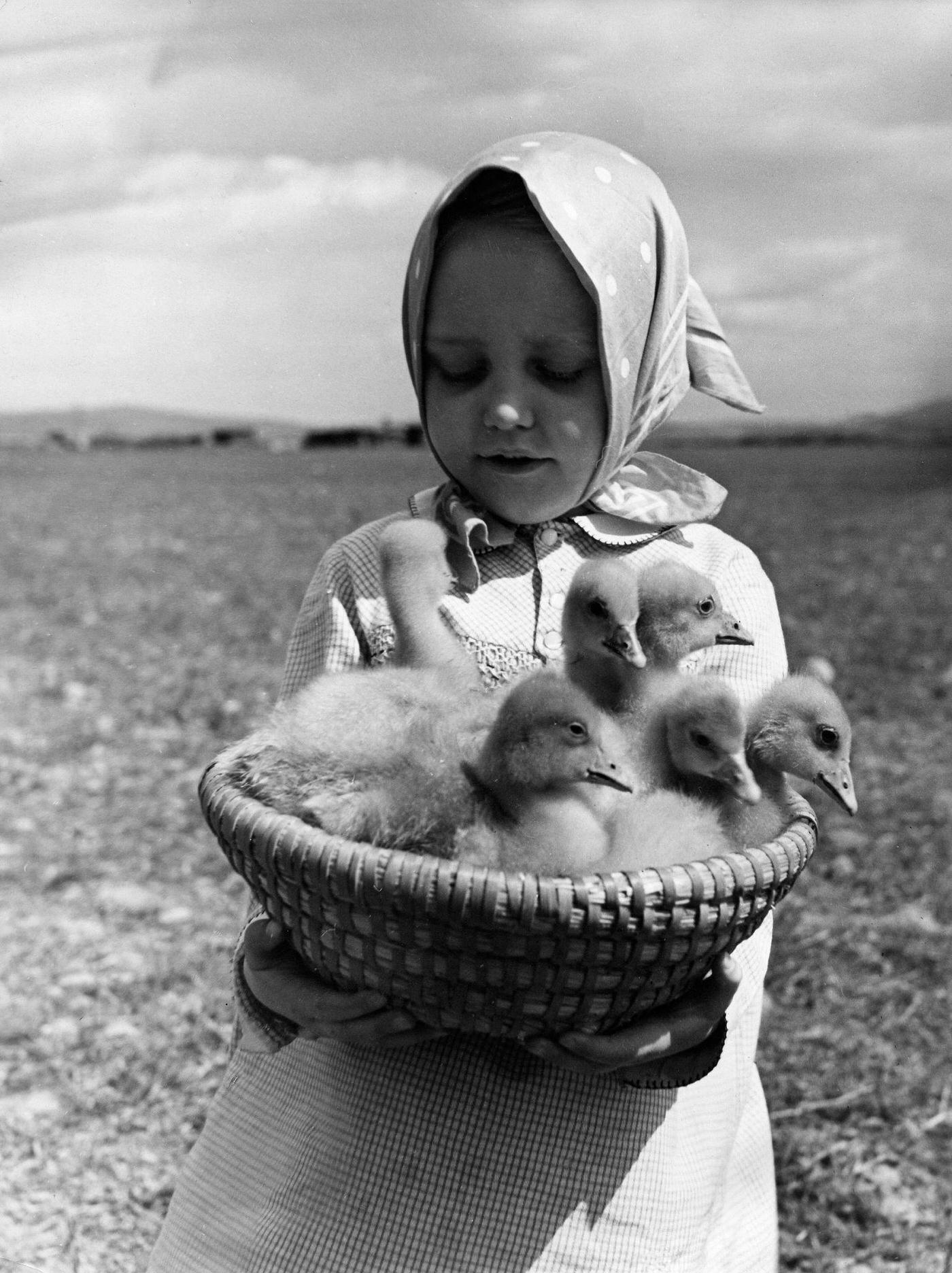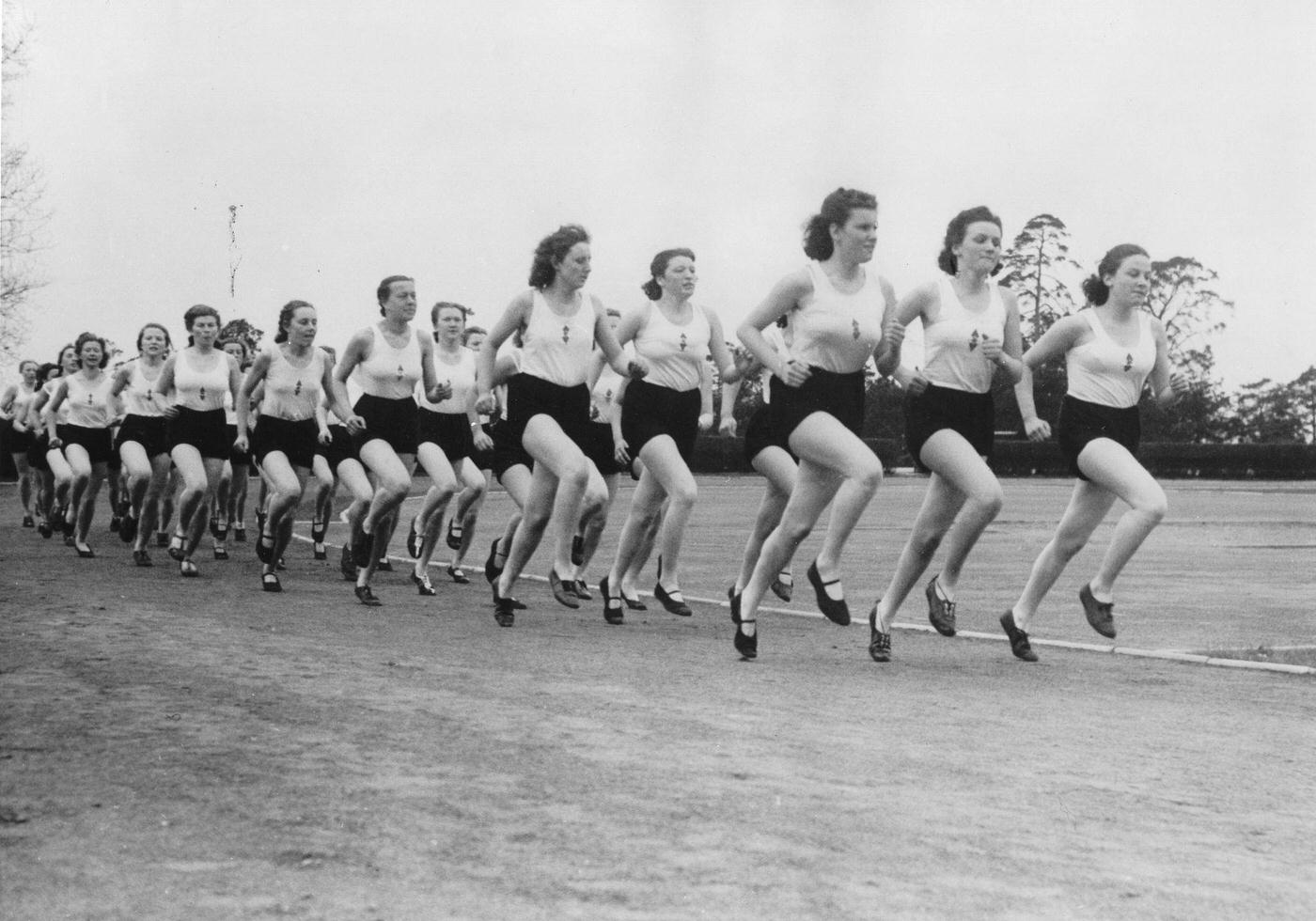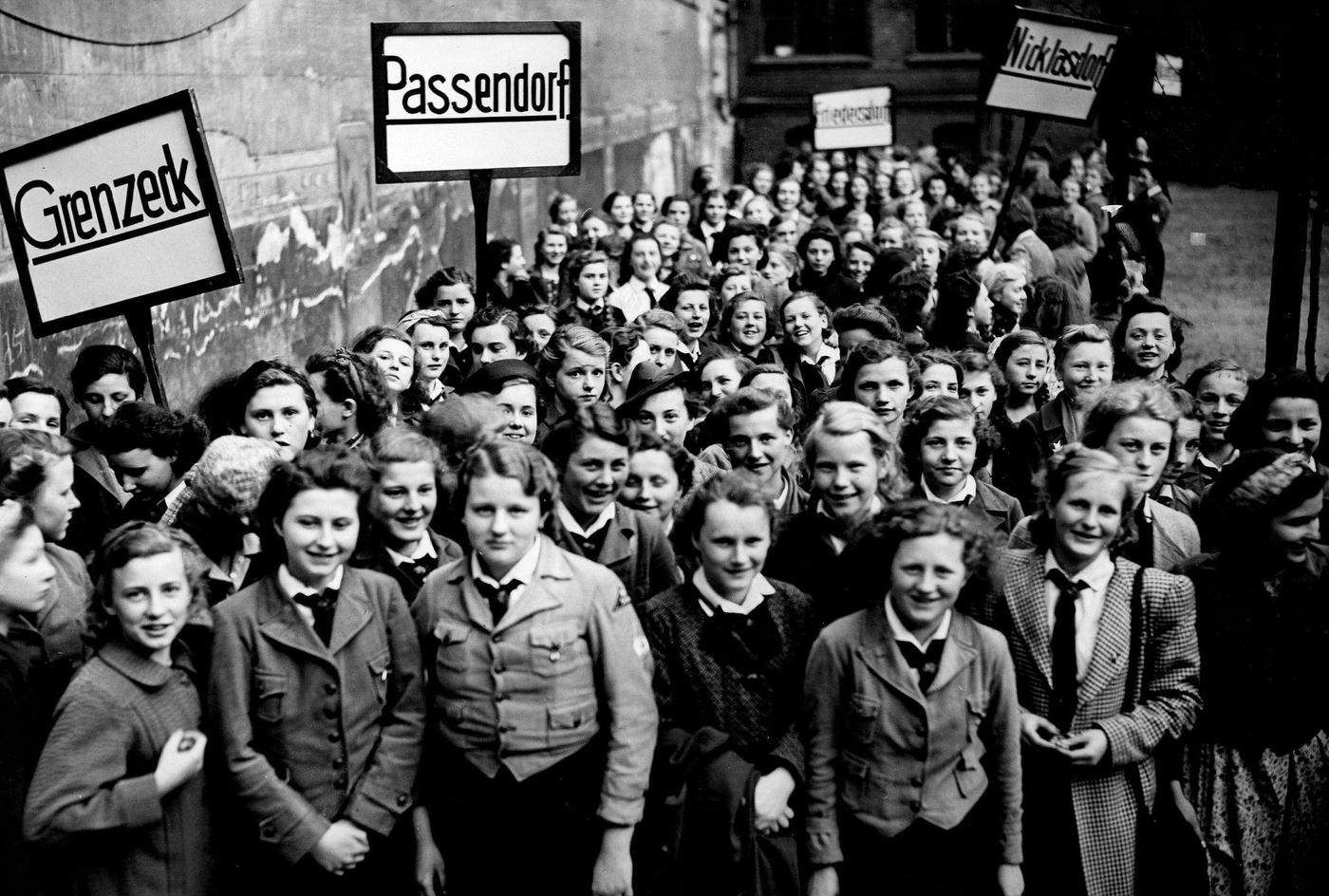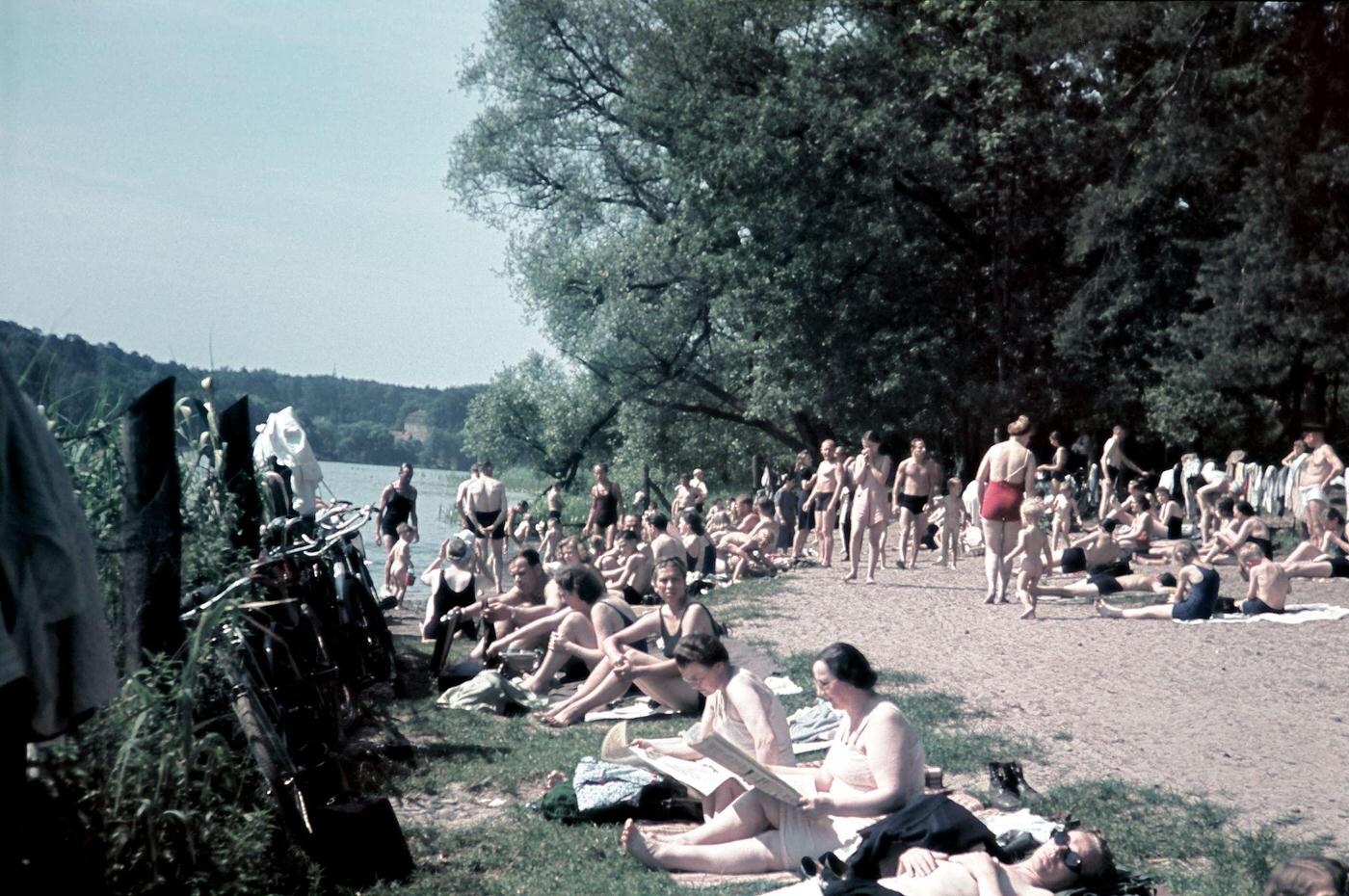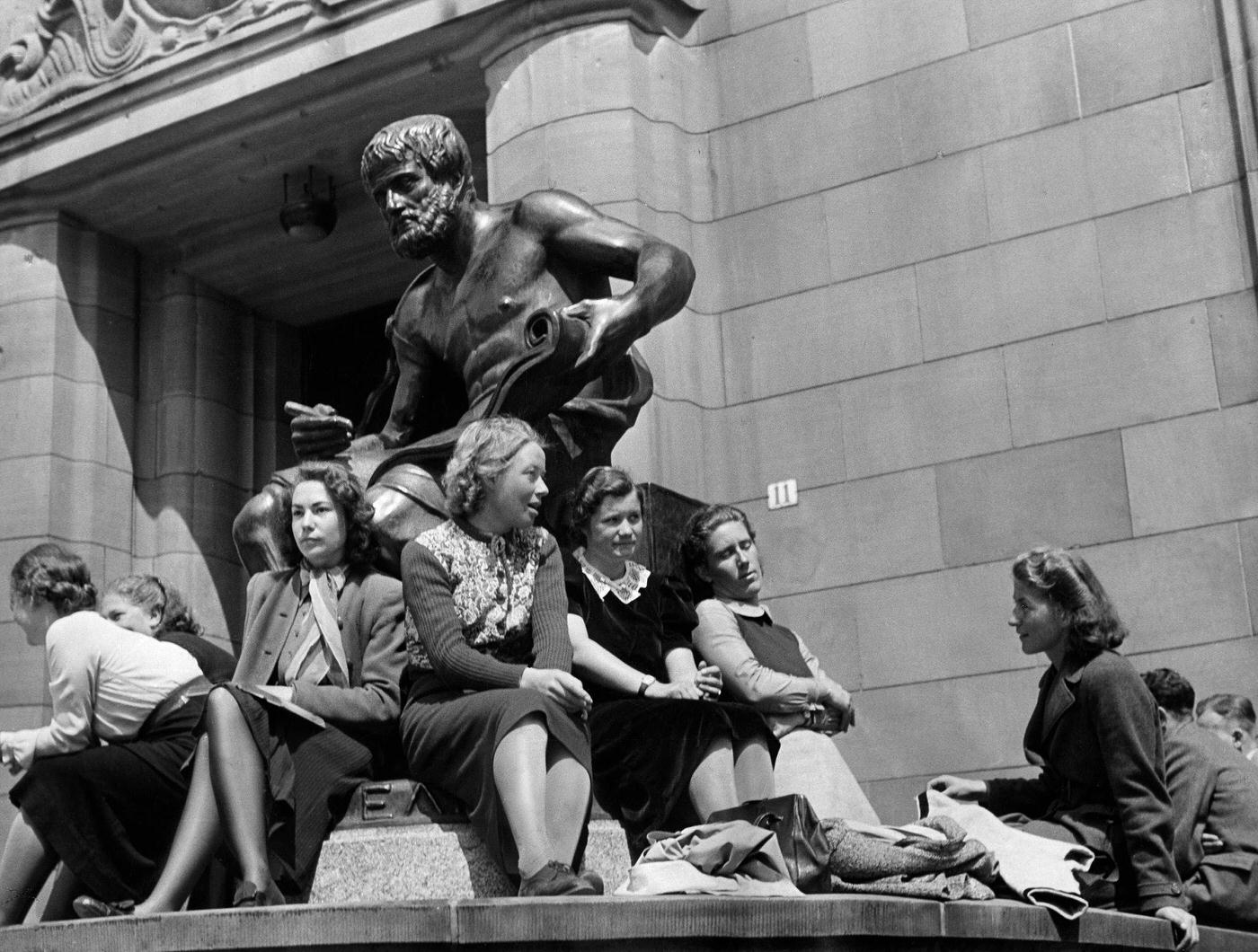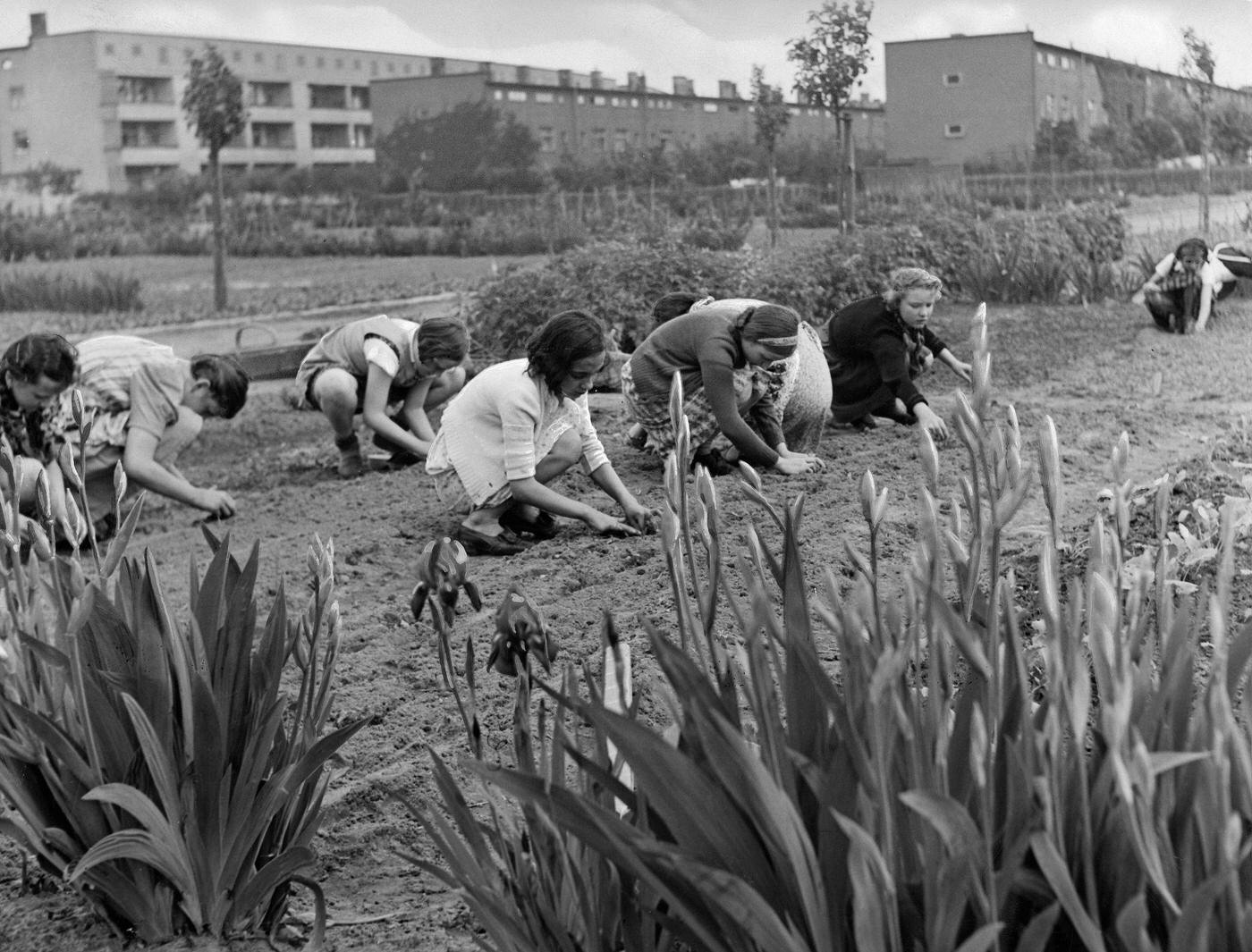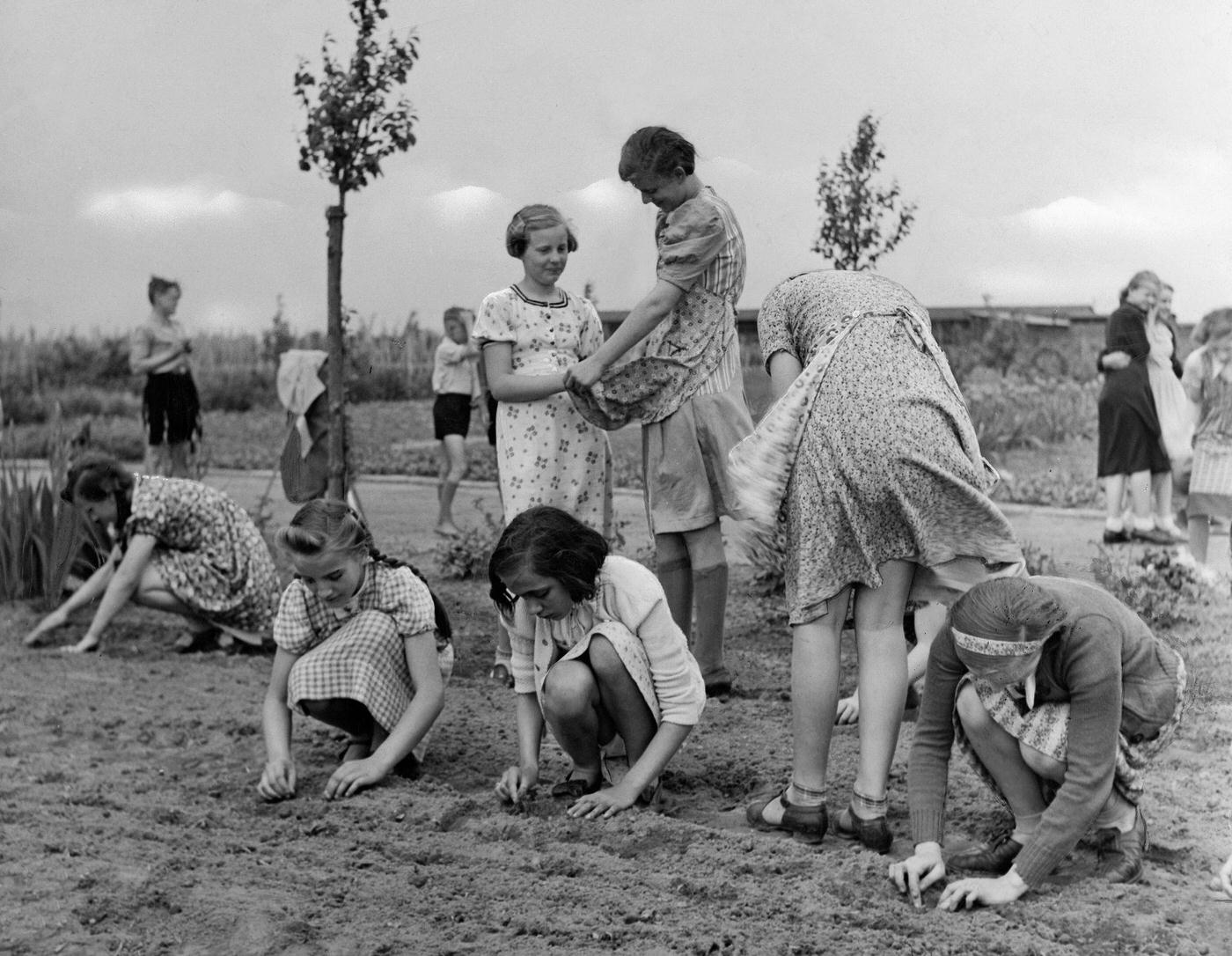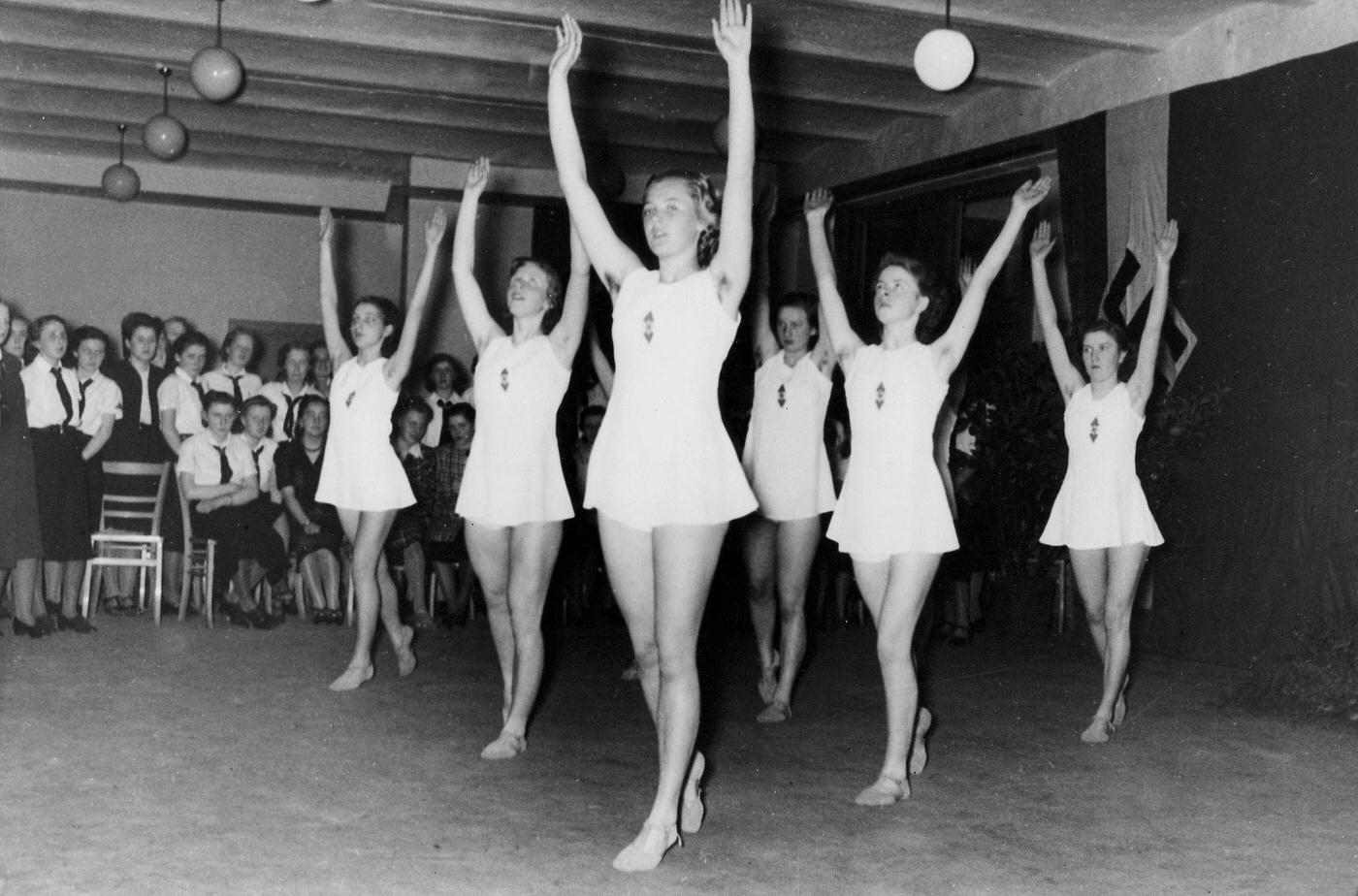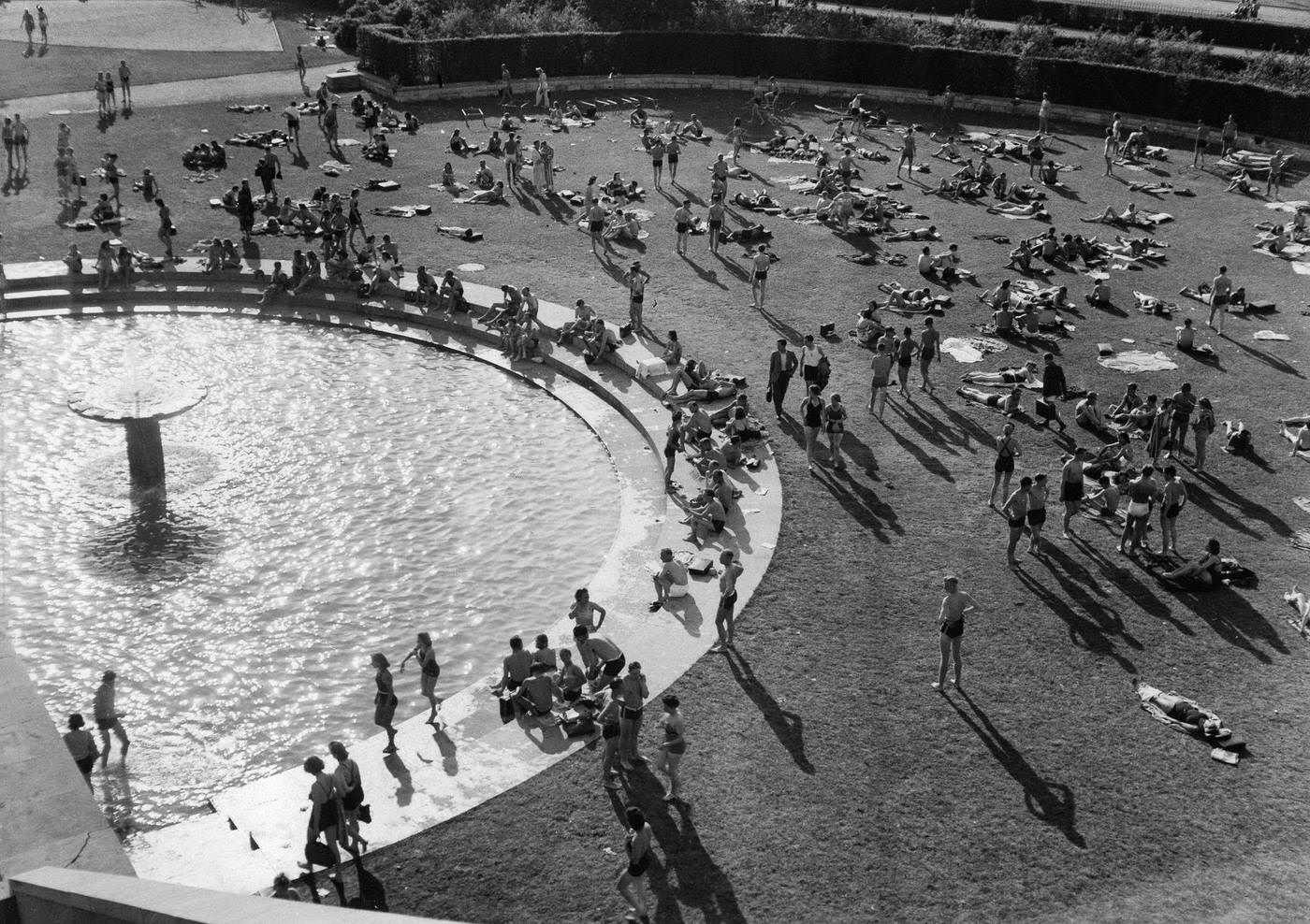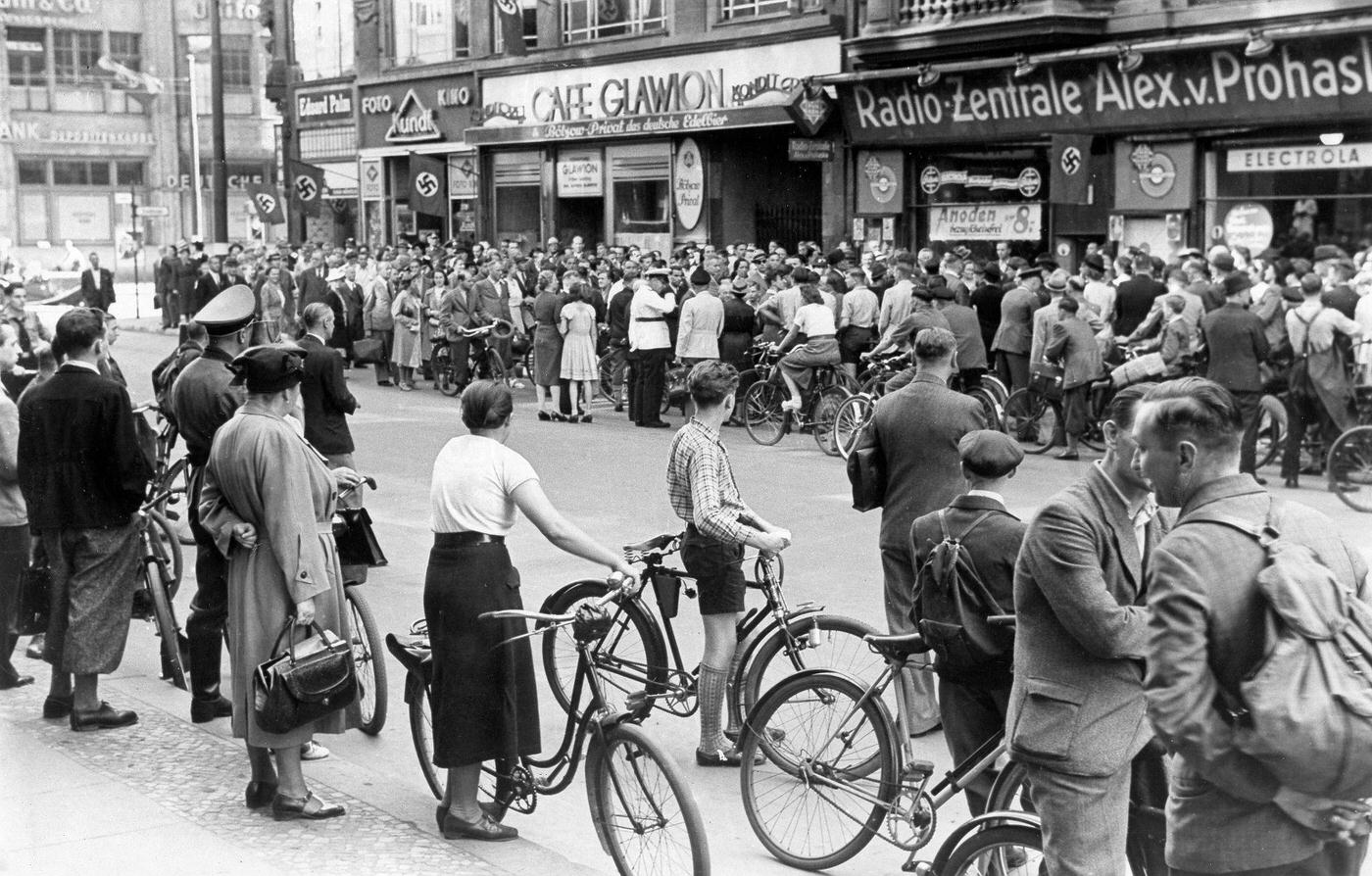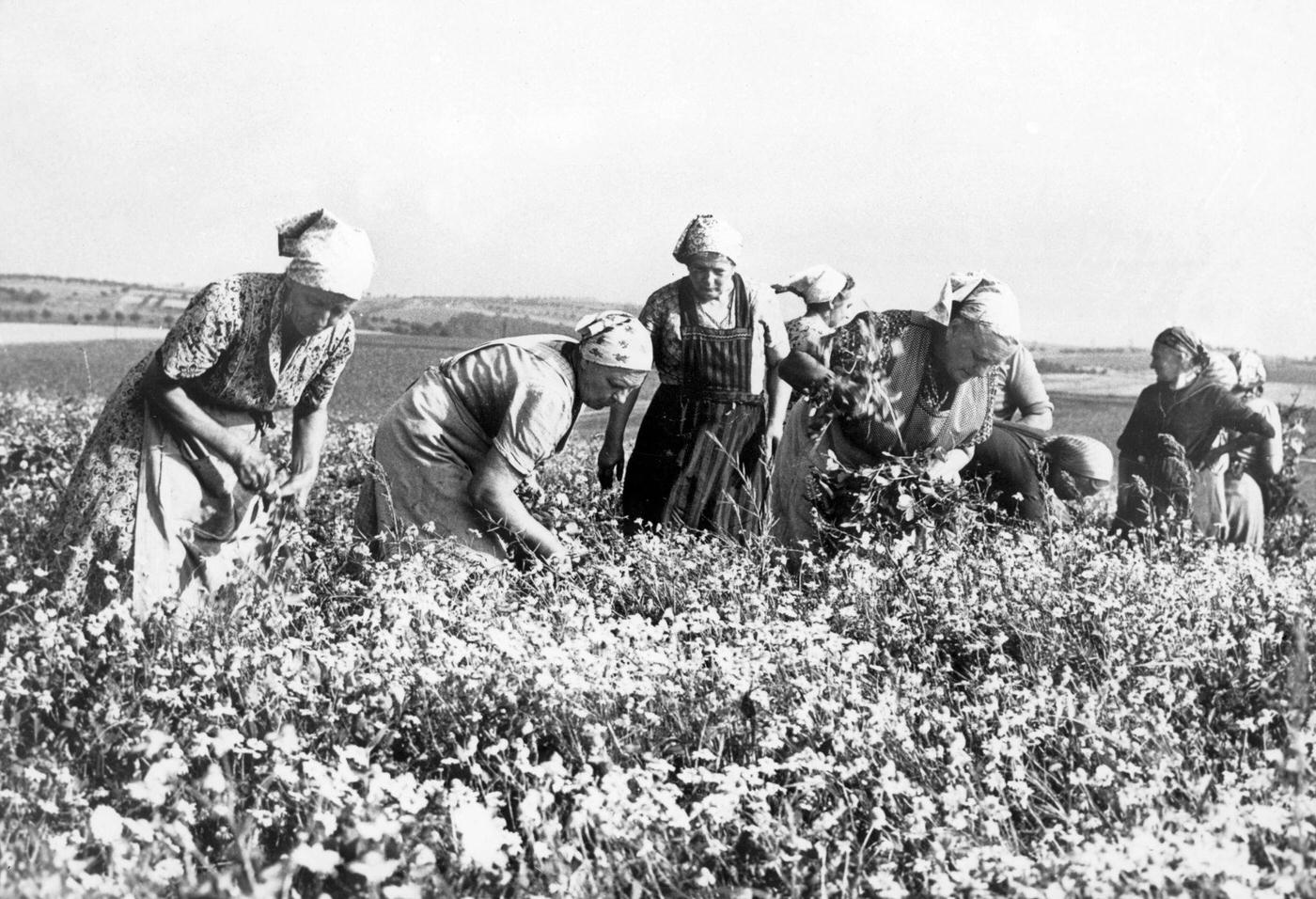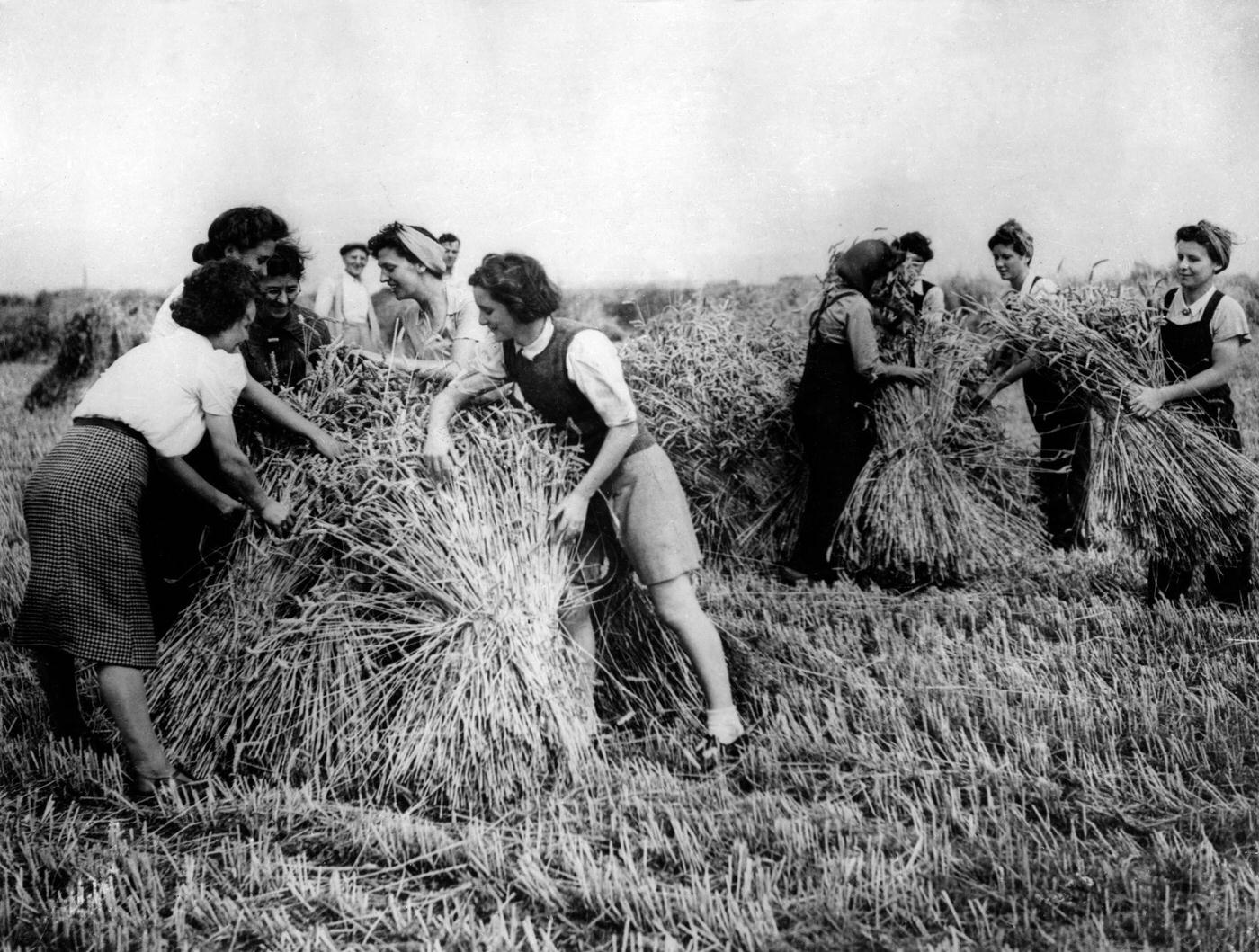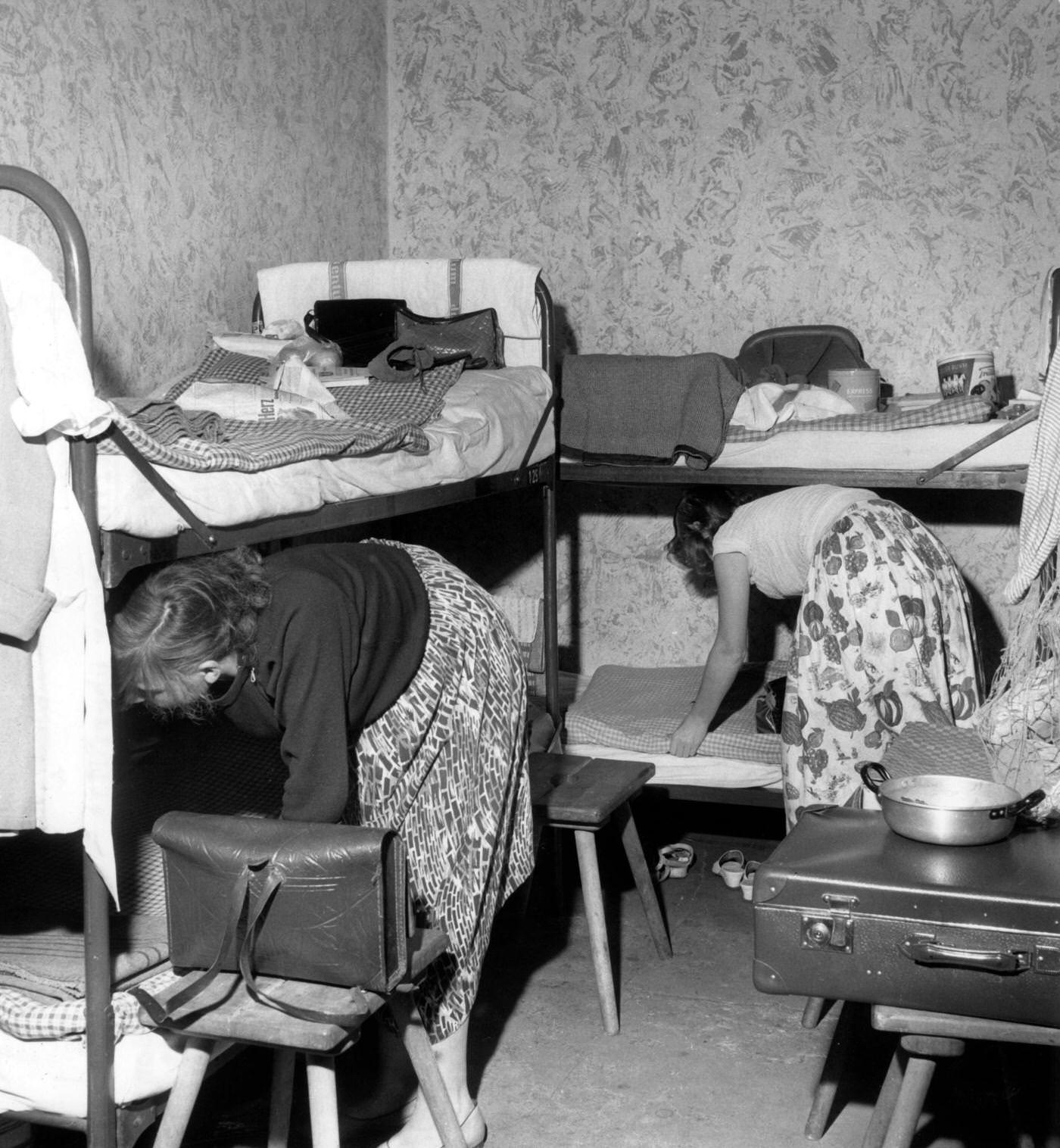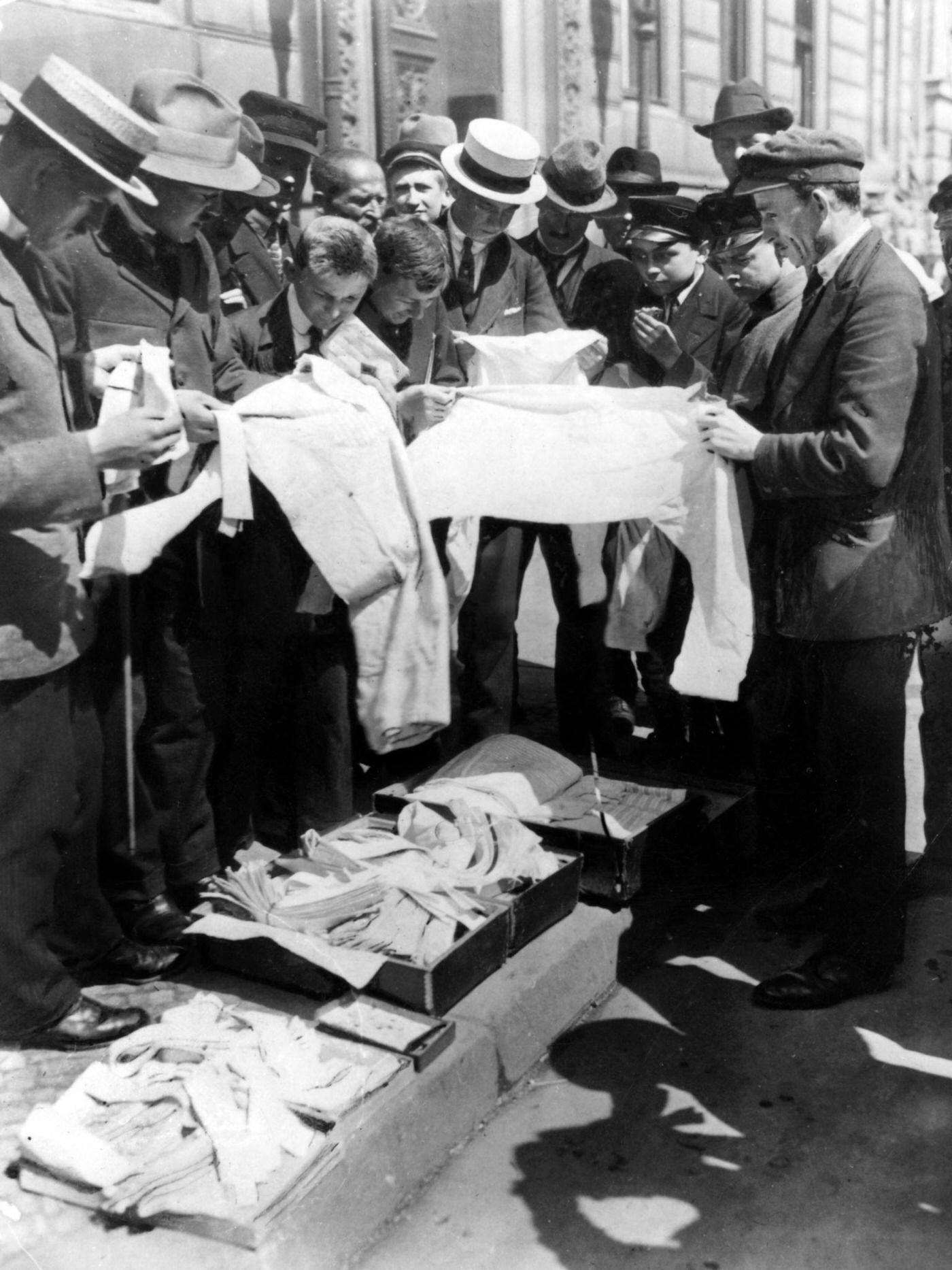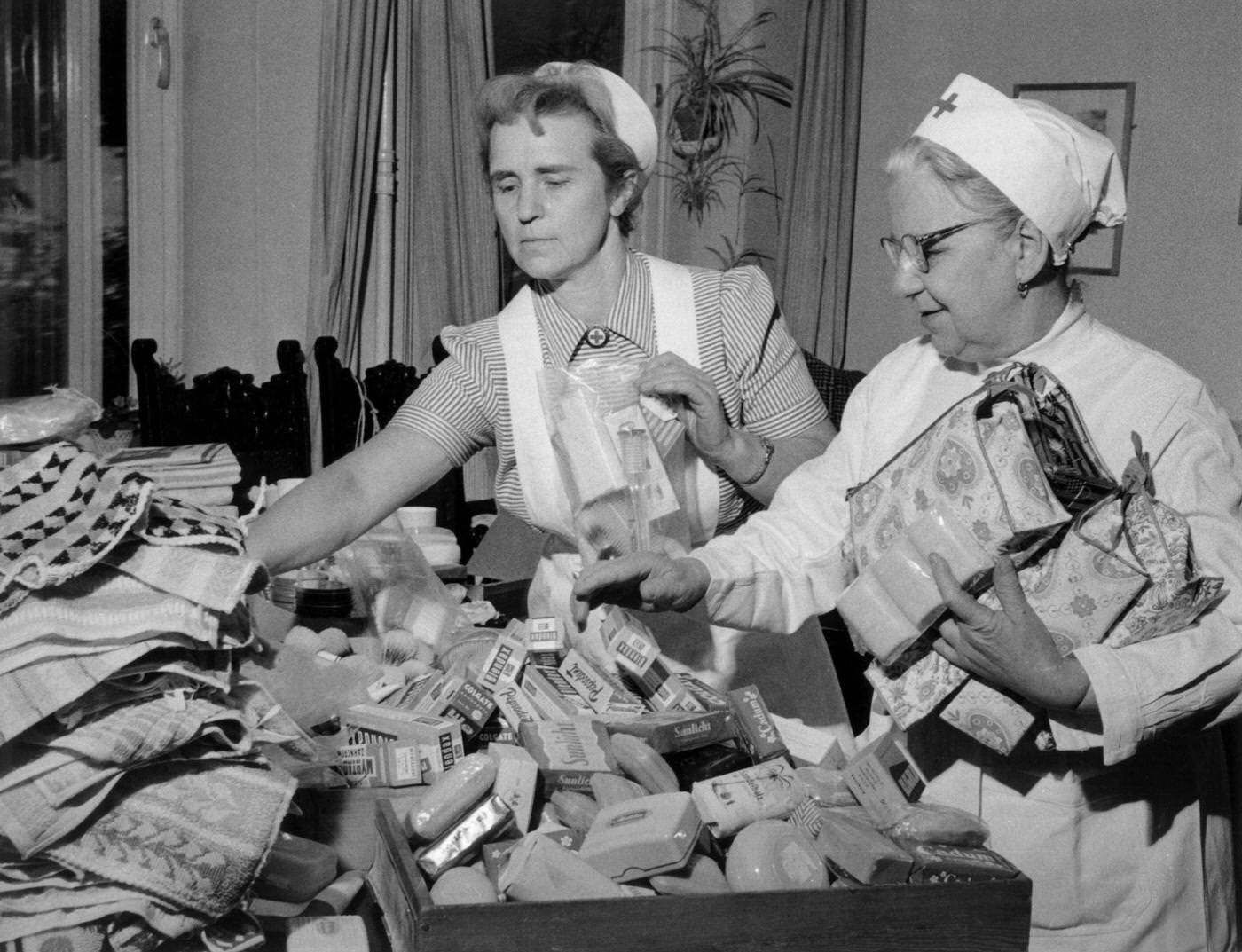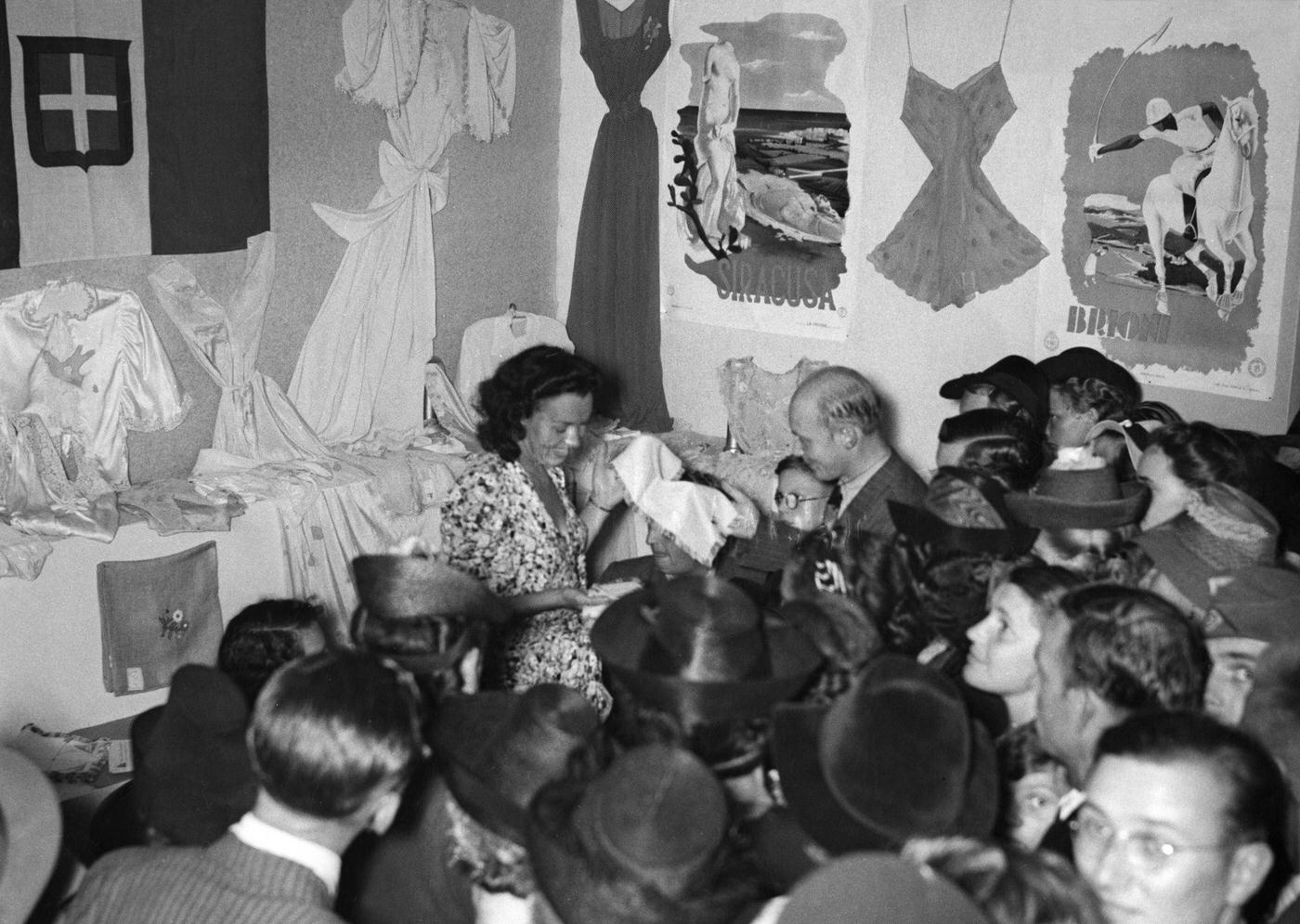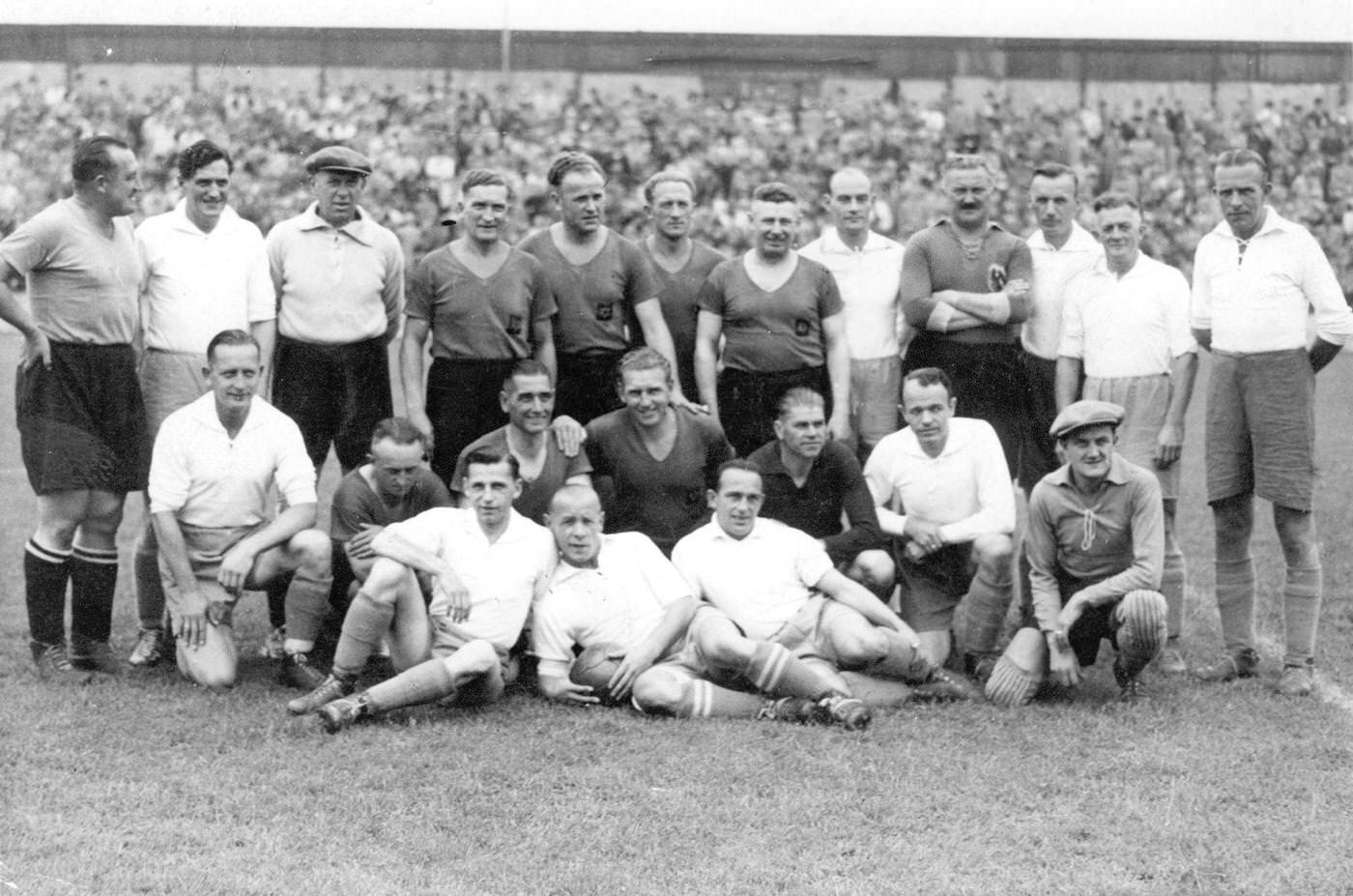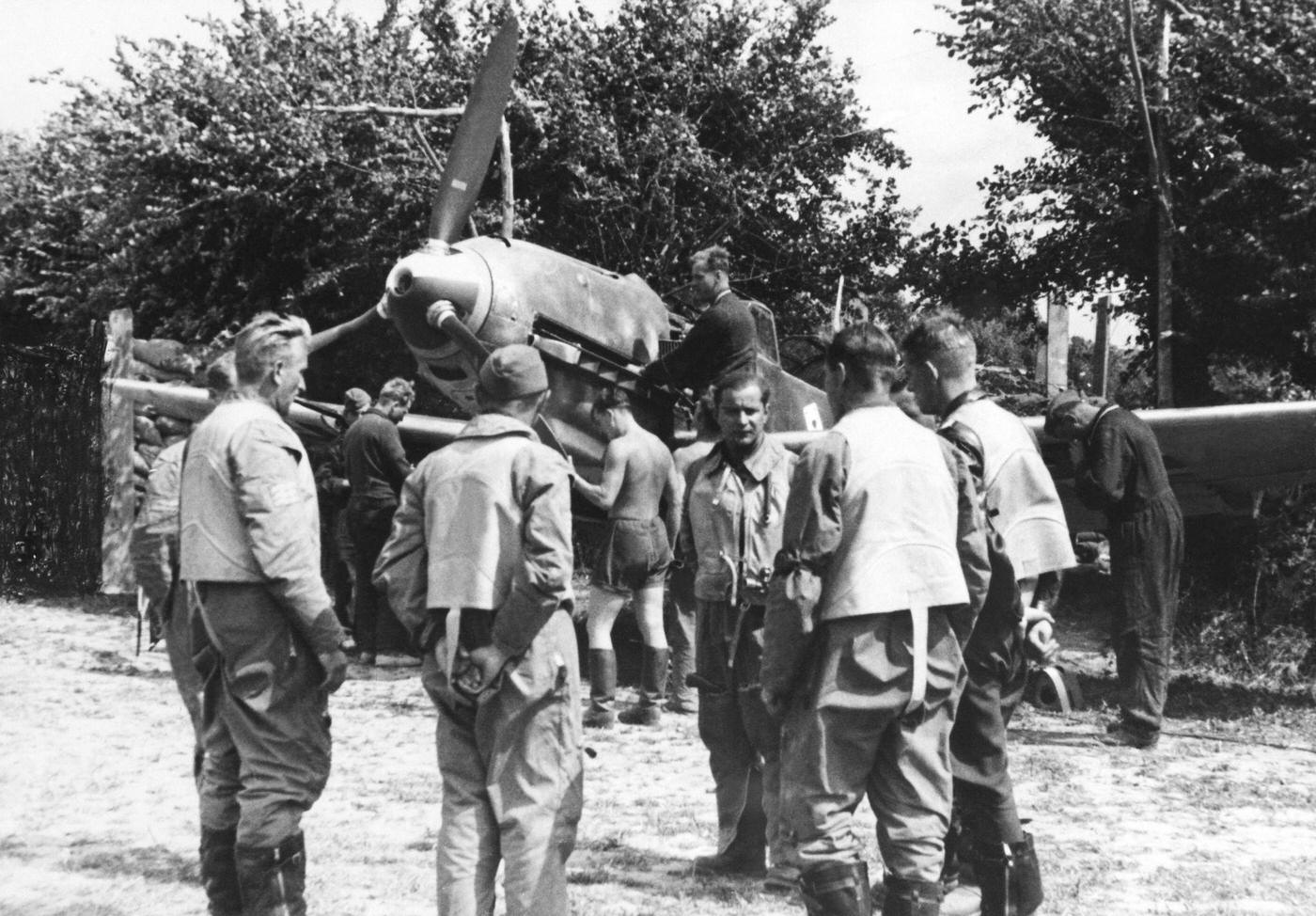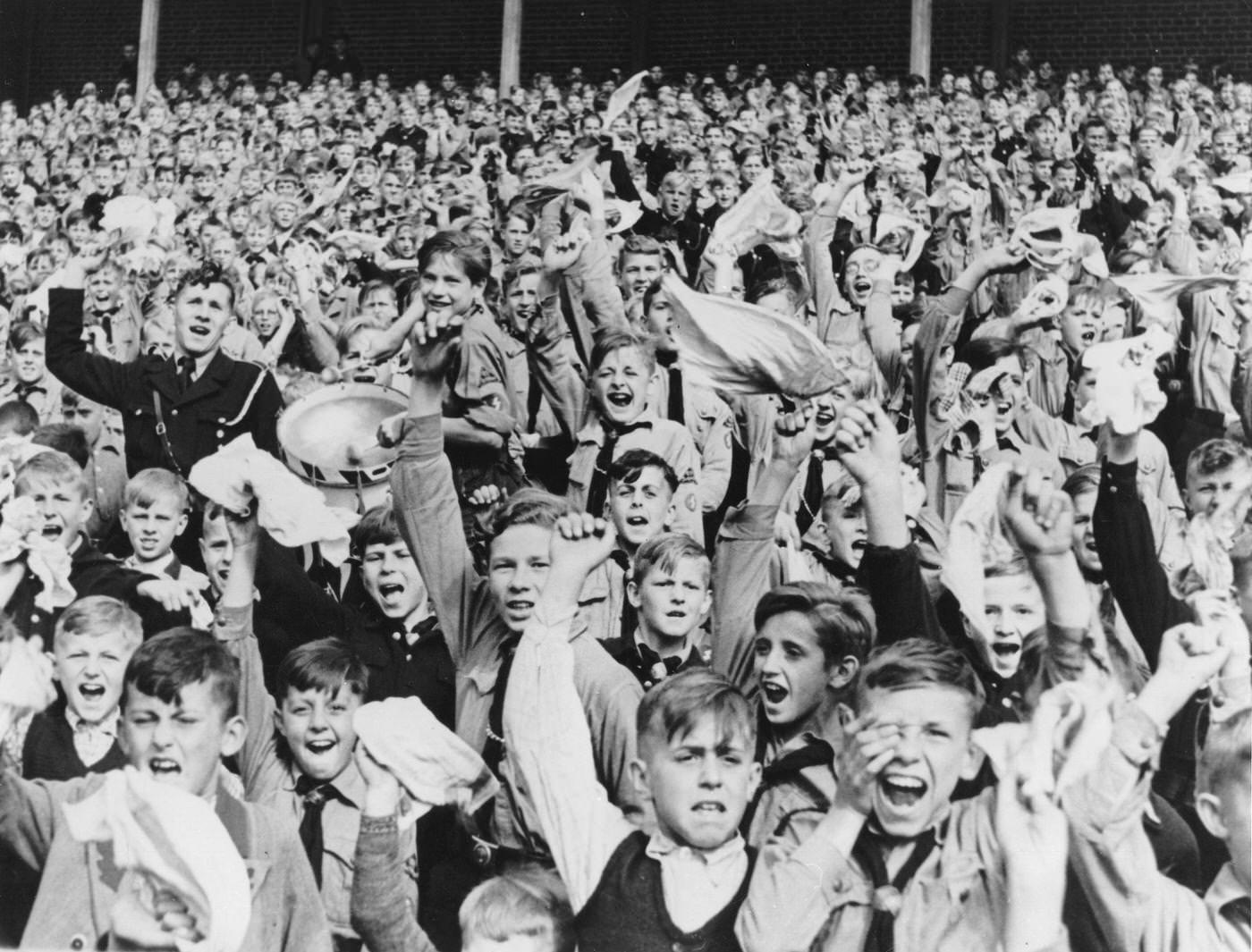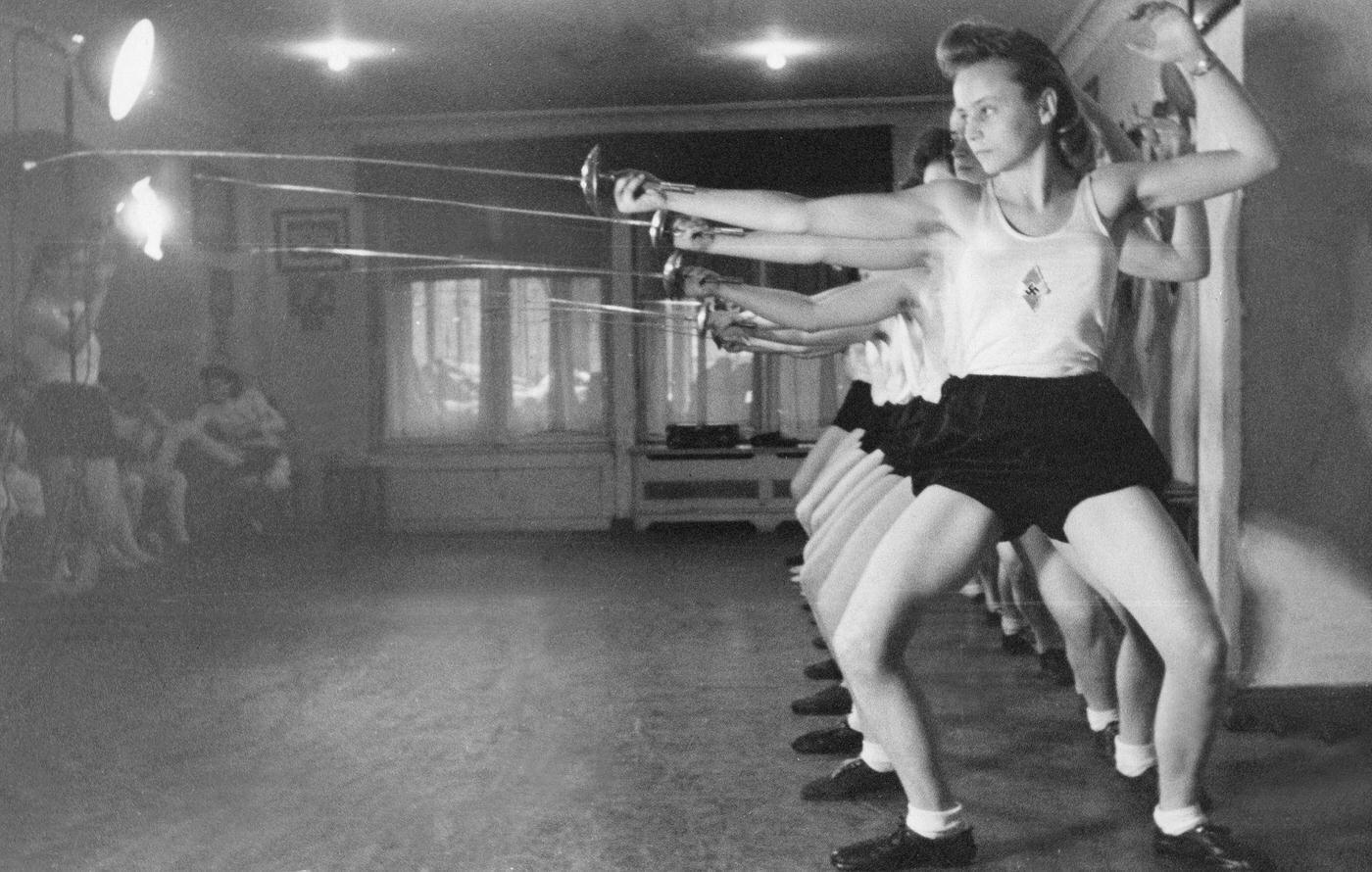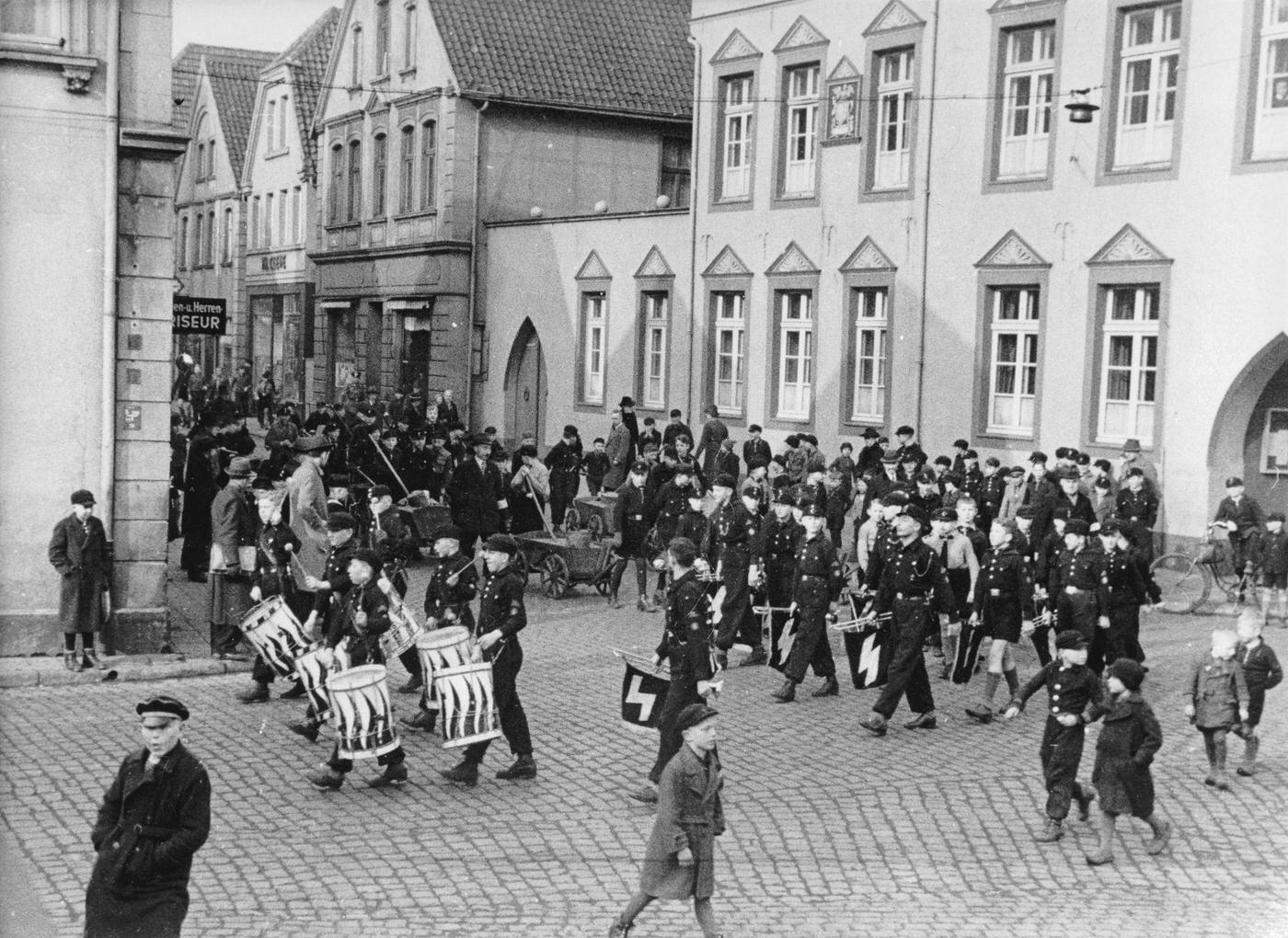World War II, an event that engulfed the world, transforming landscapes and lives forever, is a period we often view through the lens of the battlefield. But what was life like away from the front lines, for ordinary German citizens, as their nation was locked in a global conflict? Let’s rewind to the early stages of the war and explore the everyday experiences of the German people.
Relative Comfort: The Early War Years
One of the immediate benefits to Germany from its plundering activities was the bolstering of its economy and war effort. Occupied countries were systematically exploited, with their raw materials, industrial machinery, and manufactured goods confiscated and transported back to Germany.
Steel, coal, machinery, foodstuffs, and even livestock were seized, helping to alleviate some of the shortages caused by the Allied blockade. These resources supported German industries, keeping factories running and workers employed, all while feeding the war machine that was expanding across Europe.
Despite Germany being at the epicenter of the conflict, life for most Germans during the early stages of the war remained reasonably comfortable. True, the British blockade resulted in some shortages, particularly in commodities like oil, rare metals, and certain food items. General building materials were also hard to come by, being diverted for war purposes.
However, thanks to the Molotov-Ribbentrop Pact (commonly known as the Nazi-Soviet Pact) in 1939, Germany received regular shipments of raw materials from the Soviet Union, somewhat alleviating the shortage. In addition, the policy of ruthless plundering in occupied territories provided Germany with an influx of resources, ranging from military hardware to foodstuffs. From manufactured goods to railway stock and livestock, the Nazis seized whatever they could to support their war effort.
Thus, while there were some inconveniences and shortages, the situation was far from dire for most Germans during the initial years of the war.
Art and Cultural Appropriation
Germany’s war plunder wasn’t limited to industrial resources and raw materials. The Nazis were infamously responsible for one of the most extensive art thefts in history. Artworks, precious artifacts, and cultural treasures were systematically stolen from museums, galleries, and private collections in occupied countries.
Many of these cultural treasures were displayed in German museums, contributing to a warped sense of national prestige and cultural superiority. Some were intended for Hitler’s planned ‘Führermuseum’, a grand museum project in Linz, Austria. Others ended up in the private collections of high-ranking Nazi officials, serving as symbols of their power and status.
Scientific and Technological Advancements
The confiscation of scientific equipment and the forced recruitment of scientists and engineers from occupied territories also brought some benefits to Germany. These skilled individuals were often forced to work on German projects, contributing to advancements in areas such as rocketry, engineering, and weaponry.
This brain drain from occupied countries and the influx of intellectual resources into Germany helped propel the nation’s scientific and technological capabilities during the war years.
Women in War: A Shift in Roles
With a large portion of men serving in the military, the role of women changed dramatically during the war years. Many women were called into work in factories, farms, and other areas to keep the home front running. It was a time of significant change, with women stepping into roles traditionally held by men, contributing directly to the war effort, and maintaining family life amid increasing adversity.
The Turning Point: The Invasion of the Soviet Union
The balance began to shift with the Nazi invasion of the Soviet Union in June 1941. This marked a turning point, not just in the war itself, but also in the everyday lives of the German people.
The steady supply of raw materials that had been flowing from the Soviet Union came to a halt, leading to increased shortages. While the Nazis planned to compensate for this by plundering the Soviet Union, they soon faced a significant obstacle. The retreating Soviet forces adopted a ruthless ‘scorched earth’ policy, destroying any resources they could not carry away with them.
This effectively left the German forces with little to seize, and there was a noticeable delay before they could arrange large-scale plundering of the Soviet territories. This delay, coupled with the cessation of supplies from the Soviet Union, caused life in Germany to start deteriorating.
With this shift, the relative comfort that Germans had enjoyed in the early stages of the war began to recede. The blockade, the halt in Soviet supplies, and the onset of relentless bombing campaigns by the Allies, all contributed to make life increasingly difficult for the German population as the war progressed.
Here are some fascinating vintage photos that show life in Germany during the early years of WWII.


